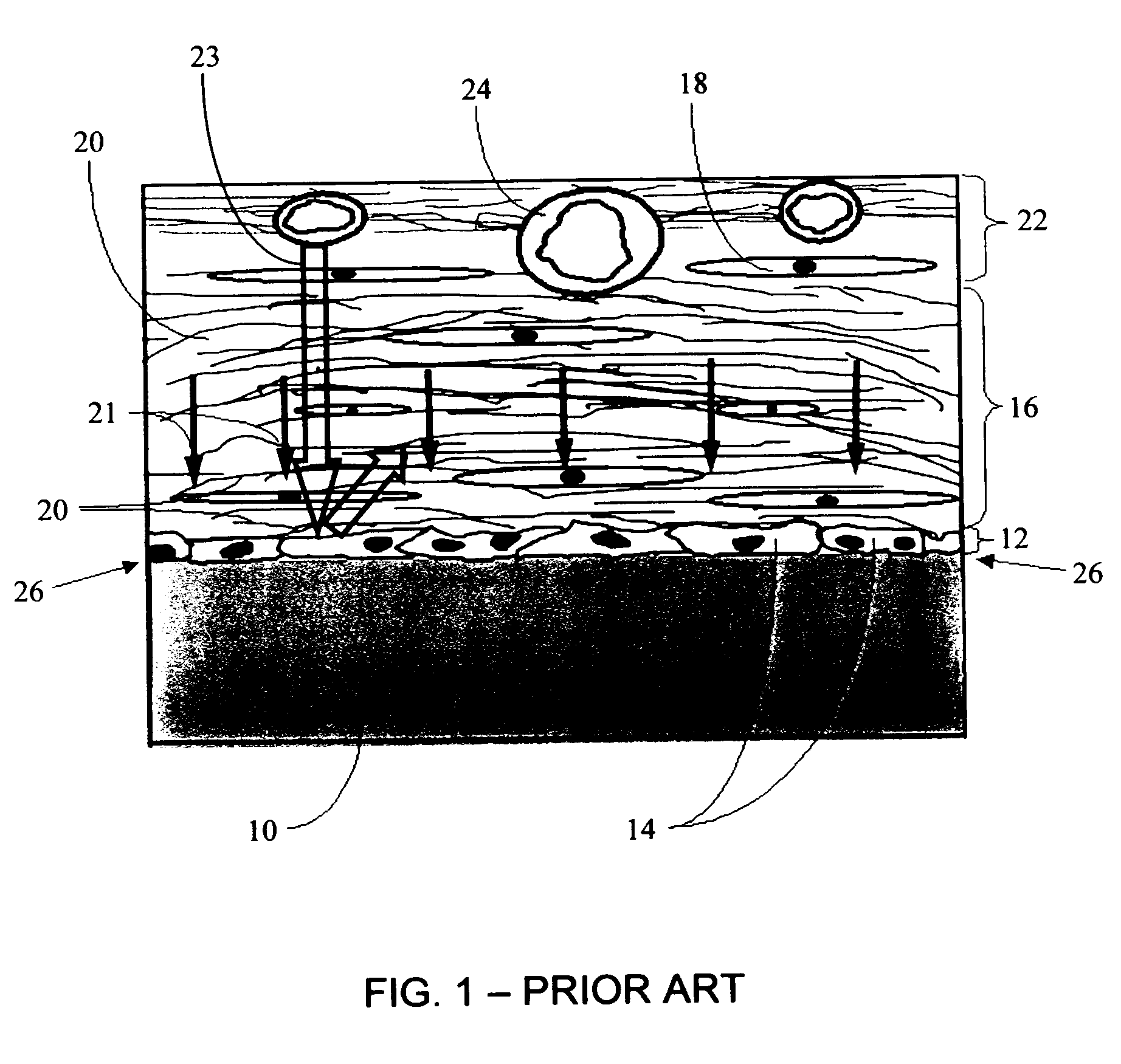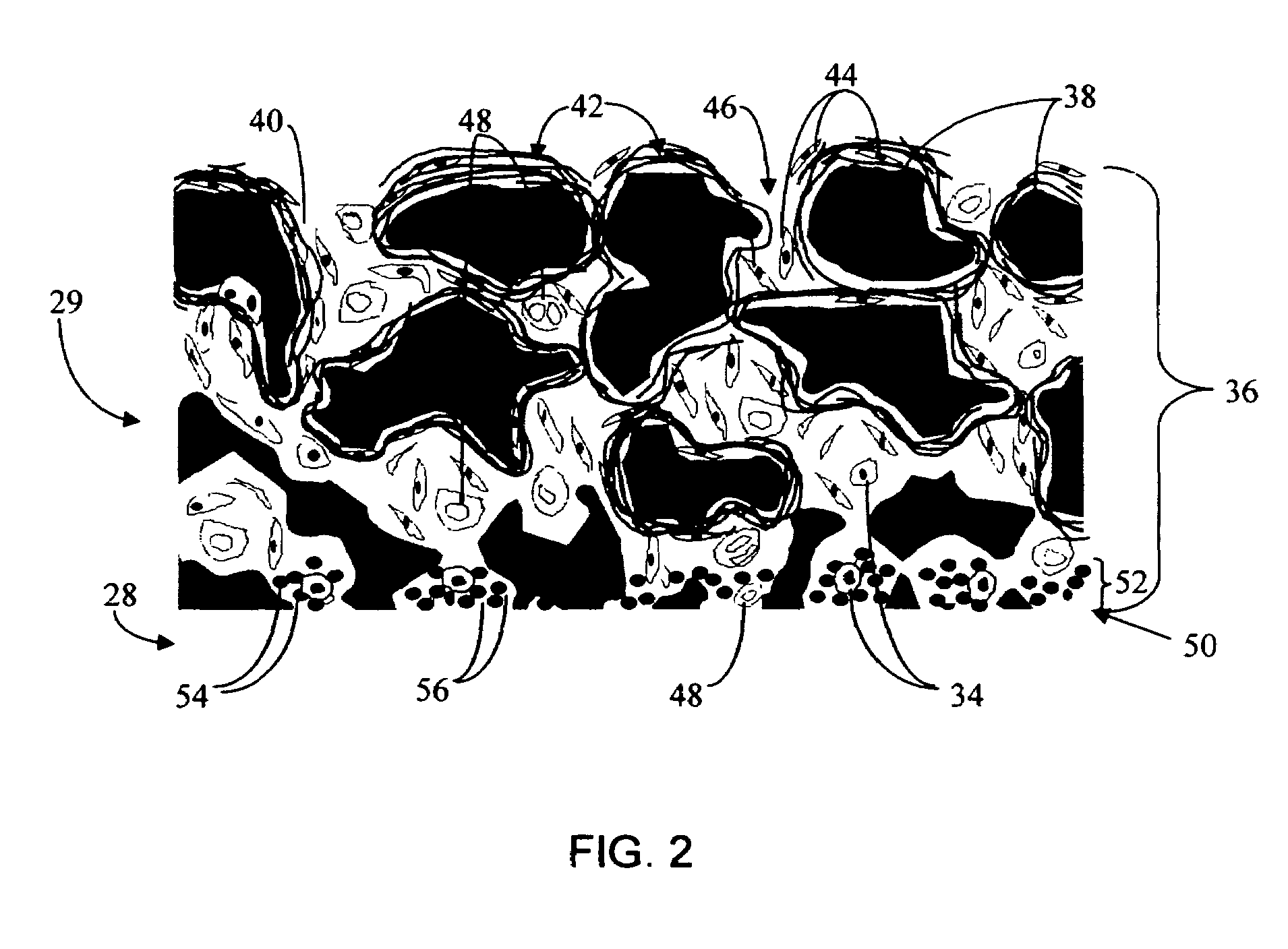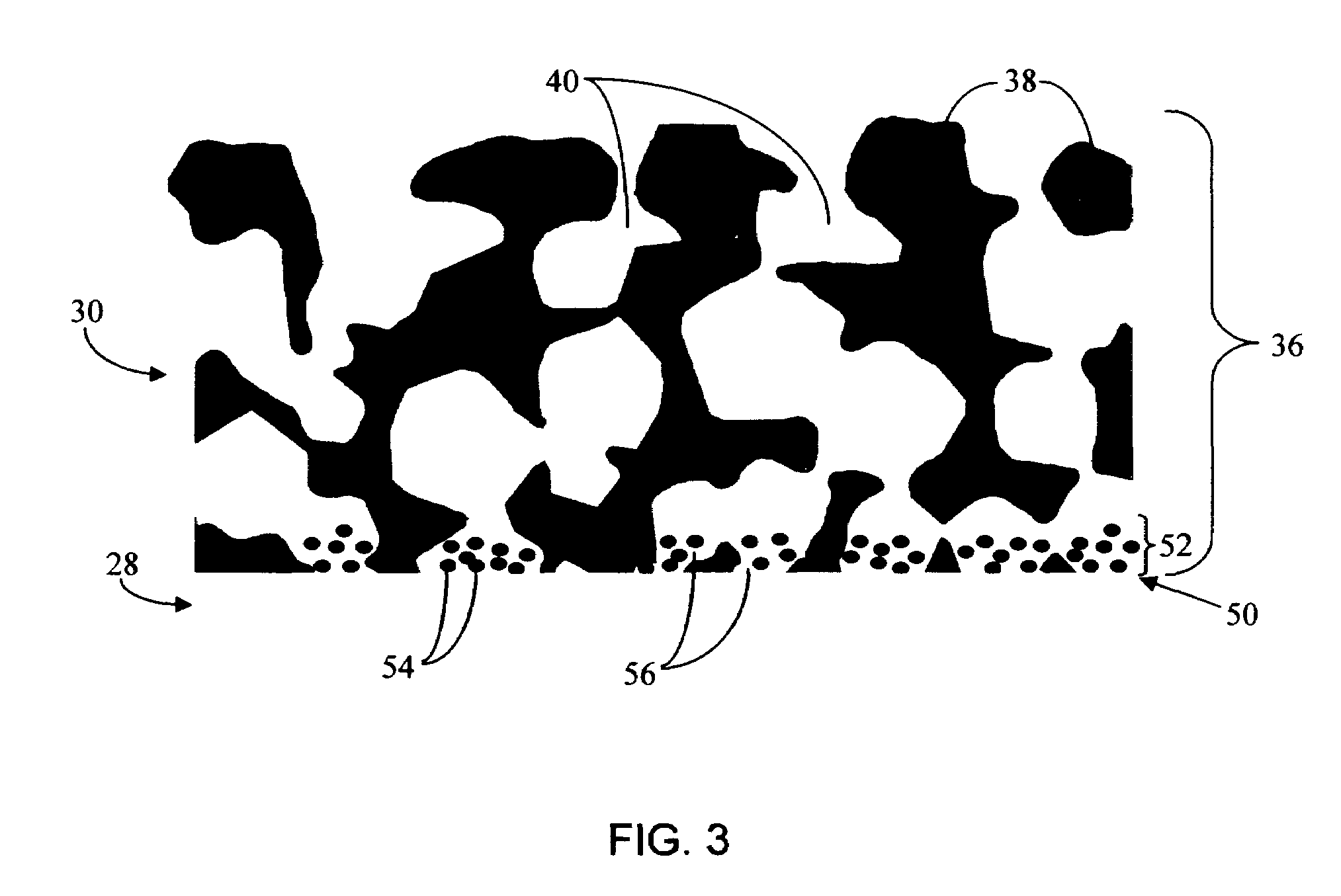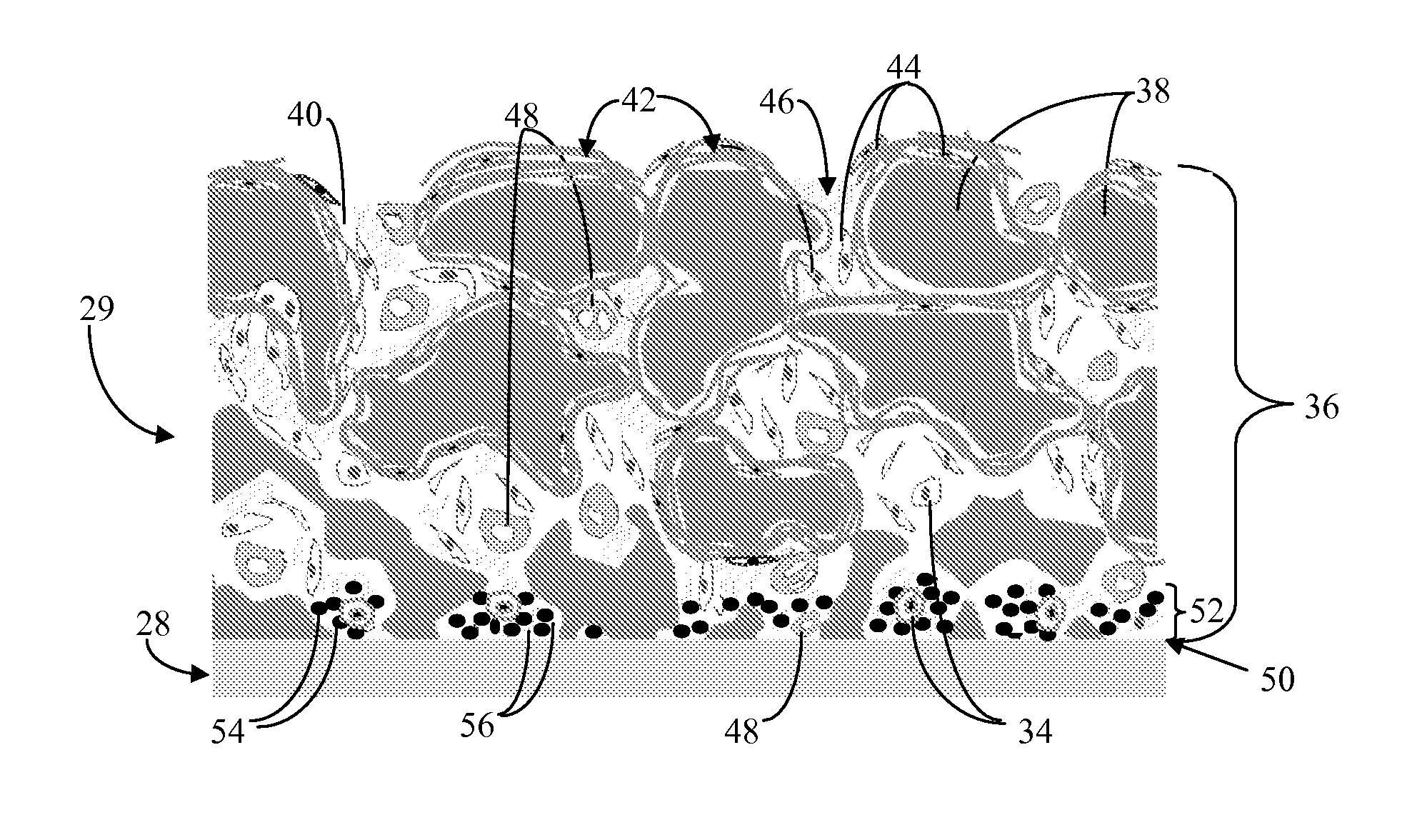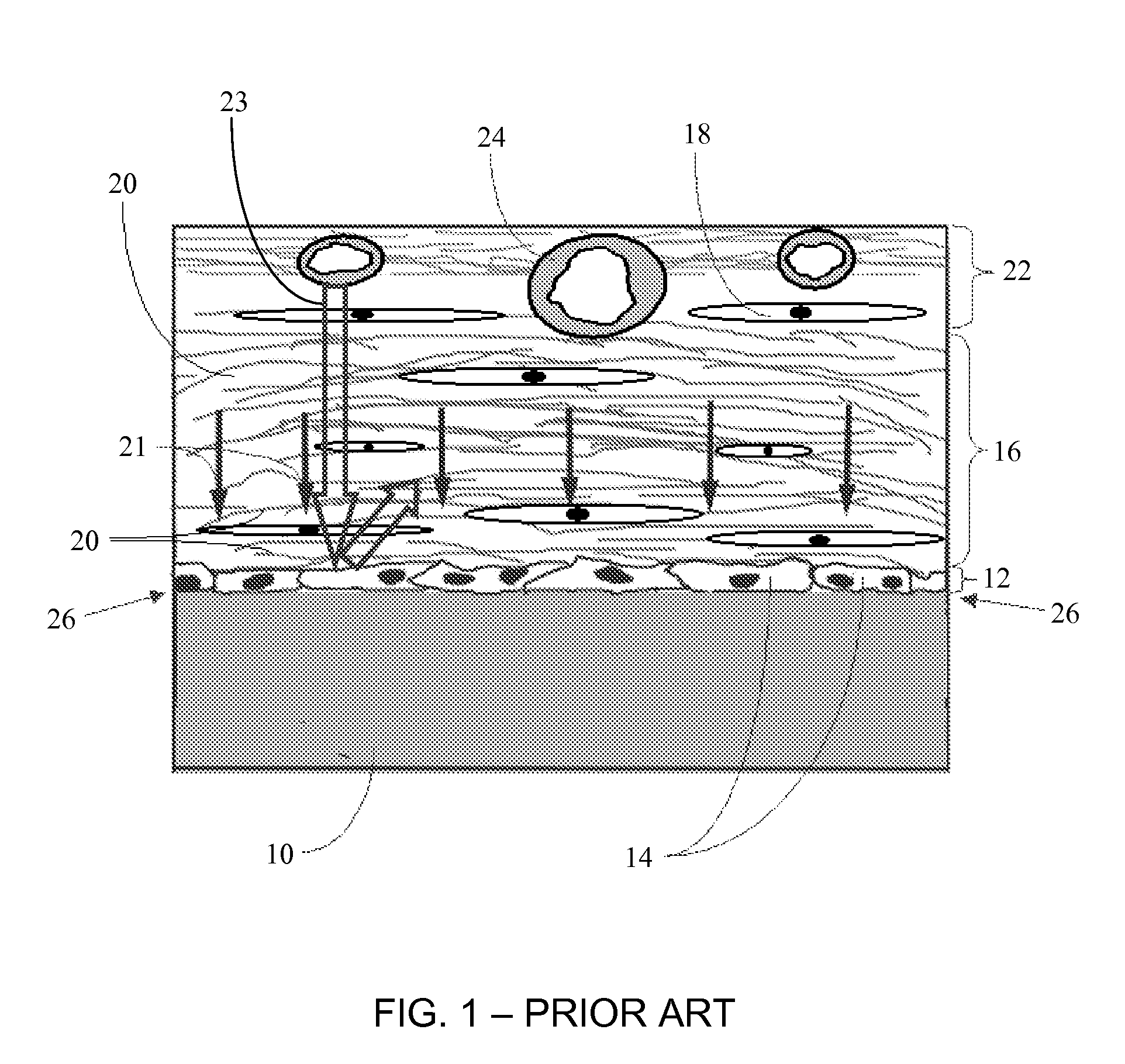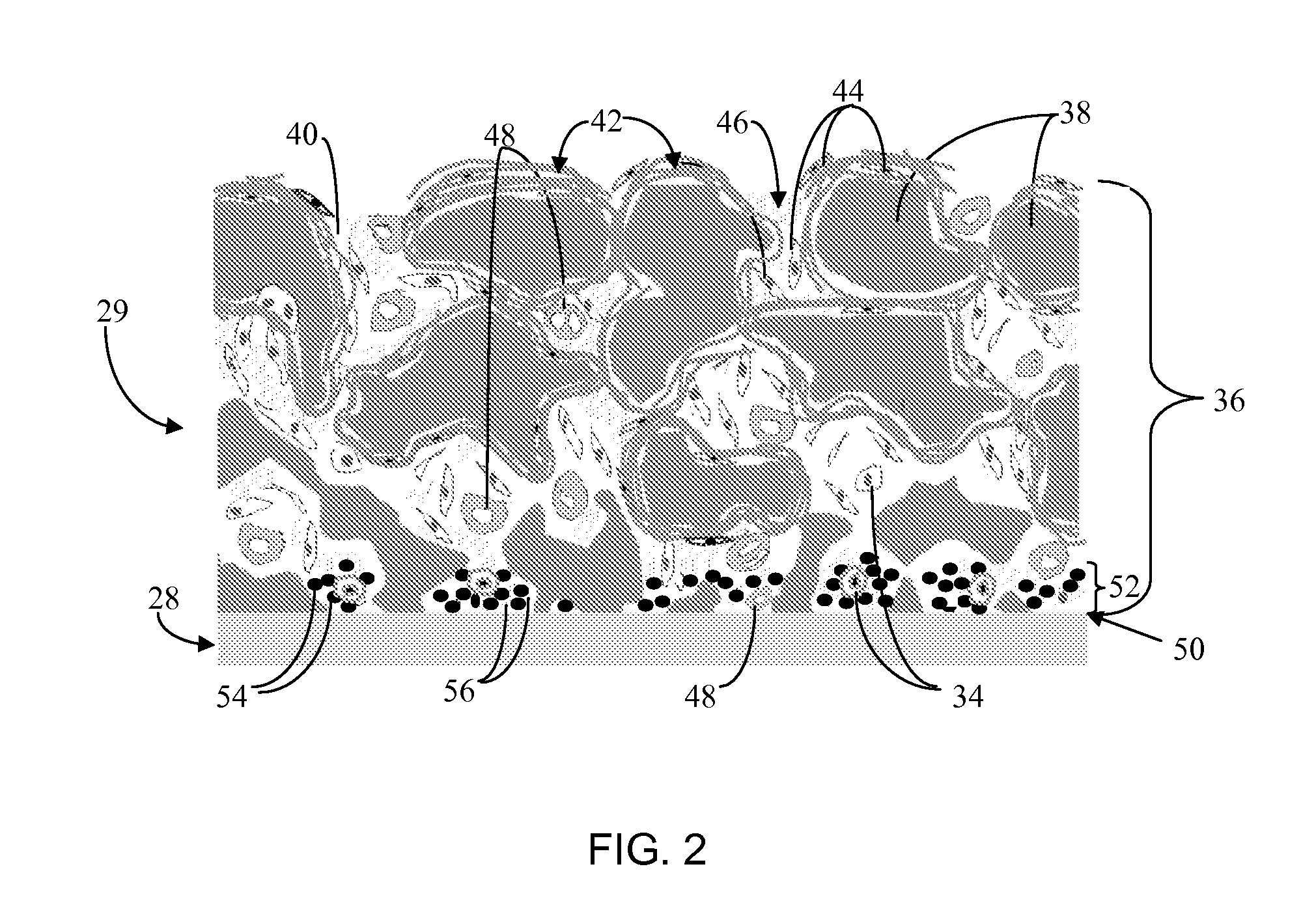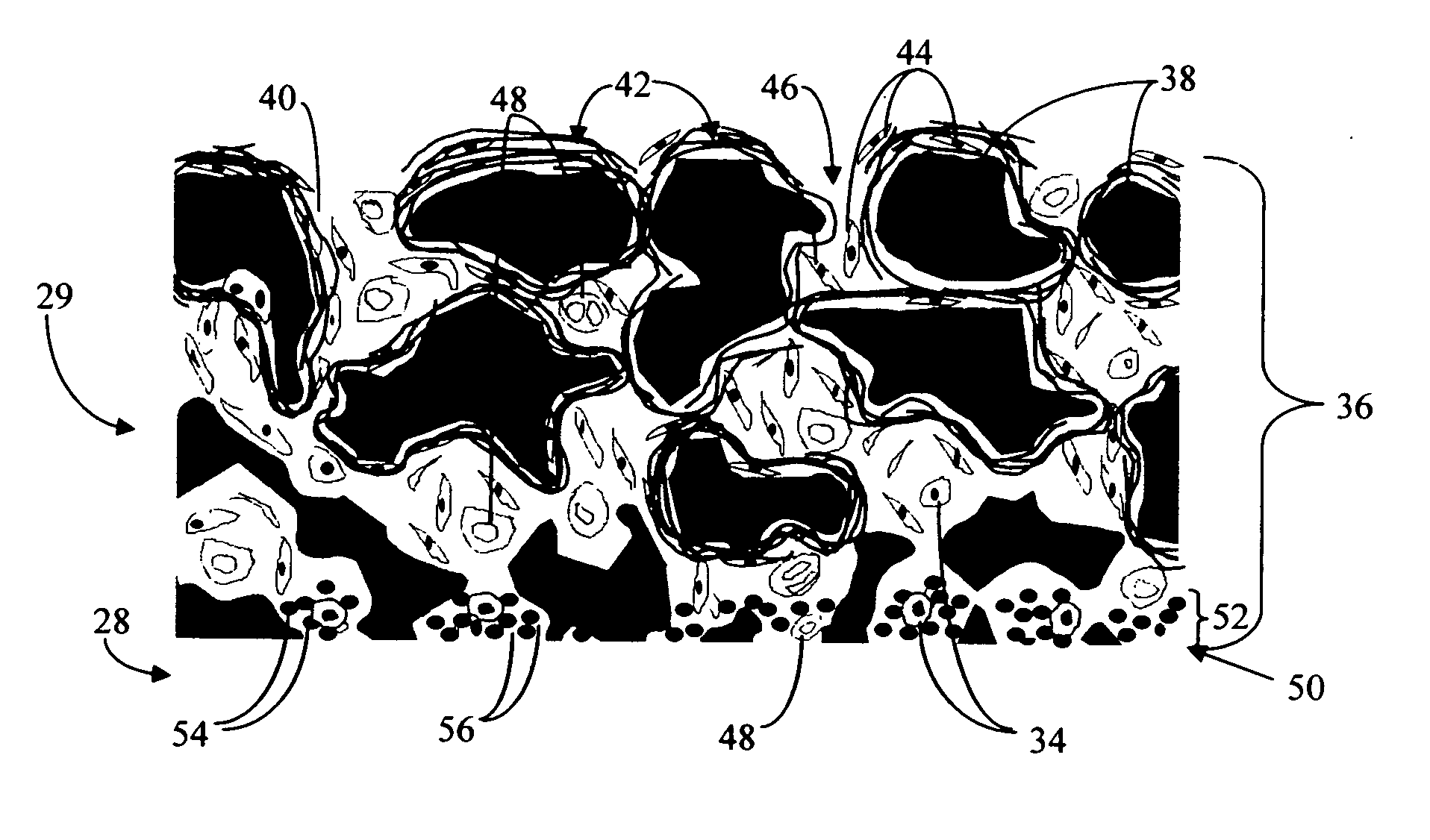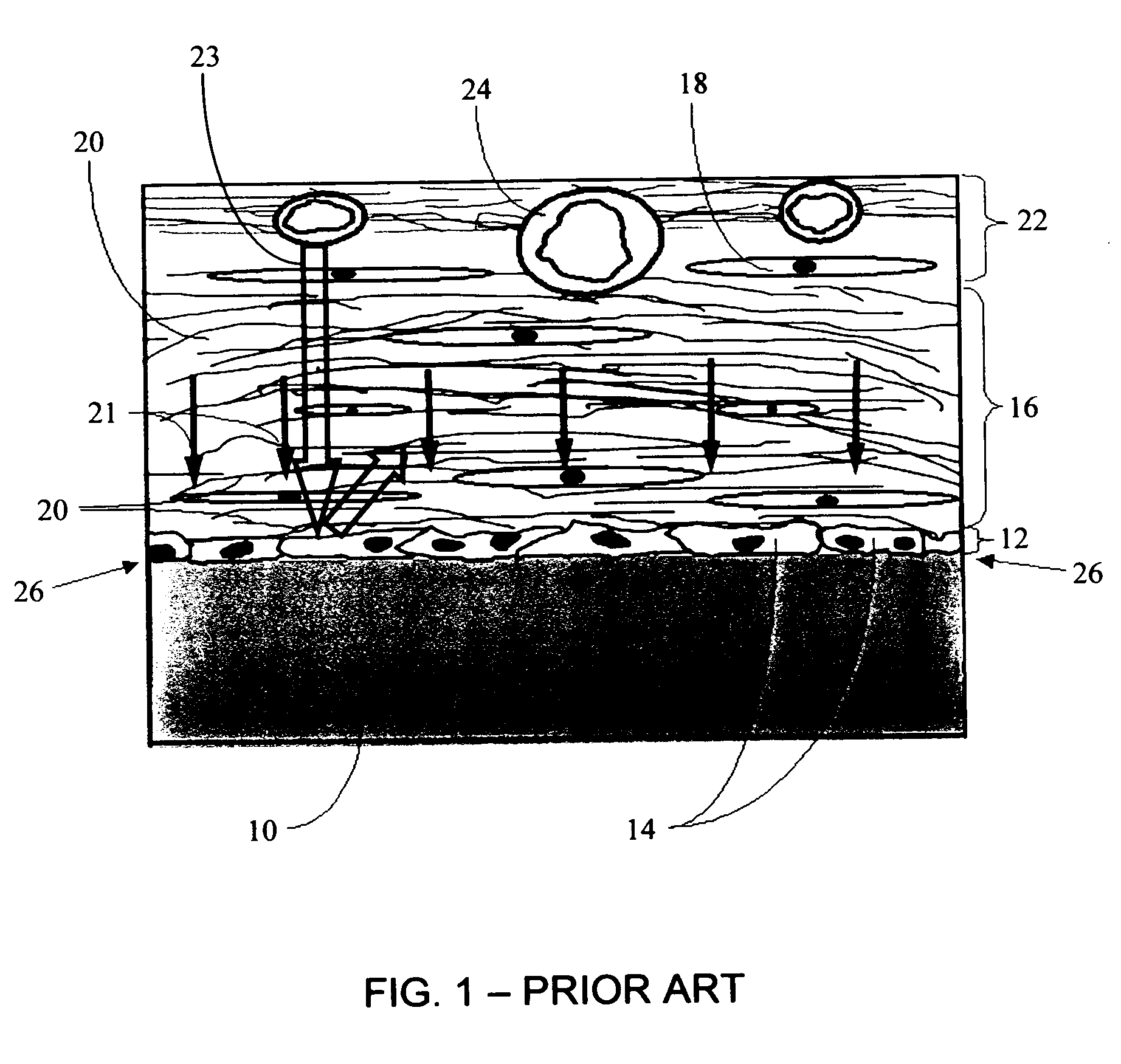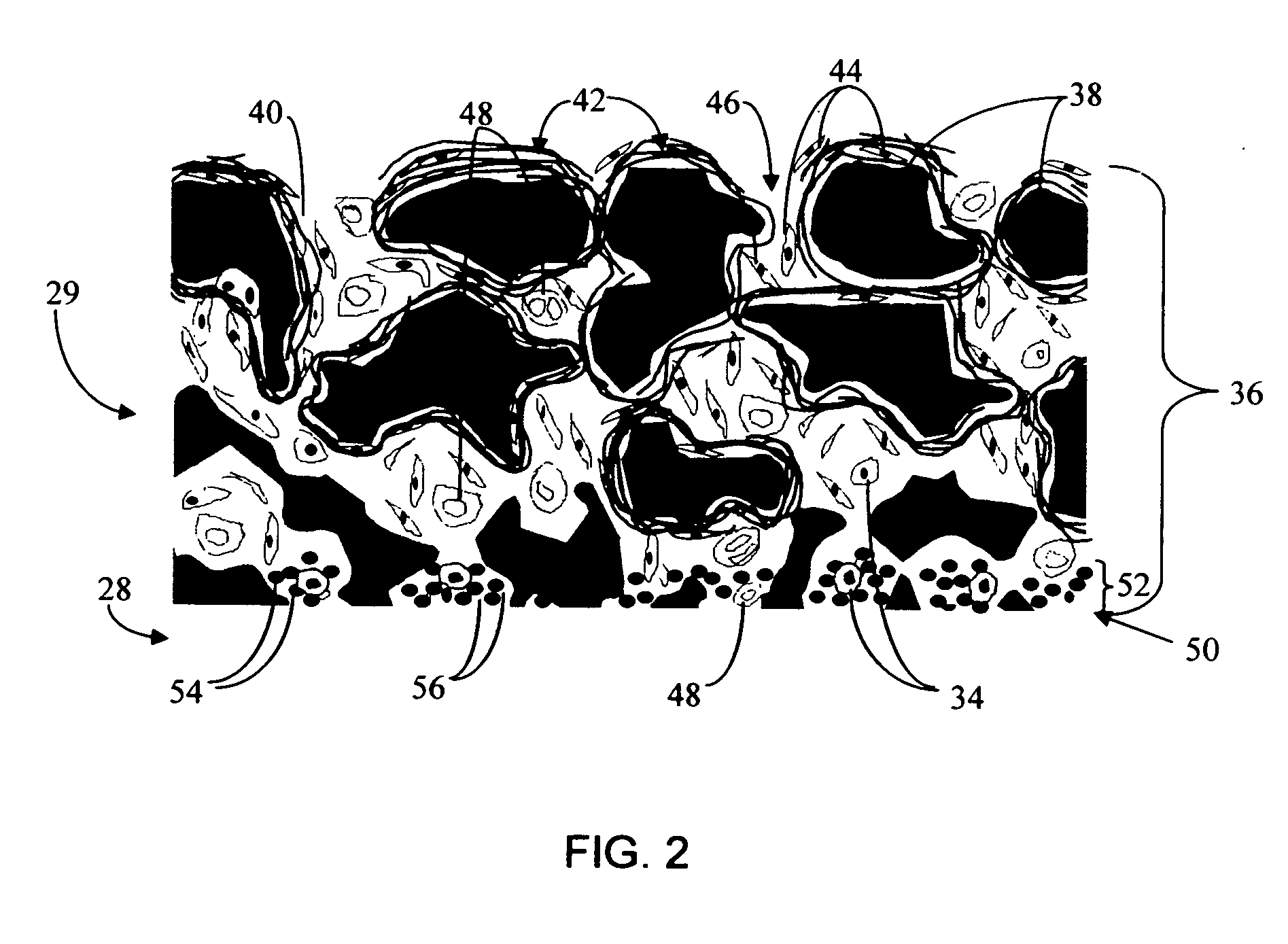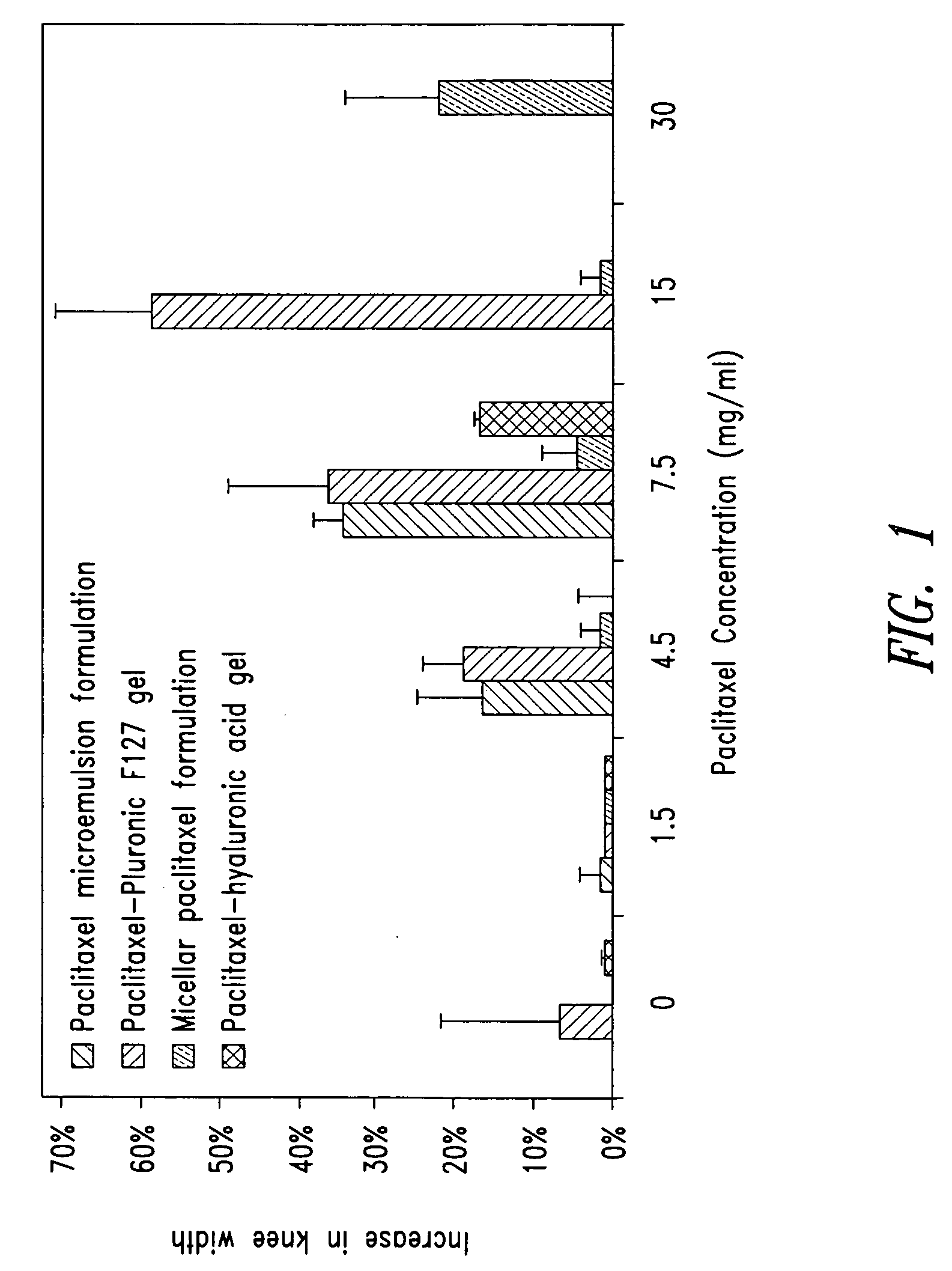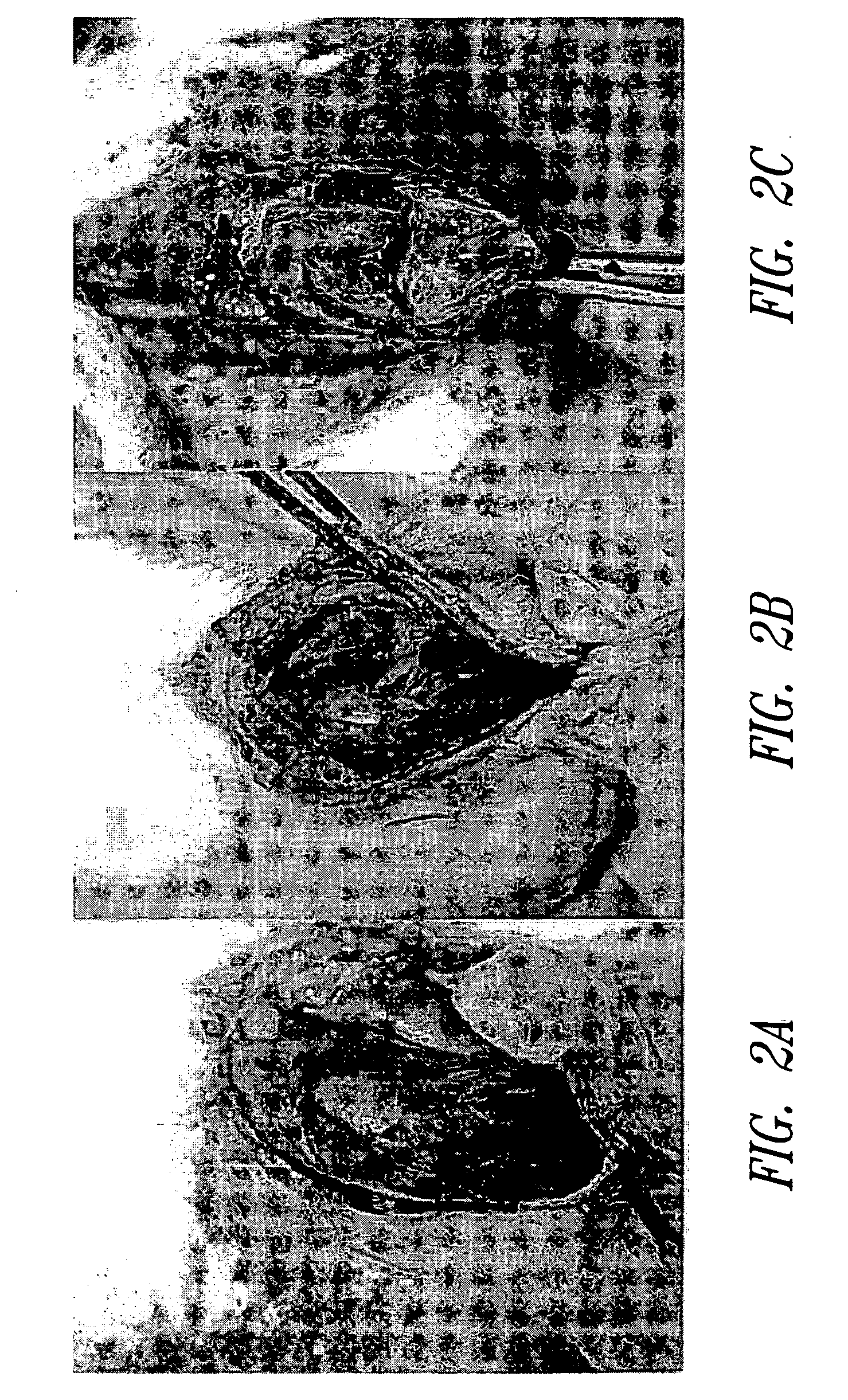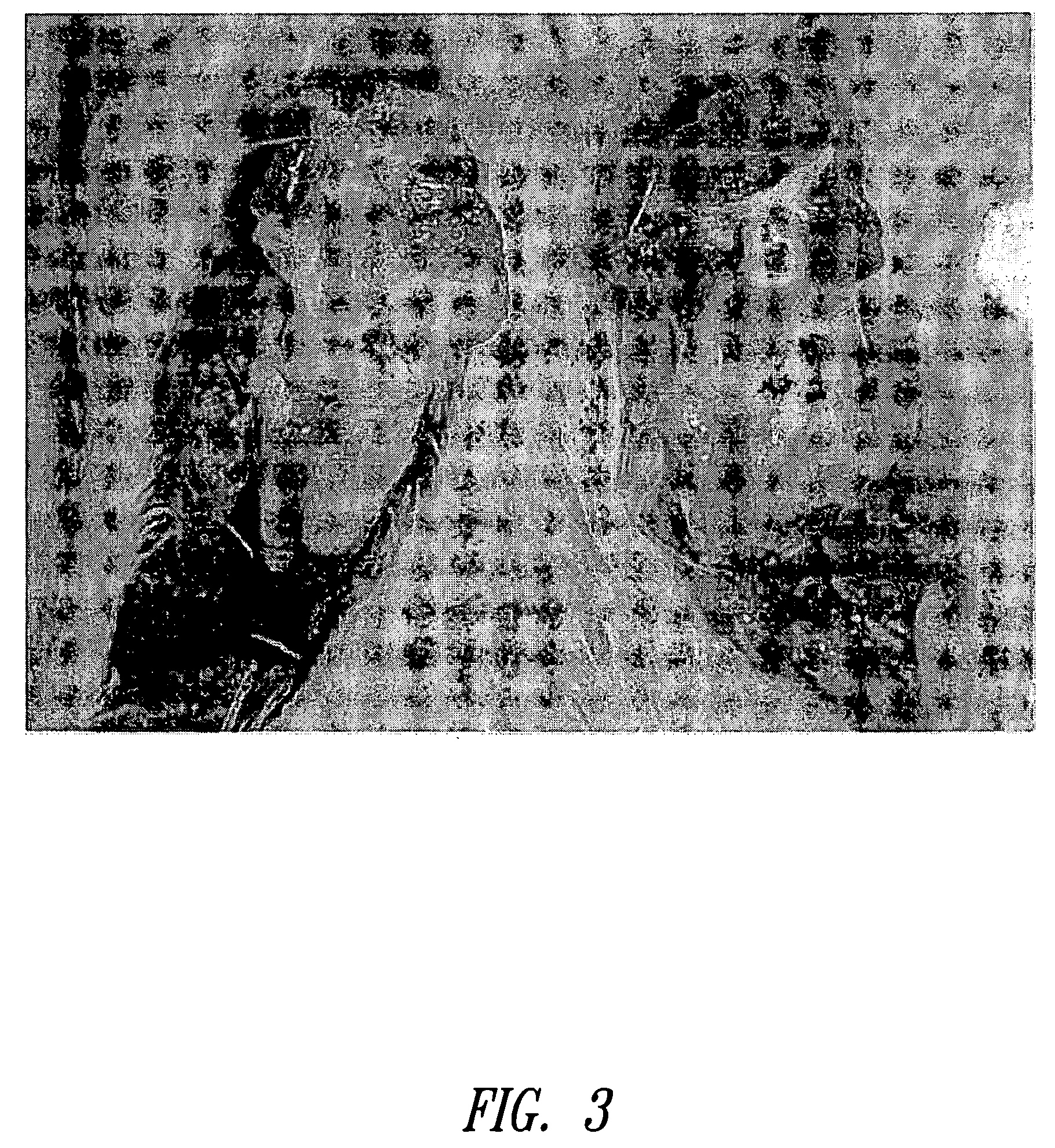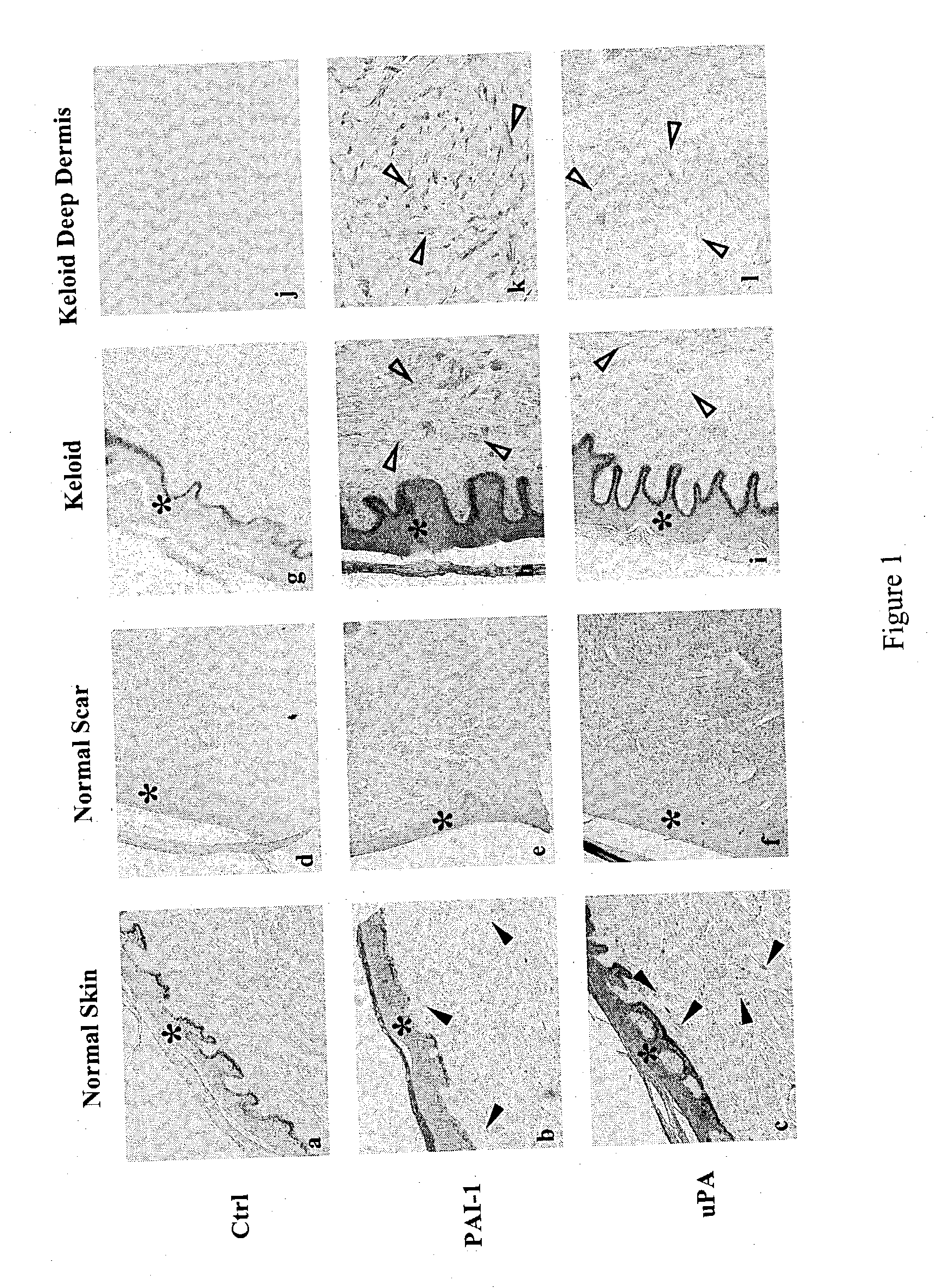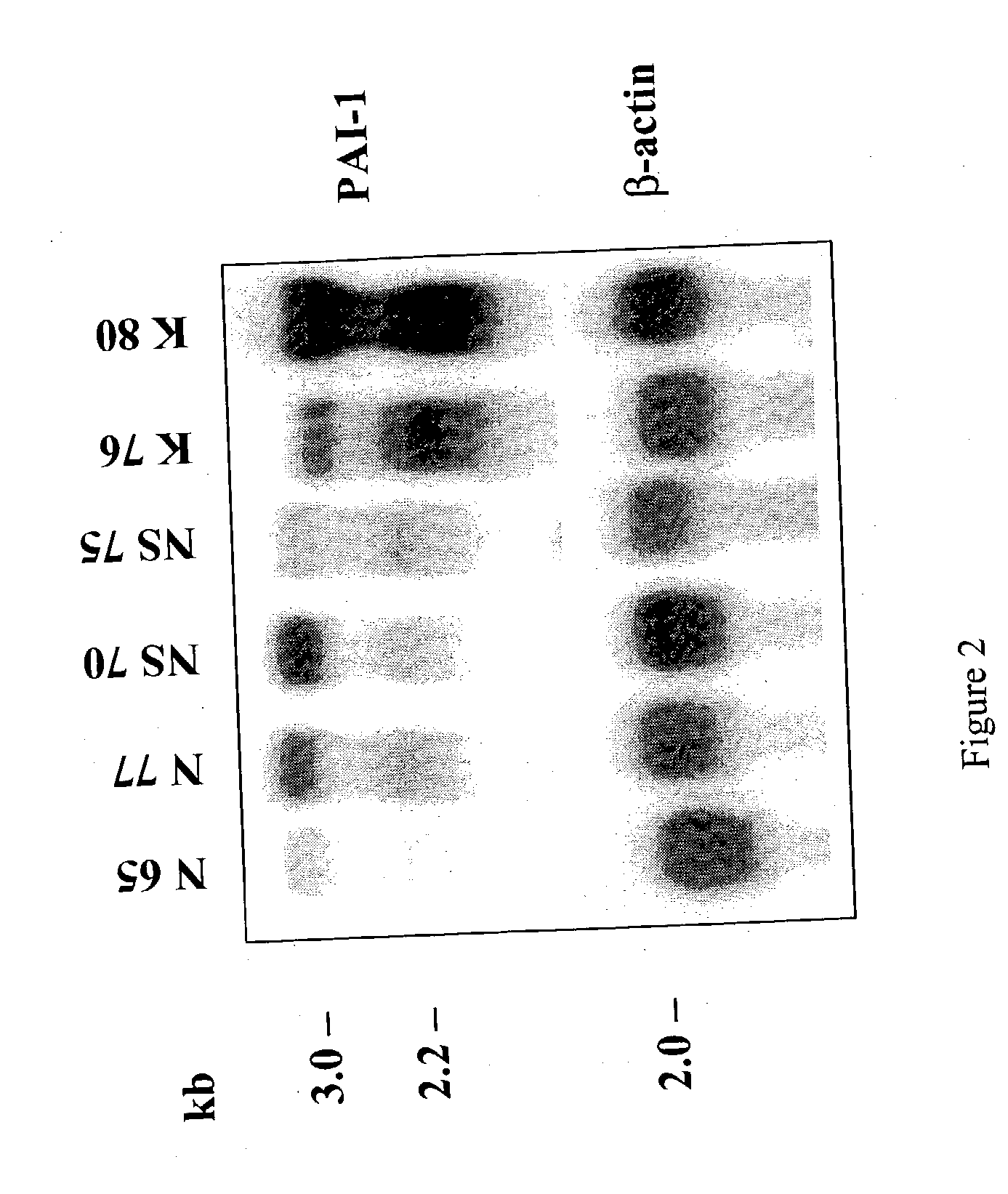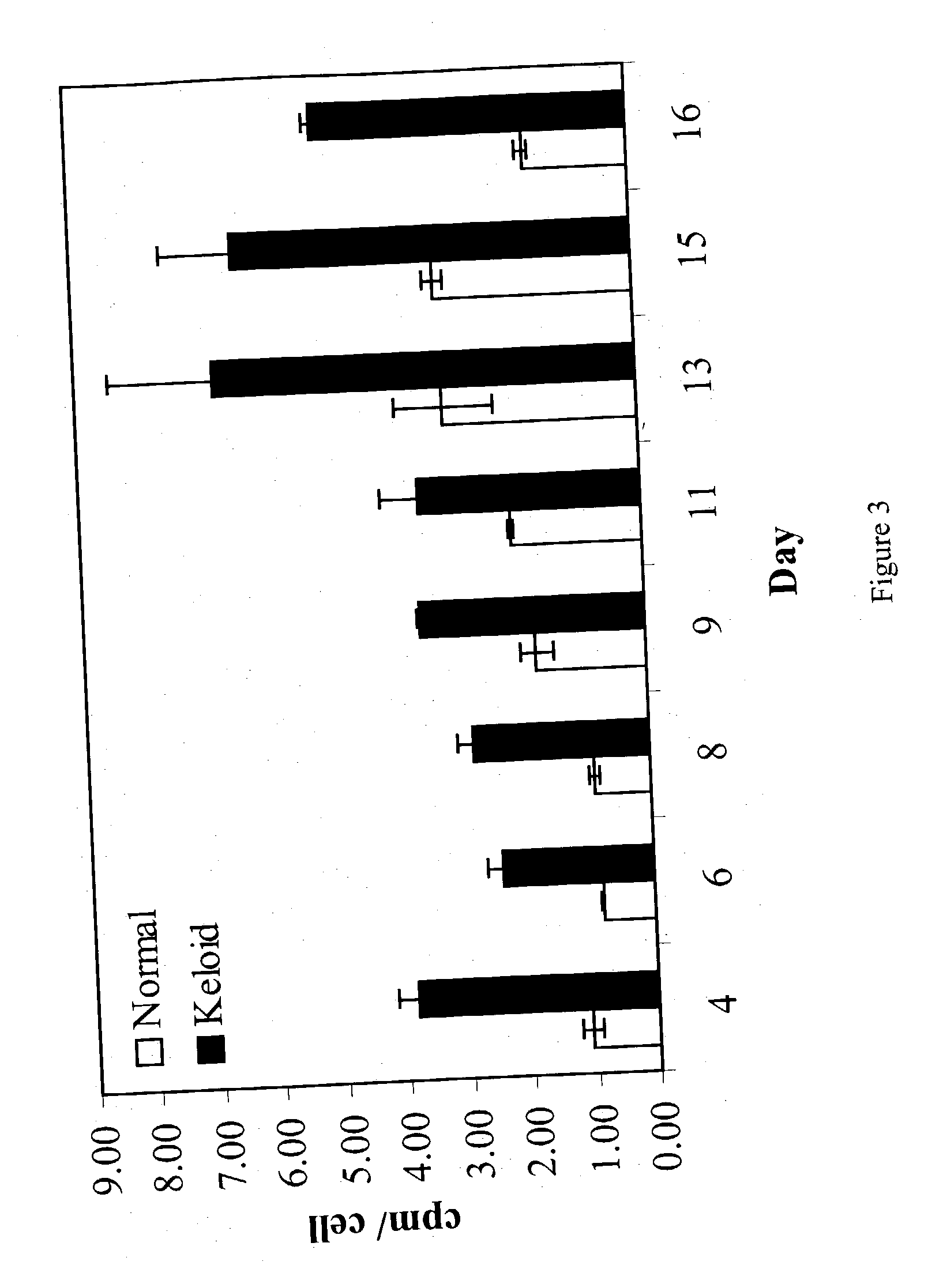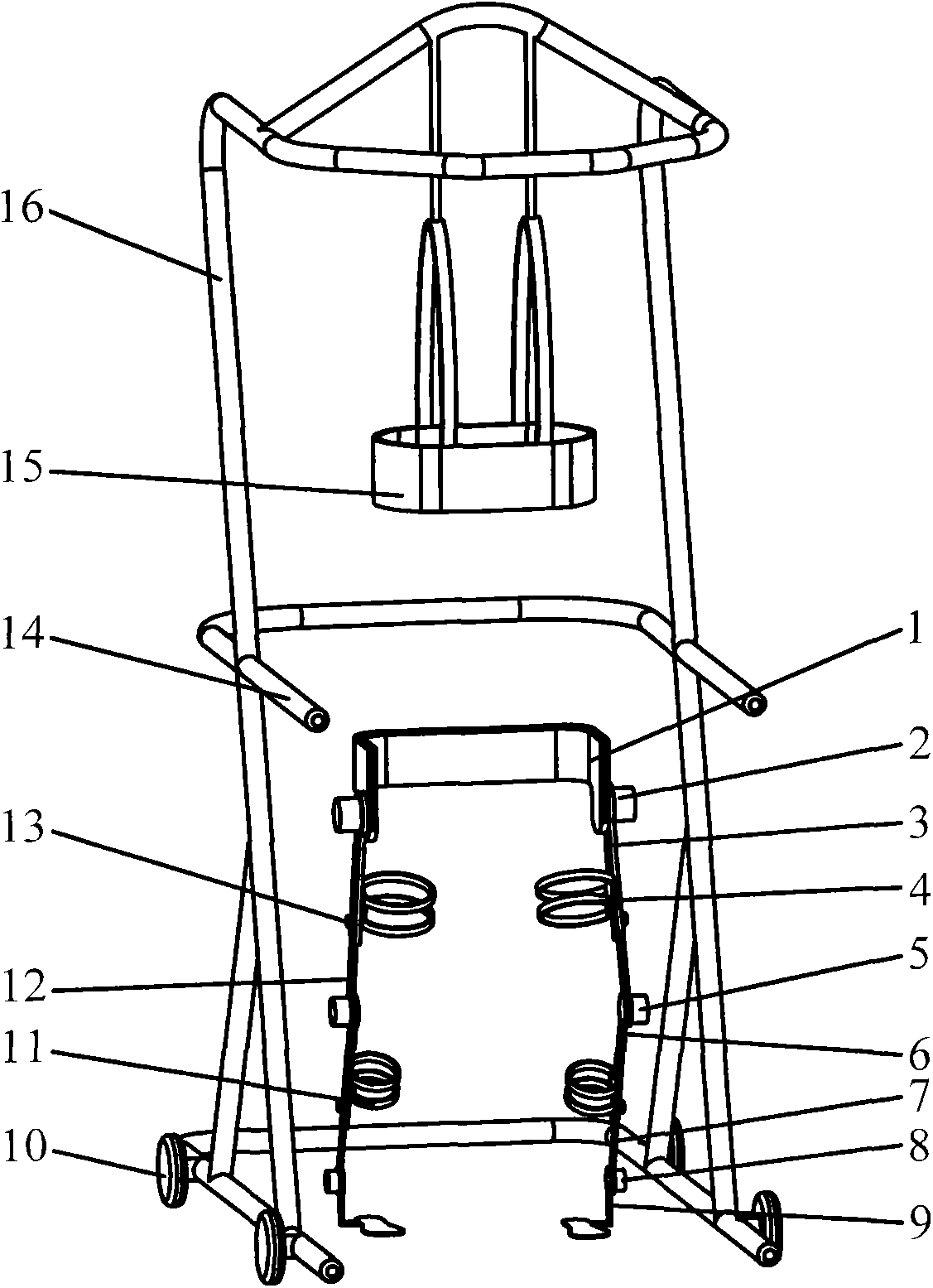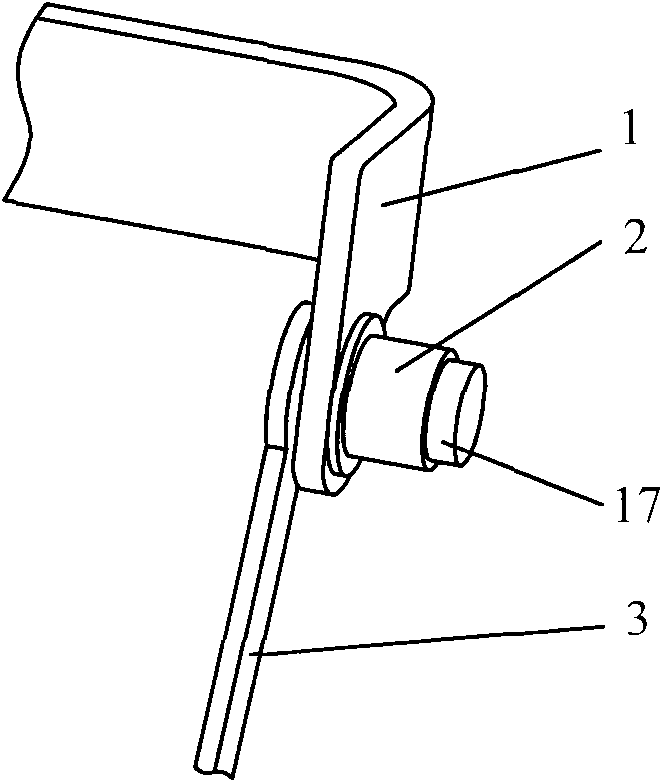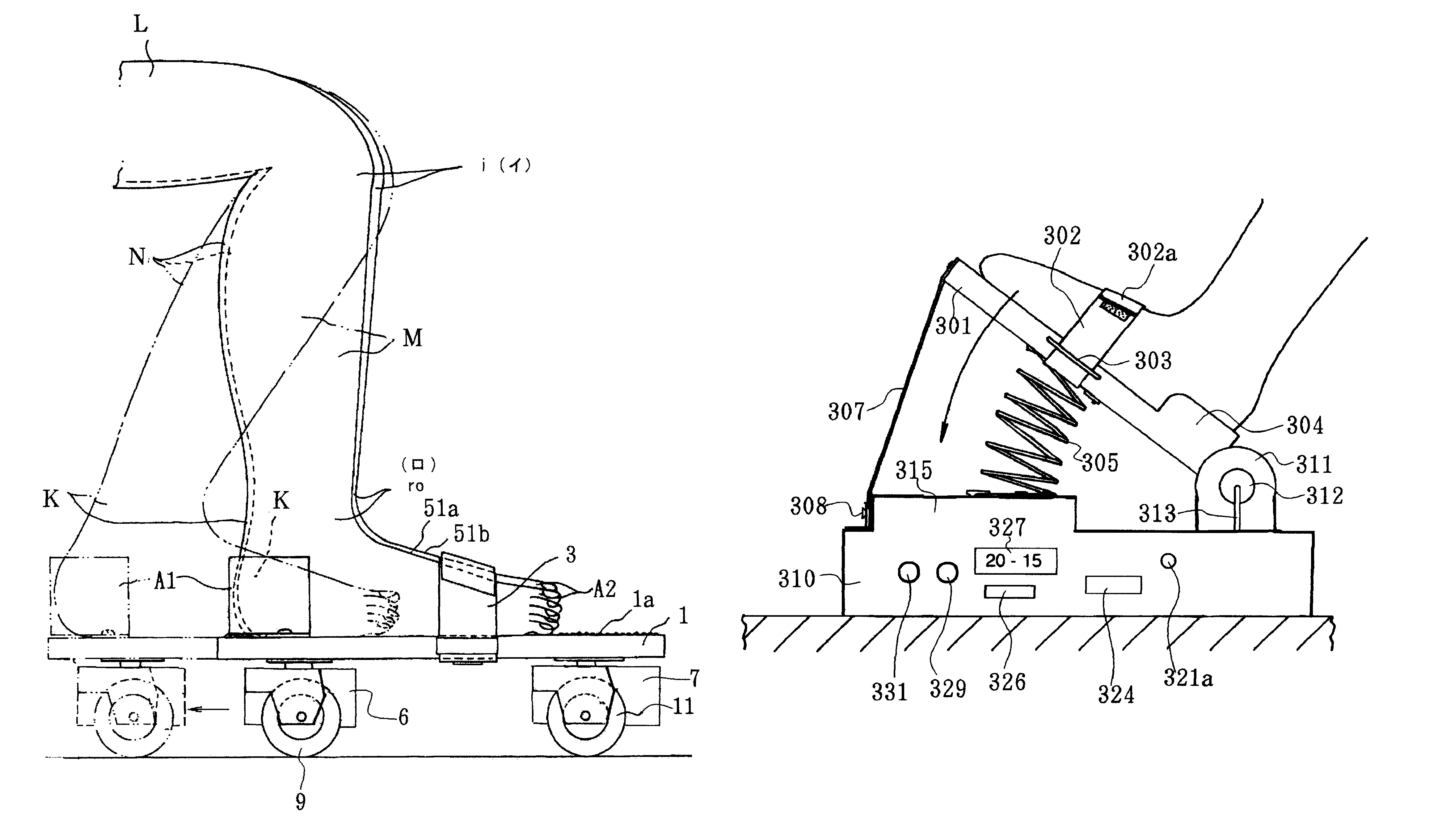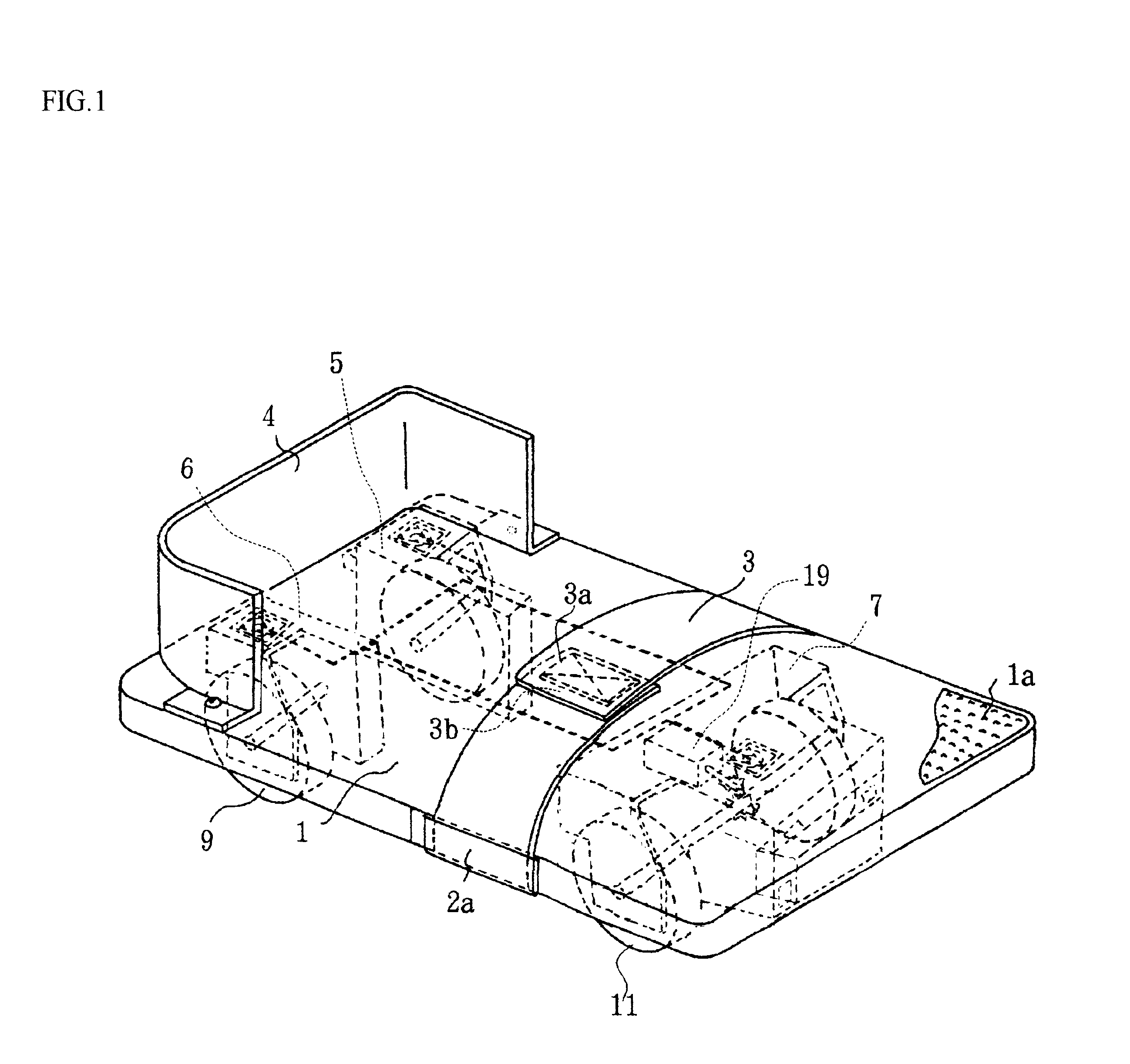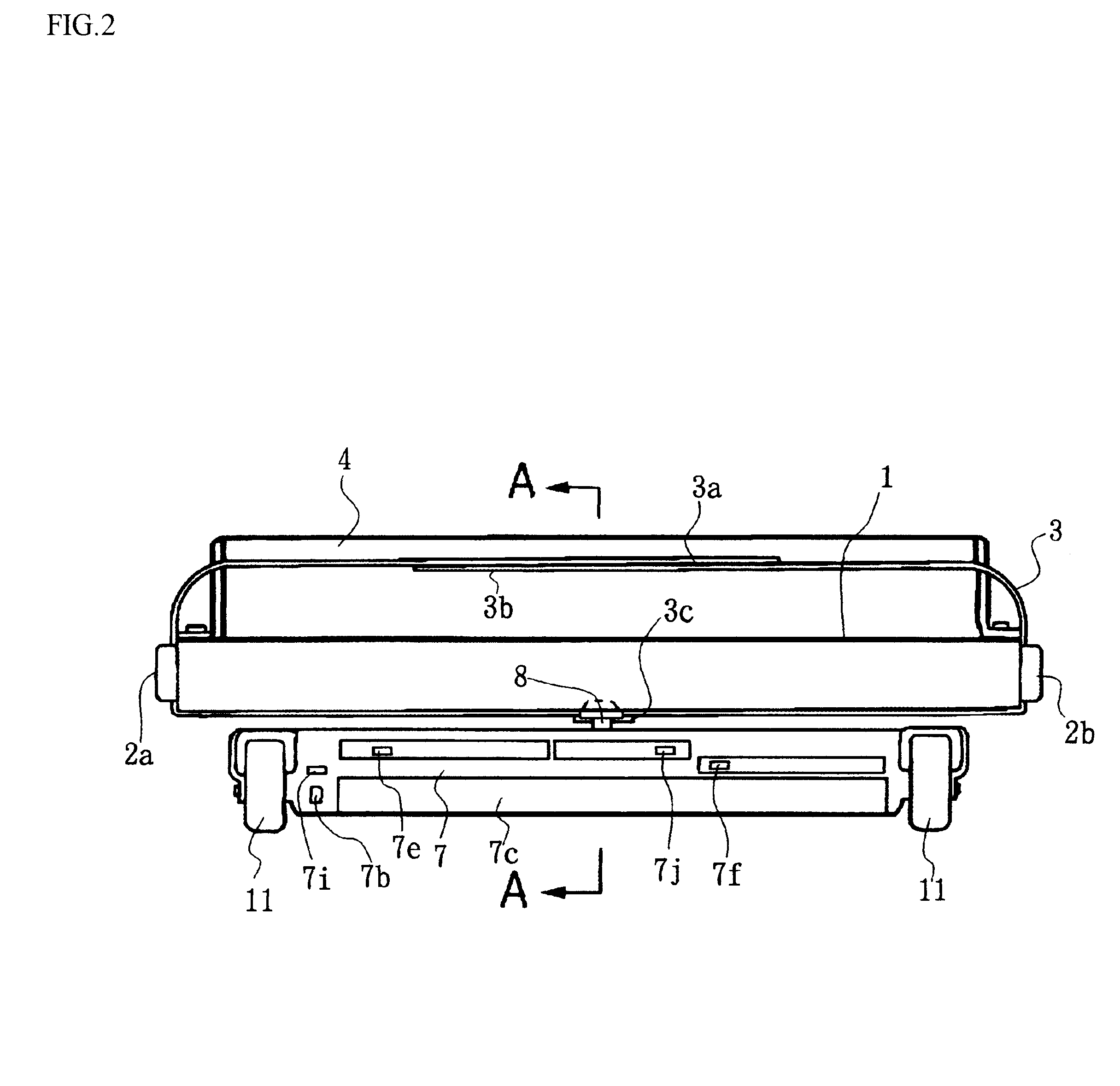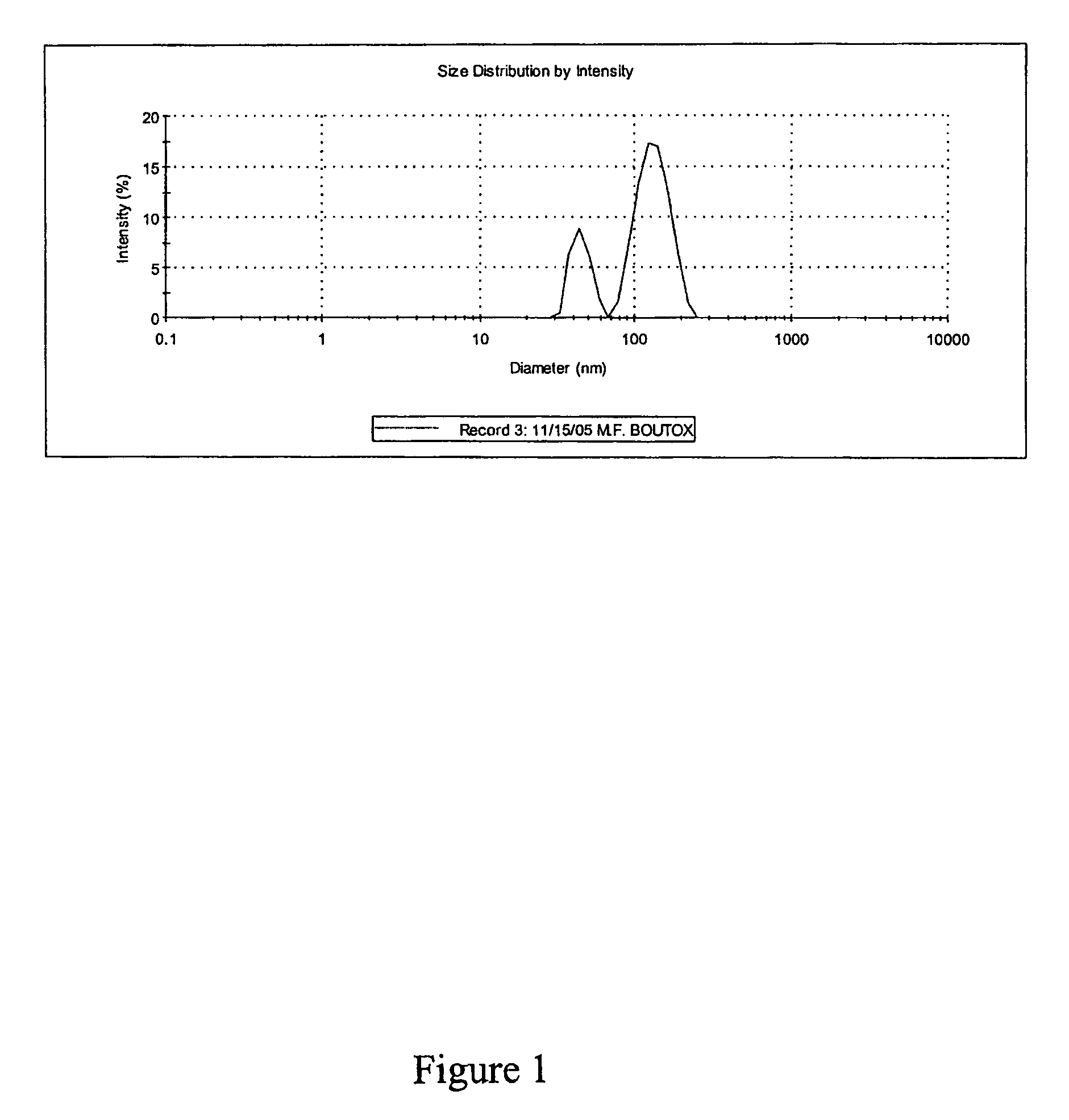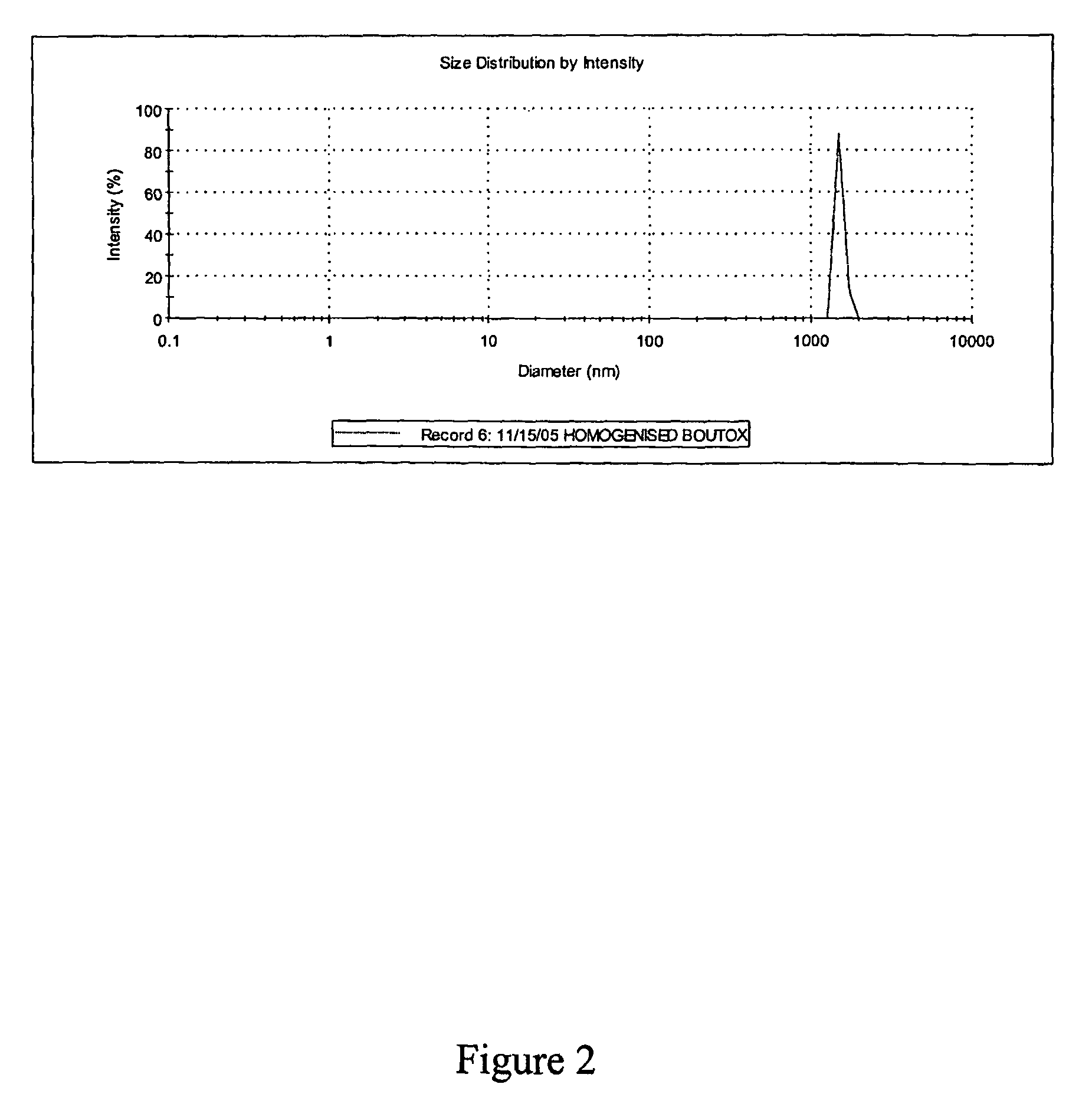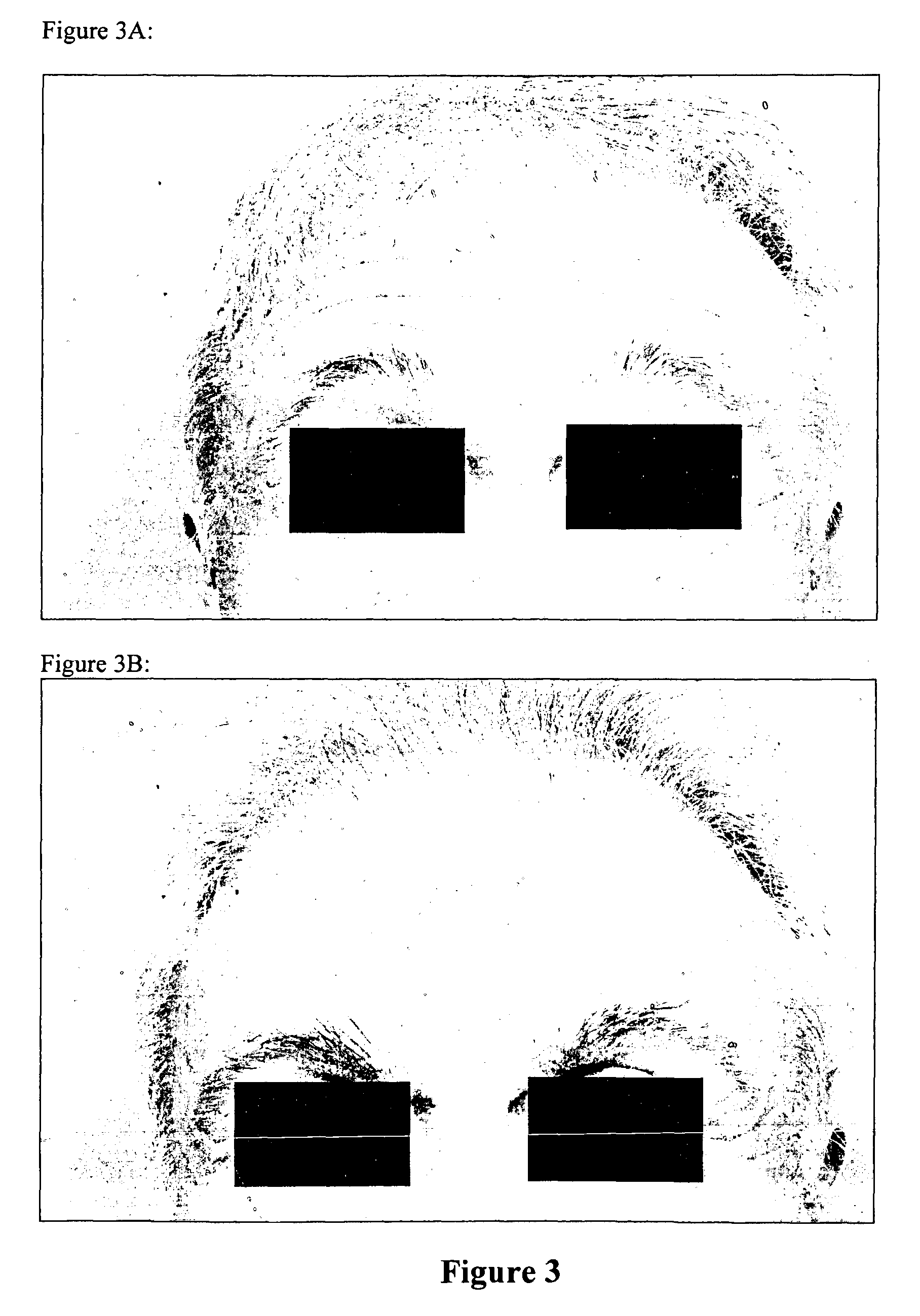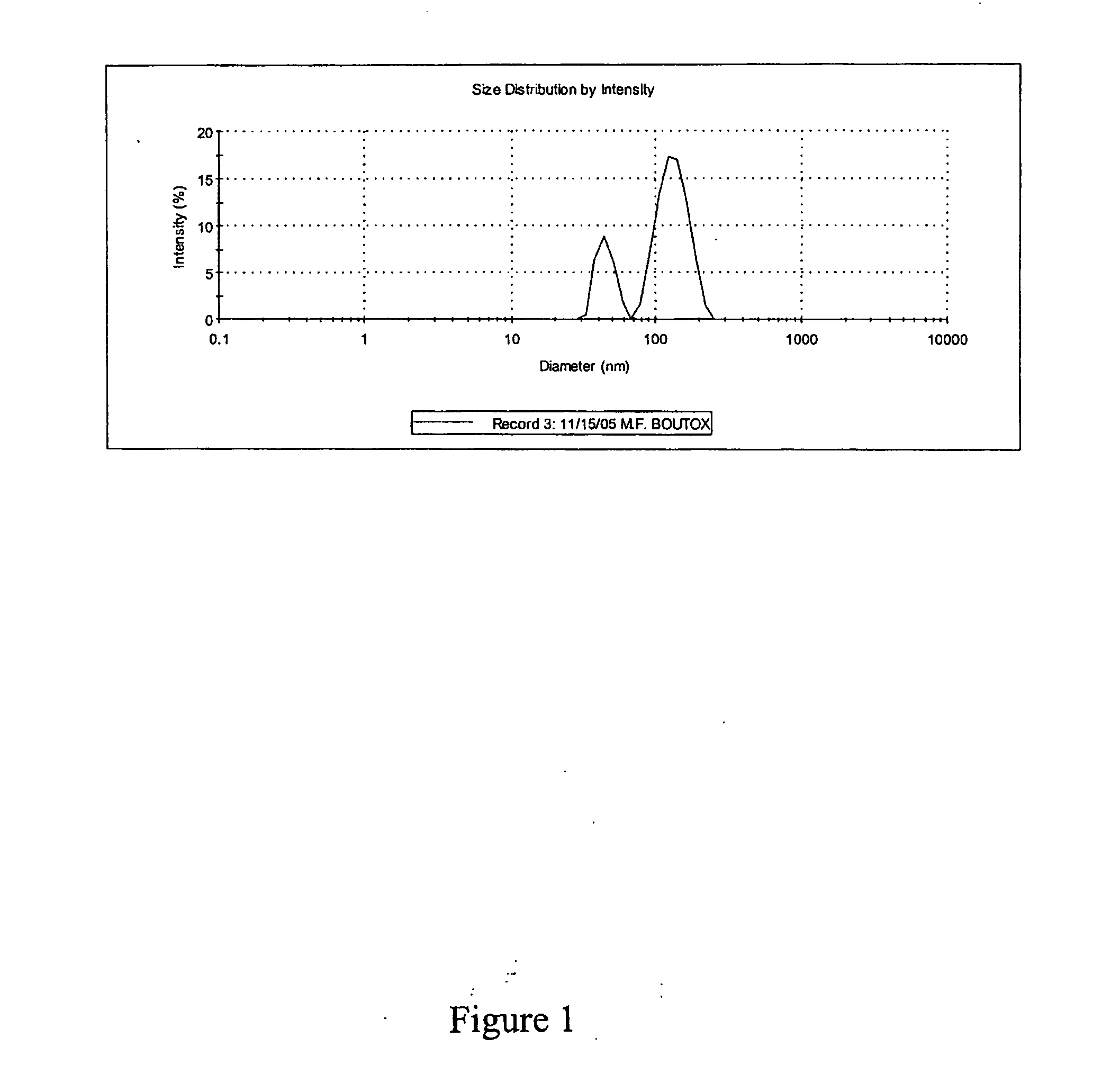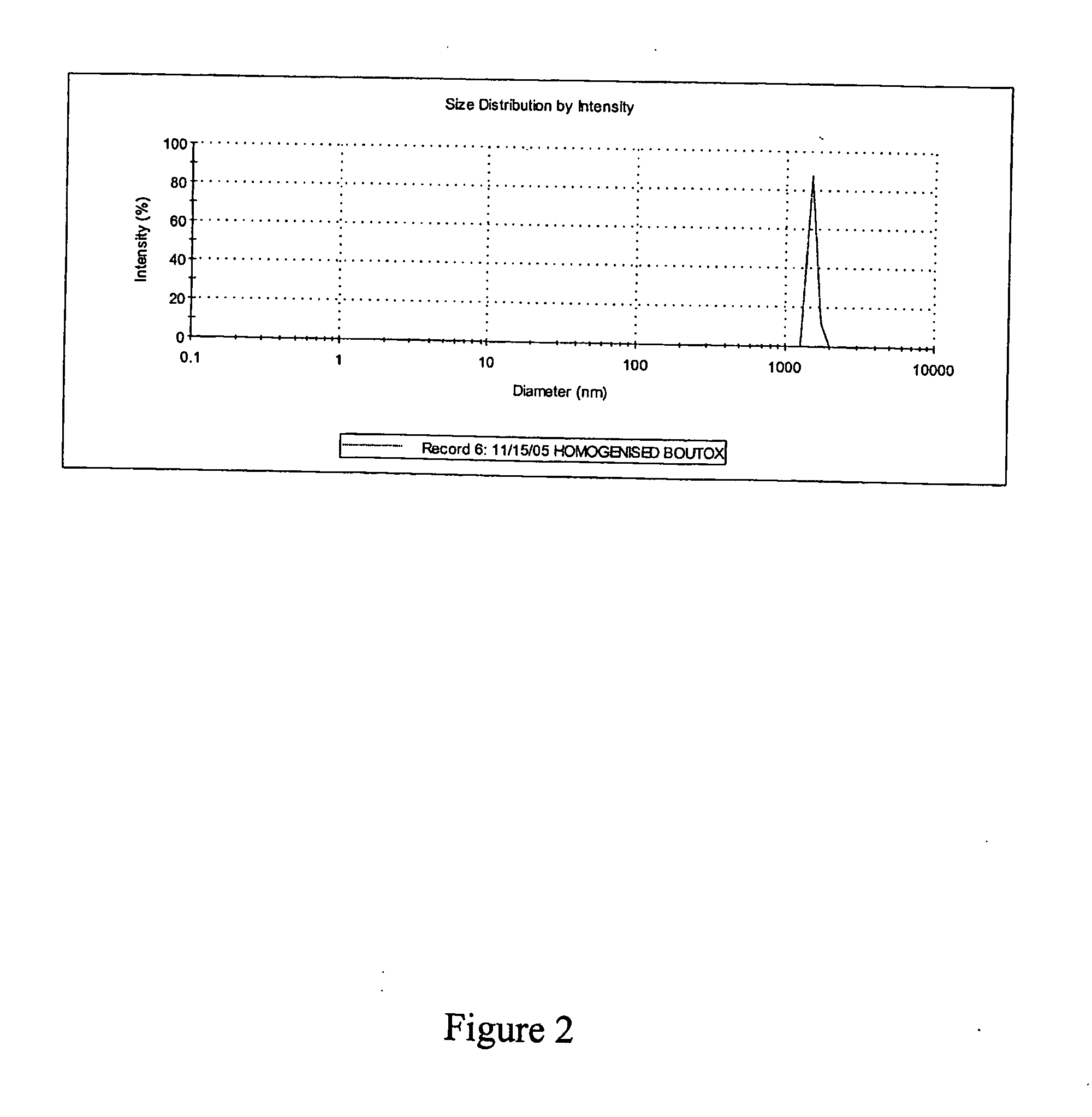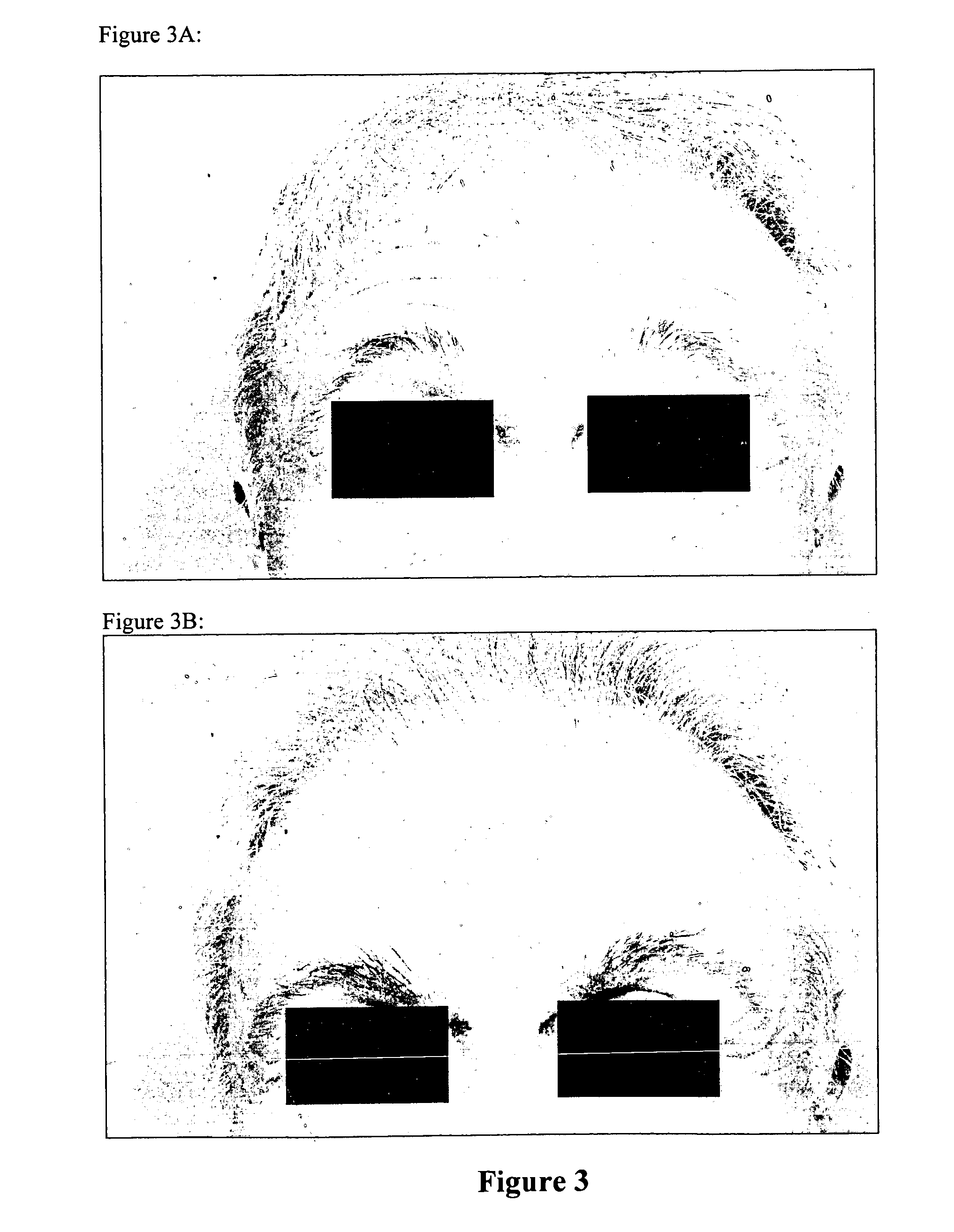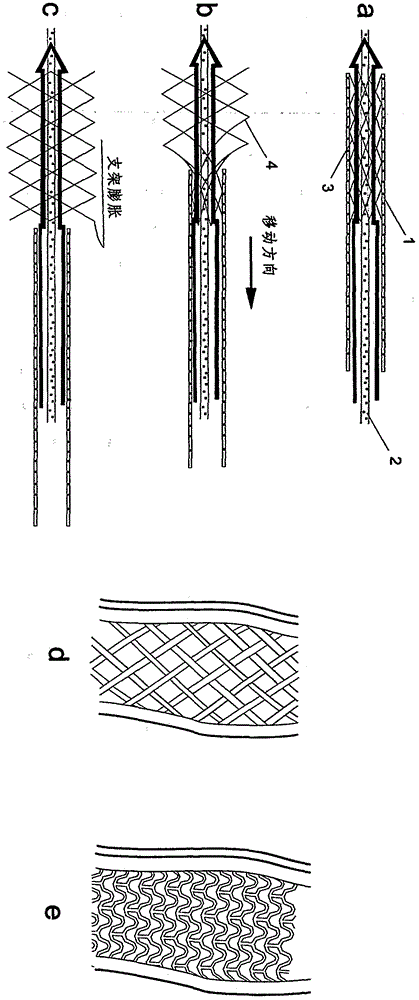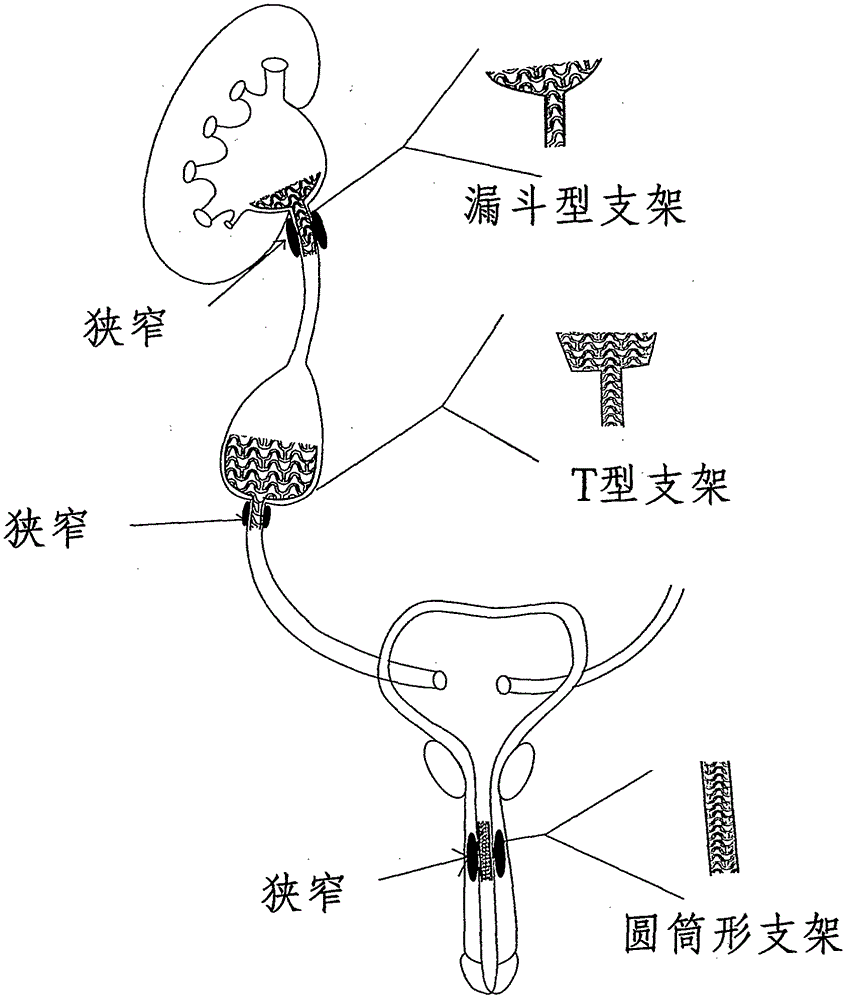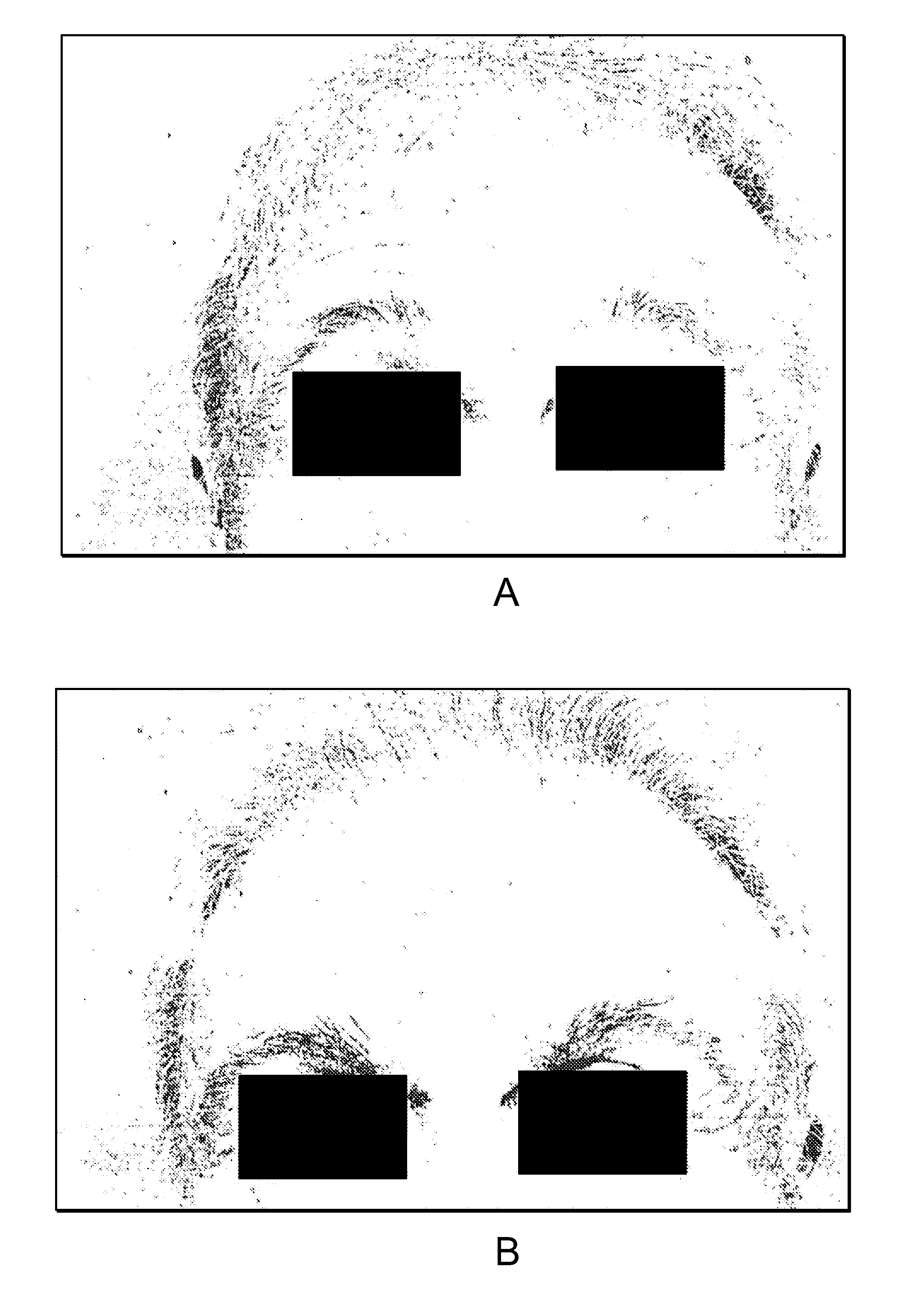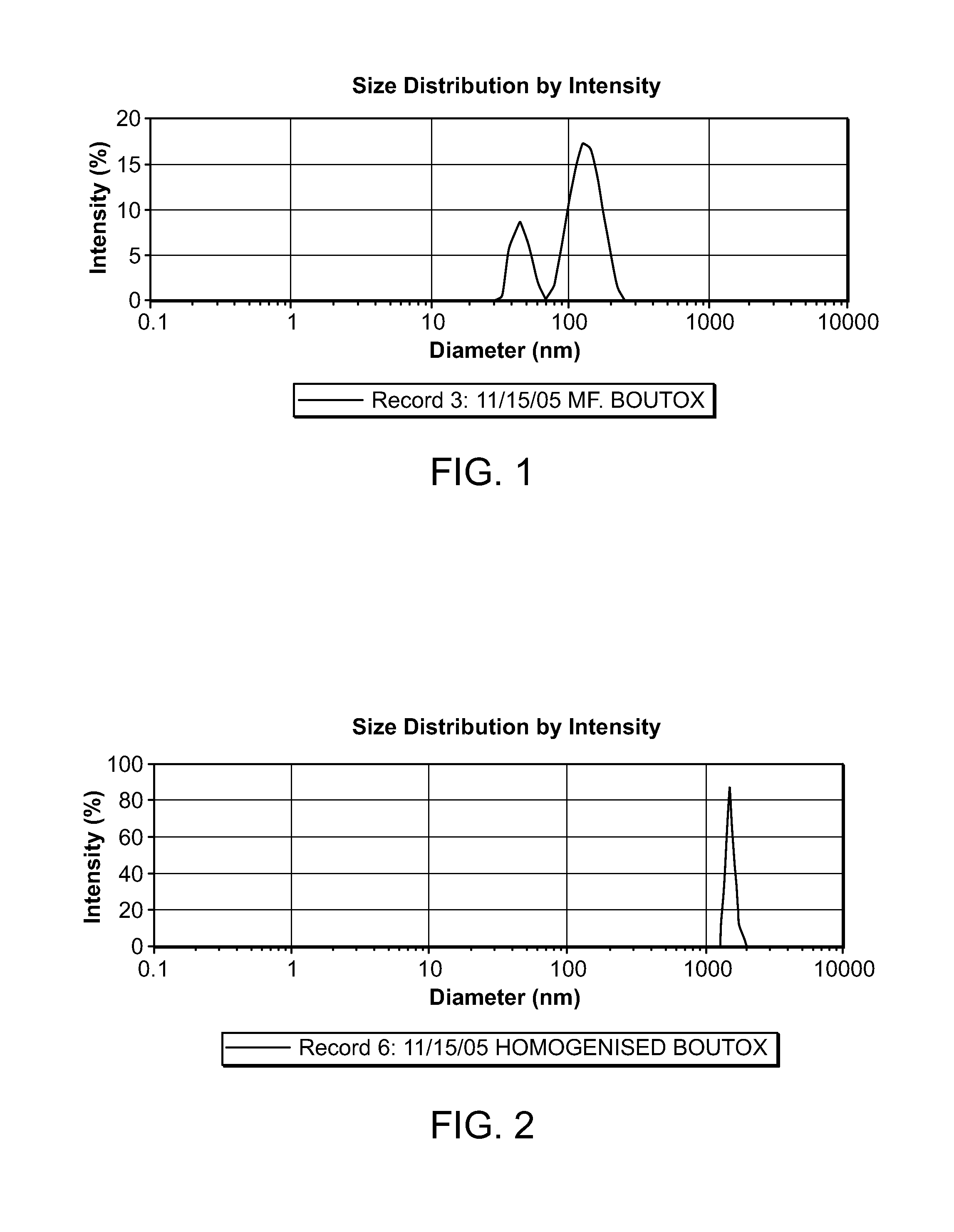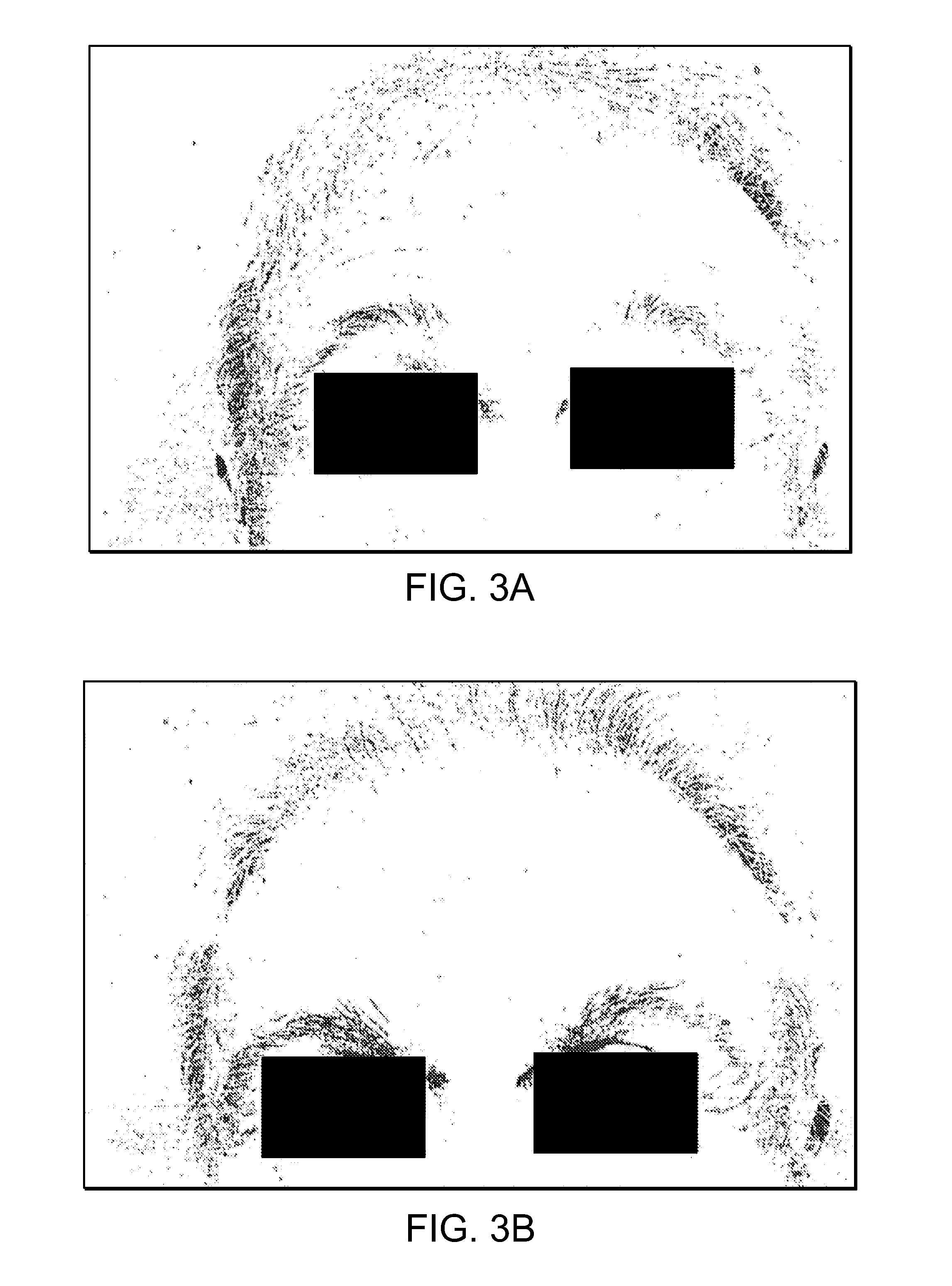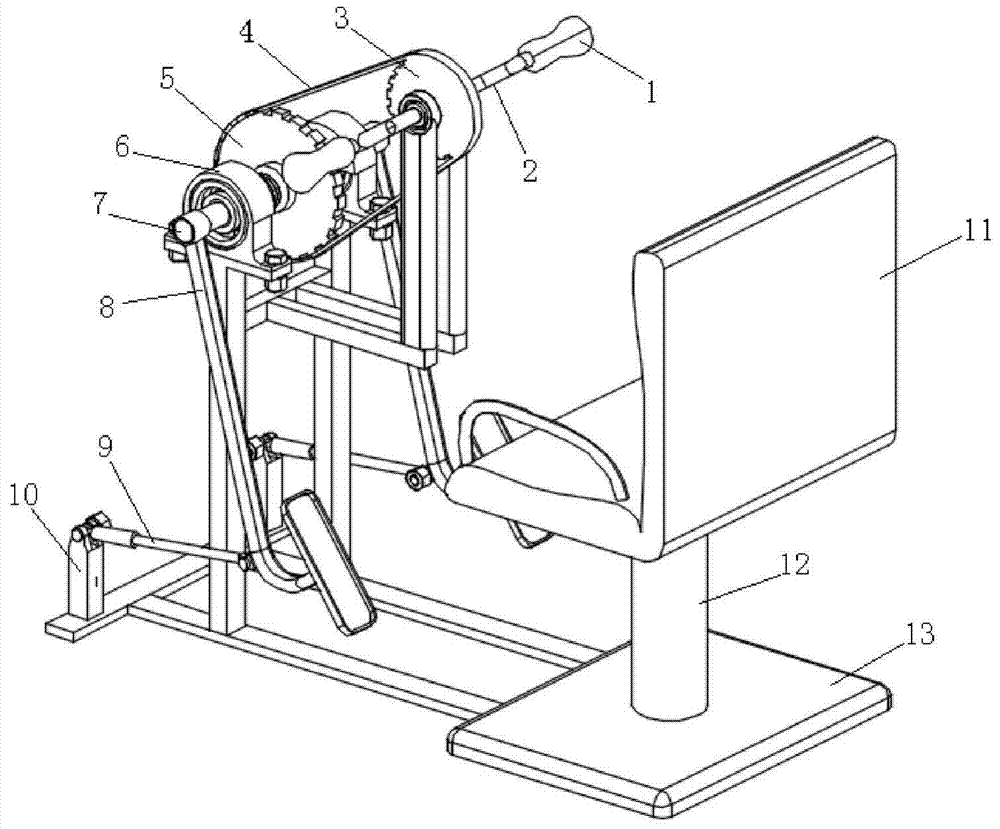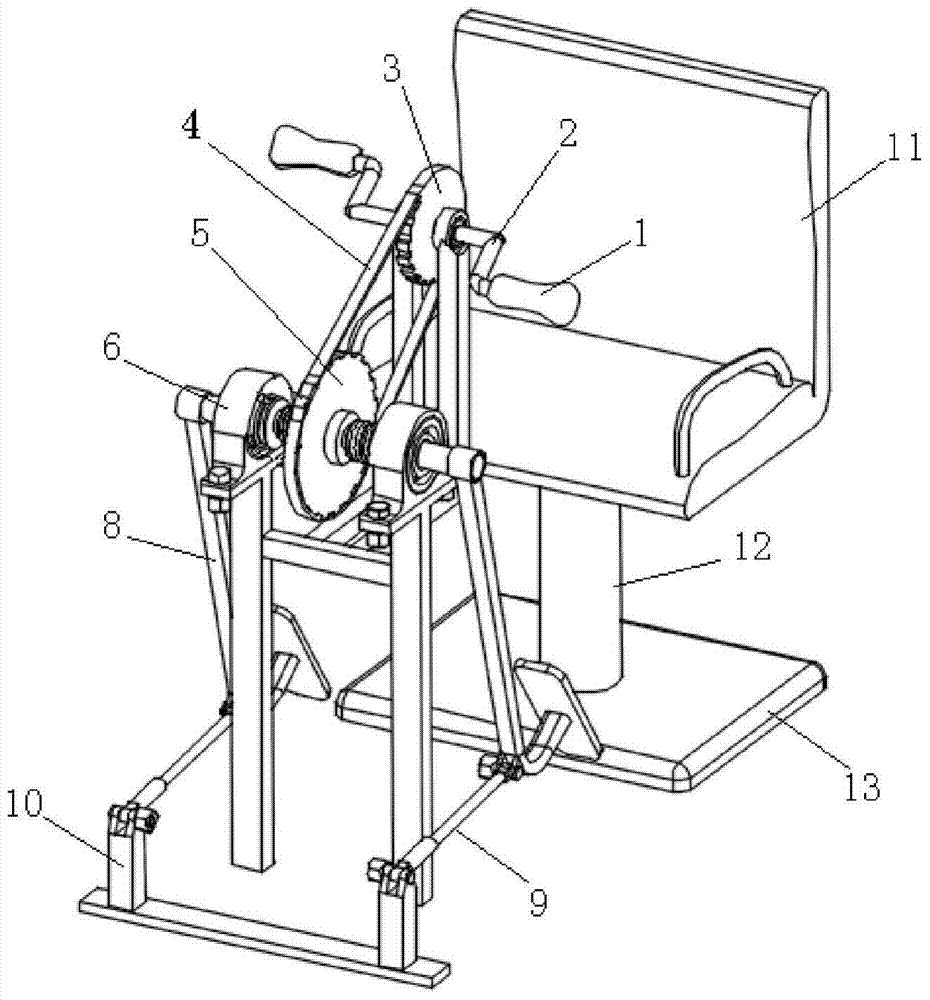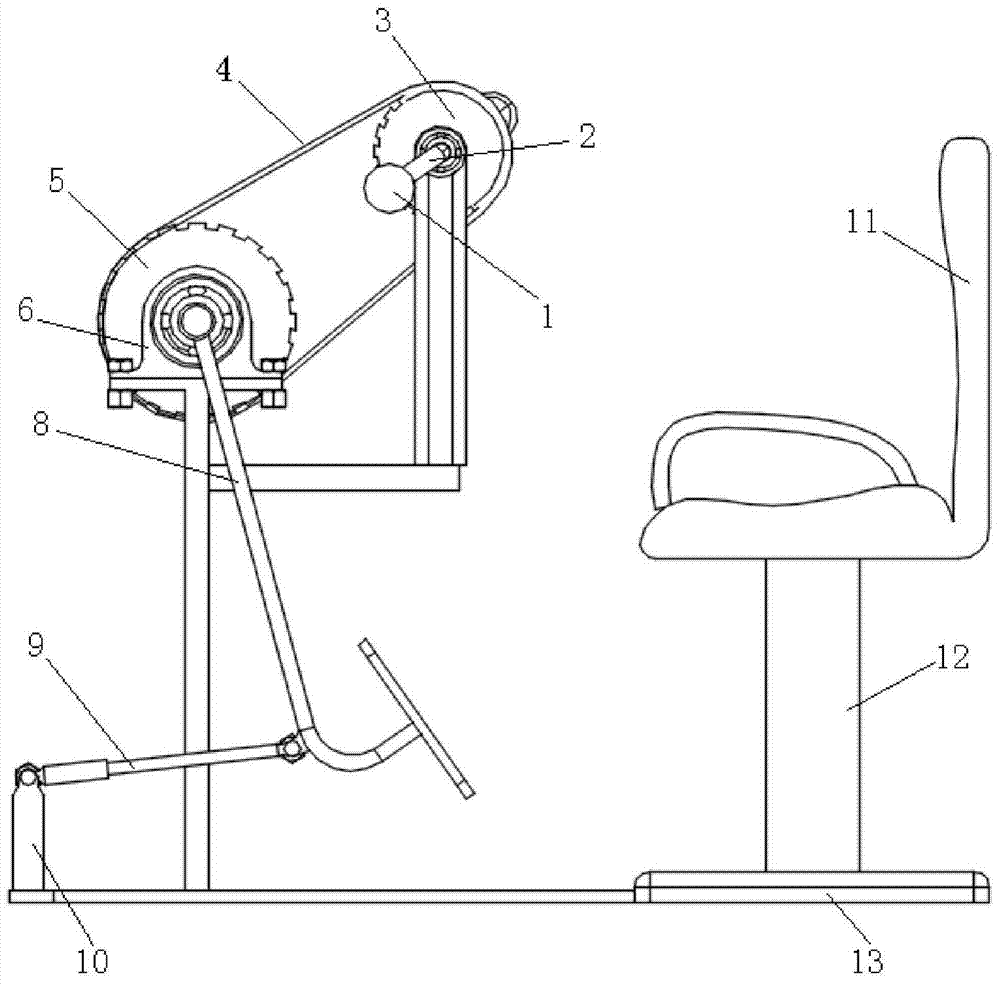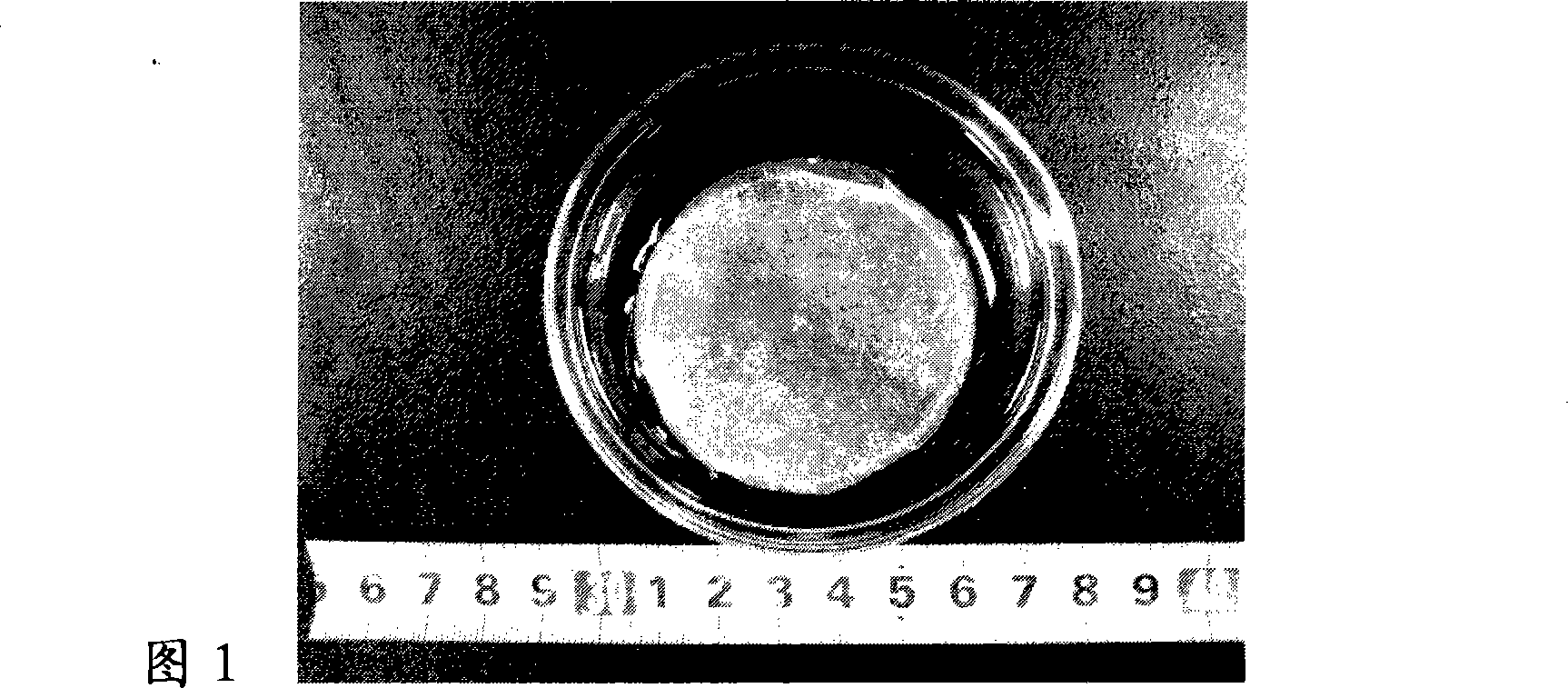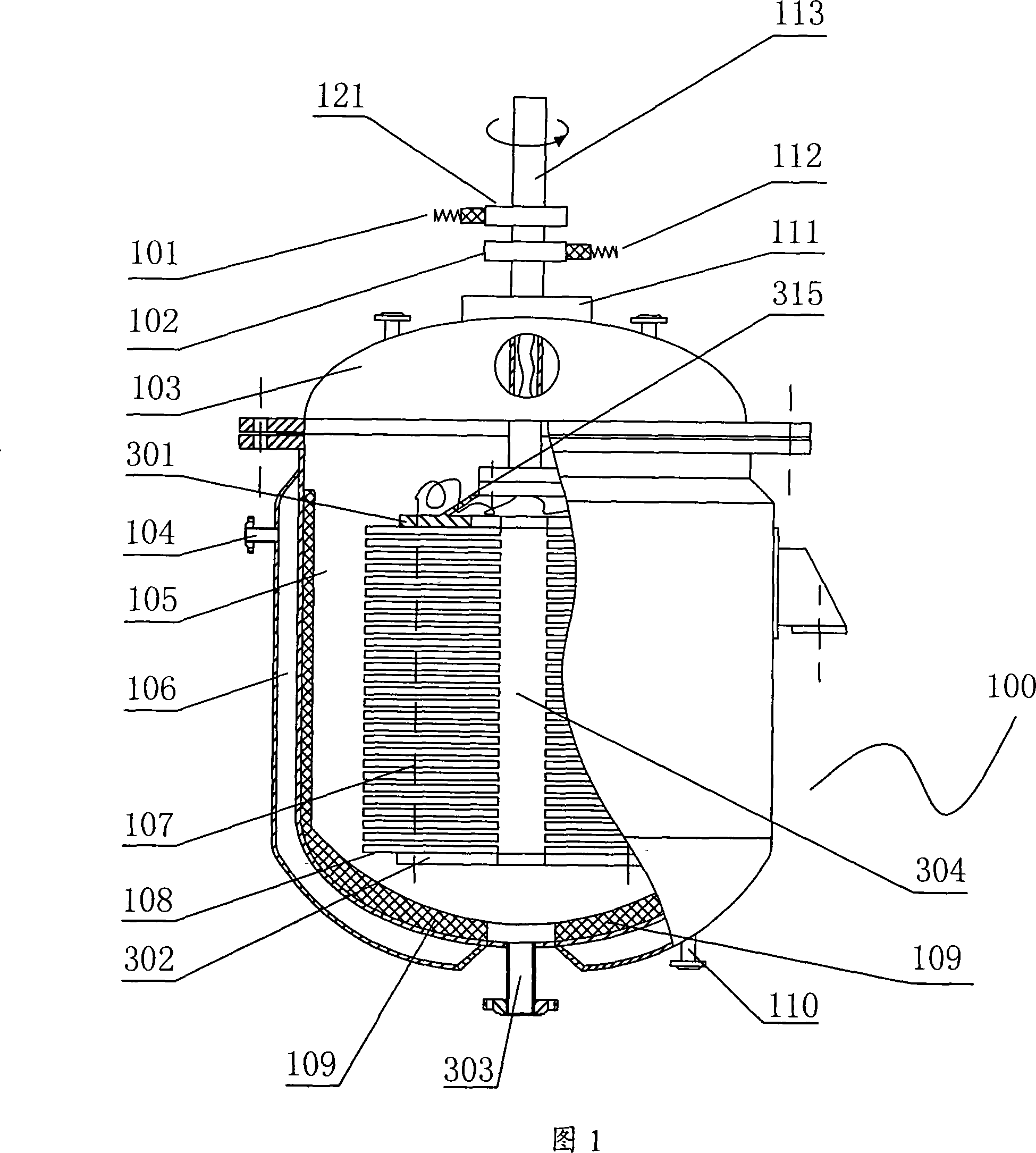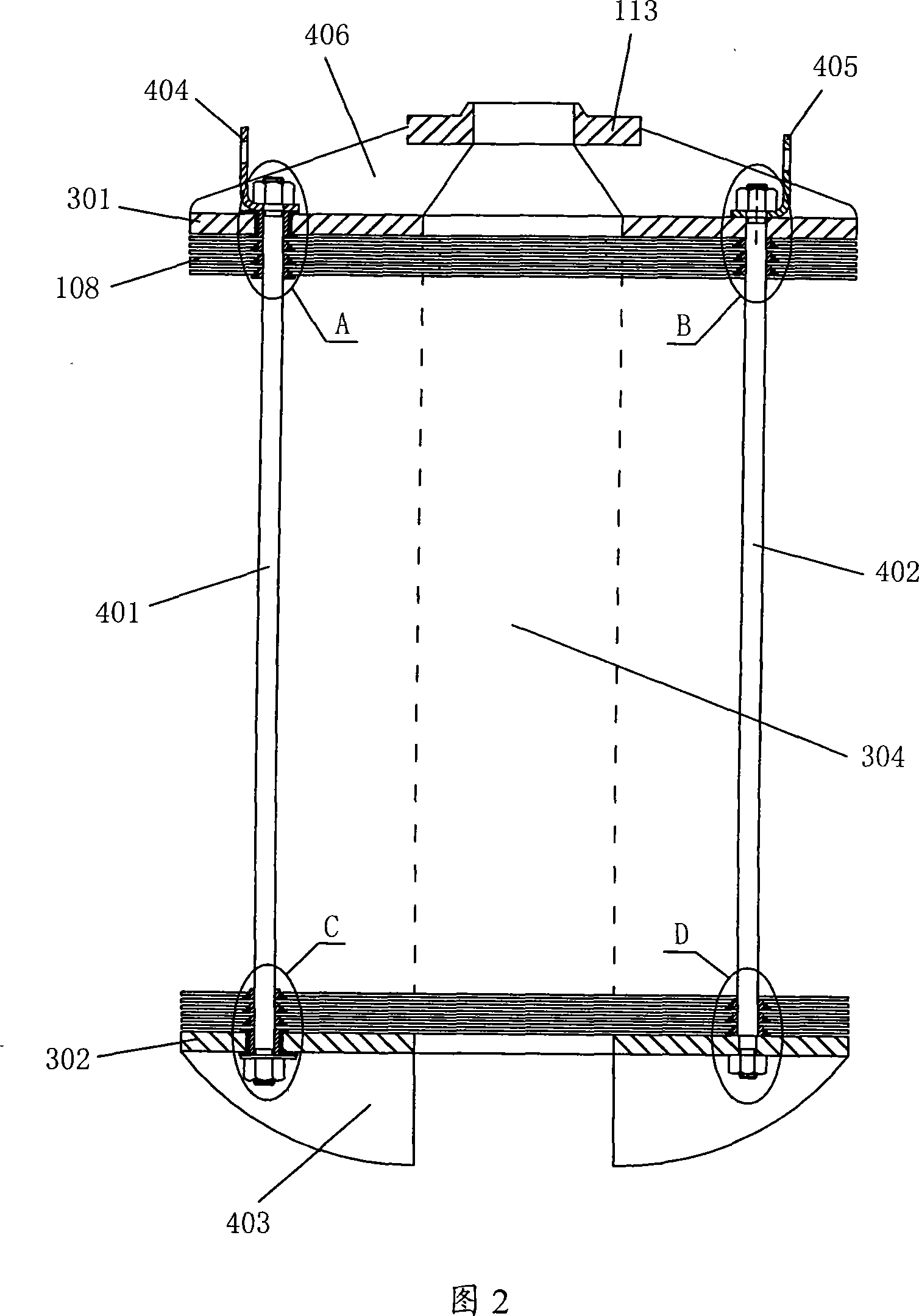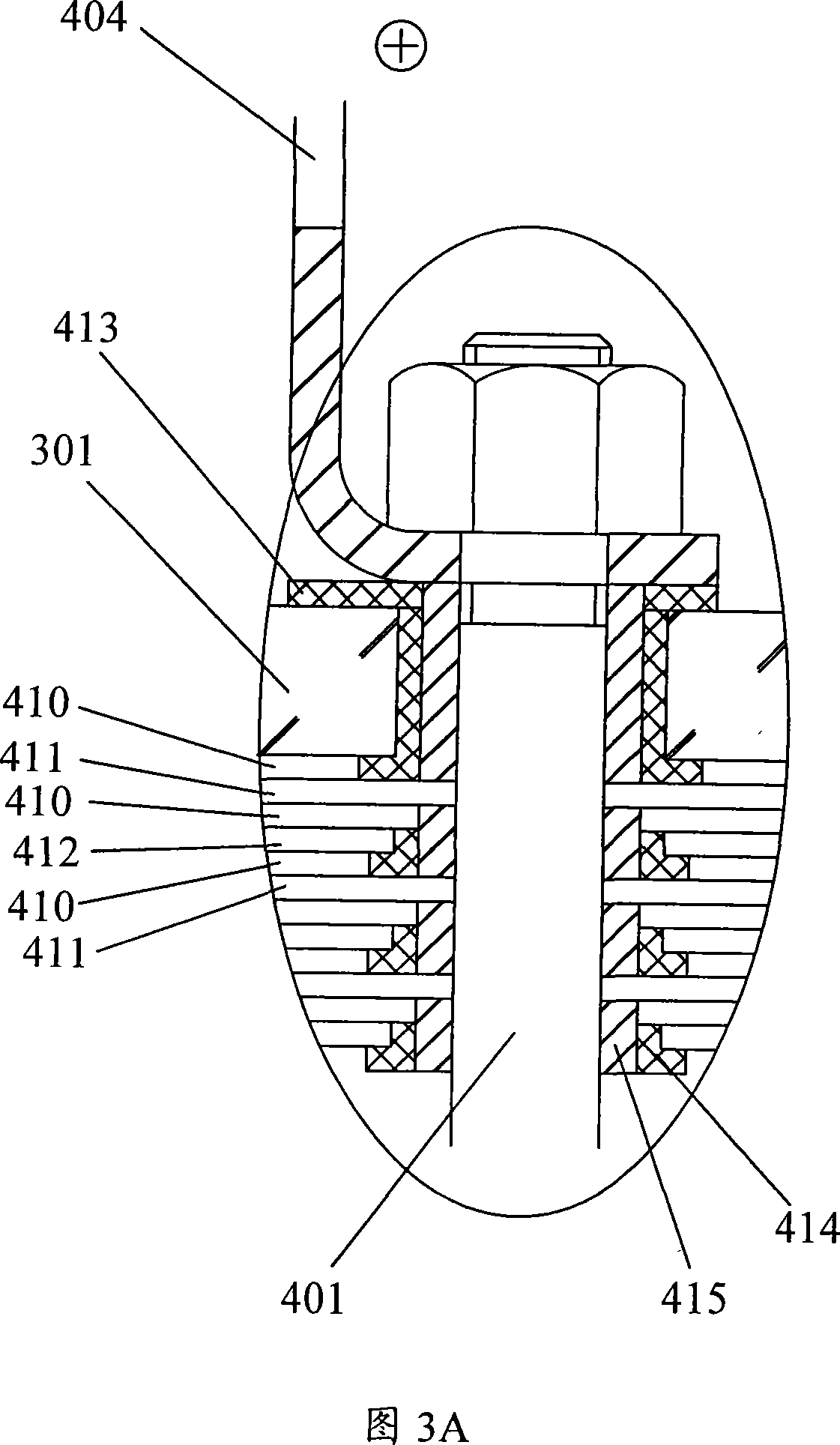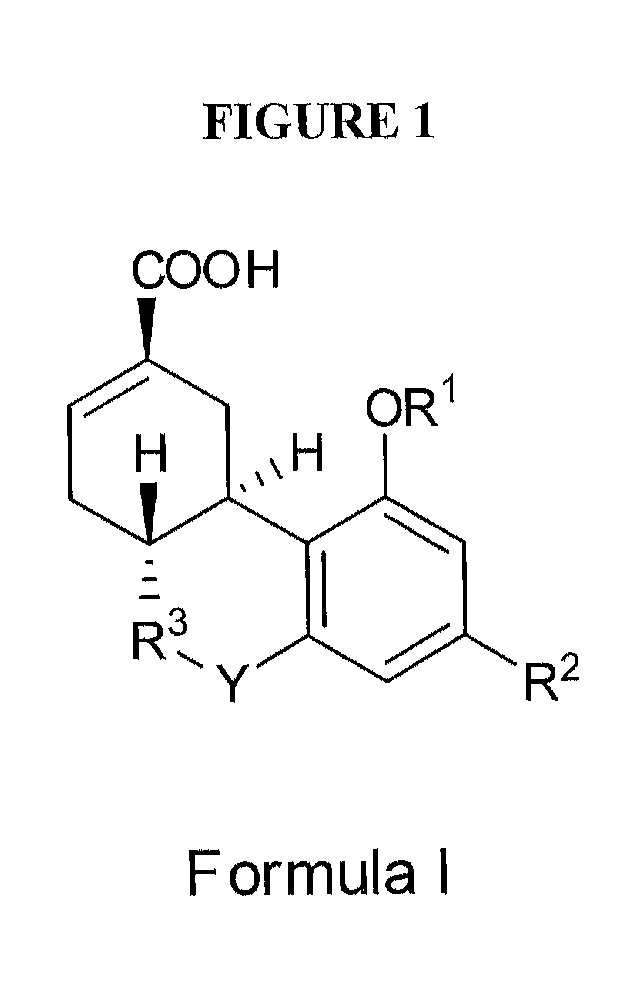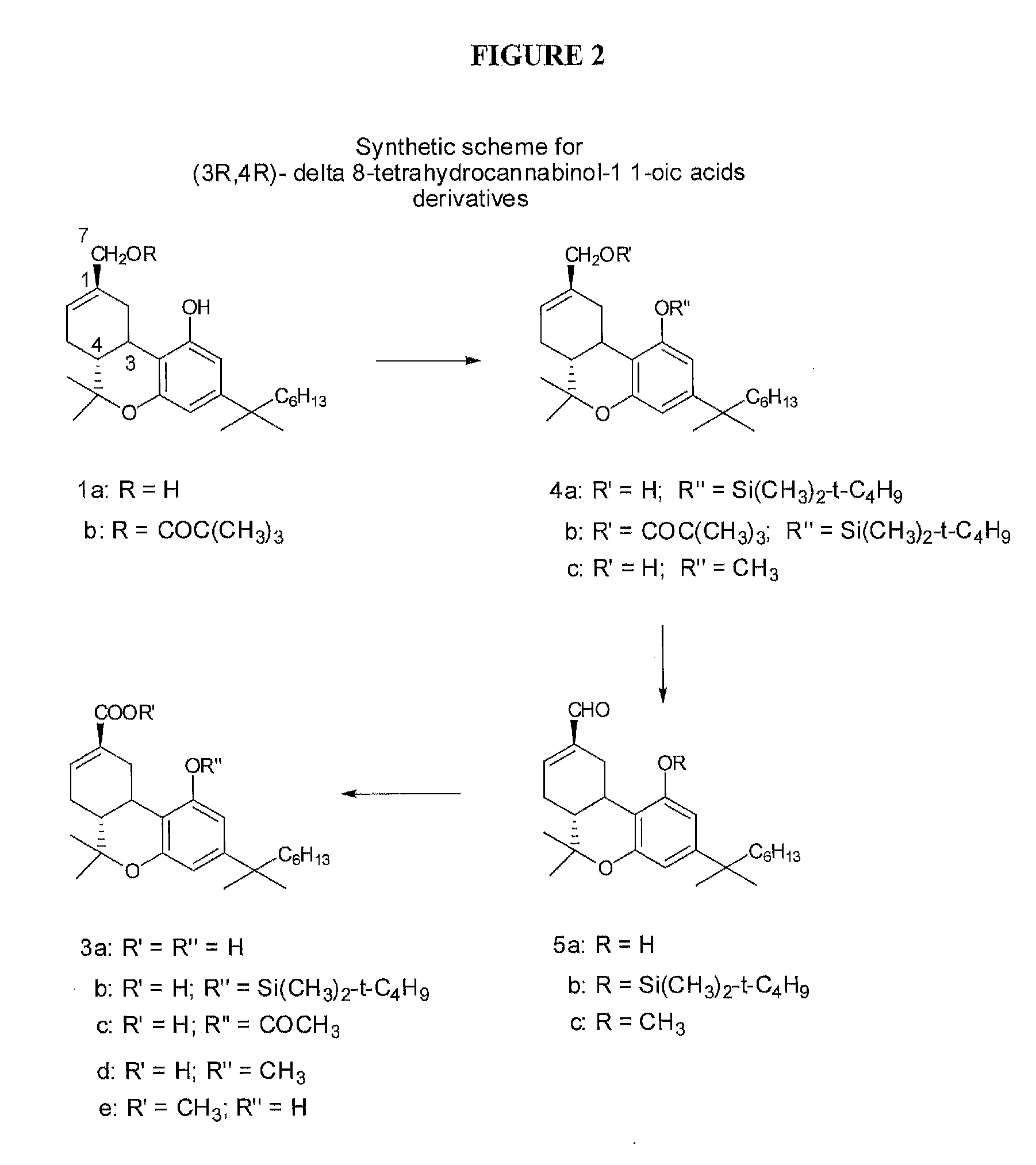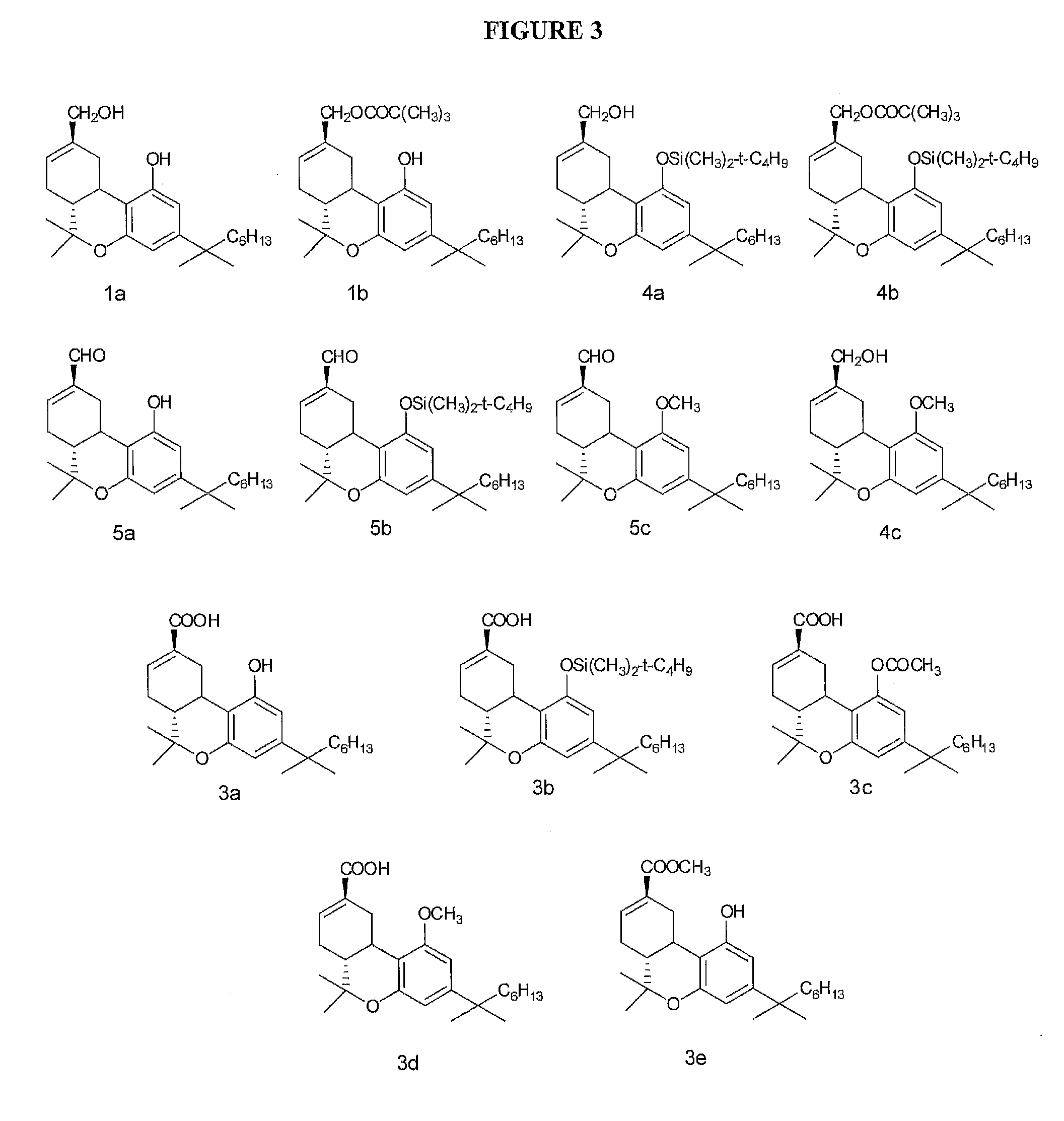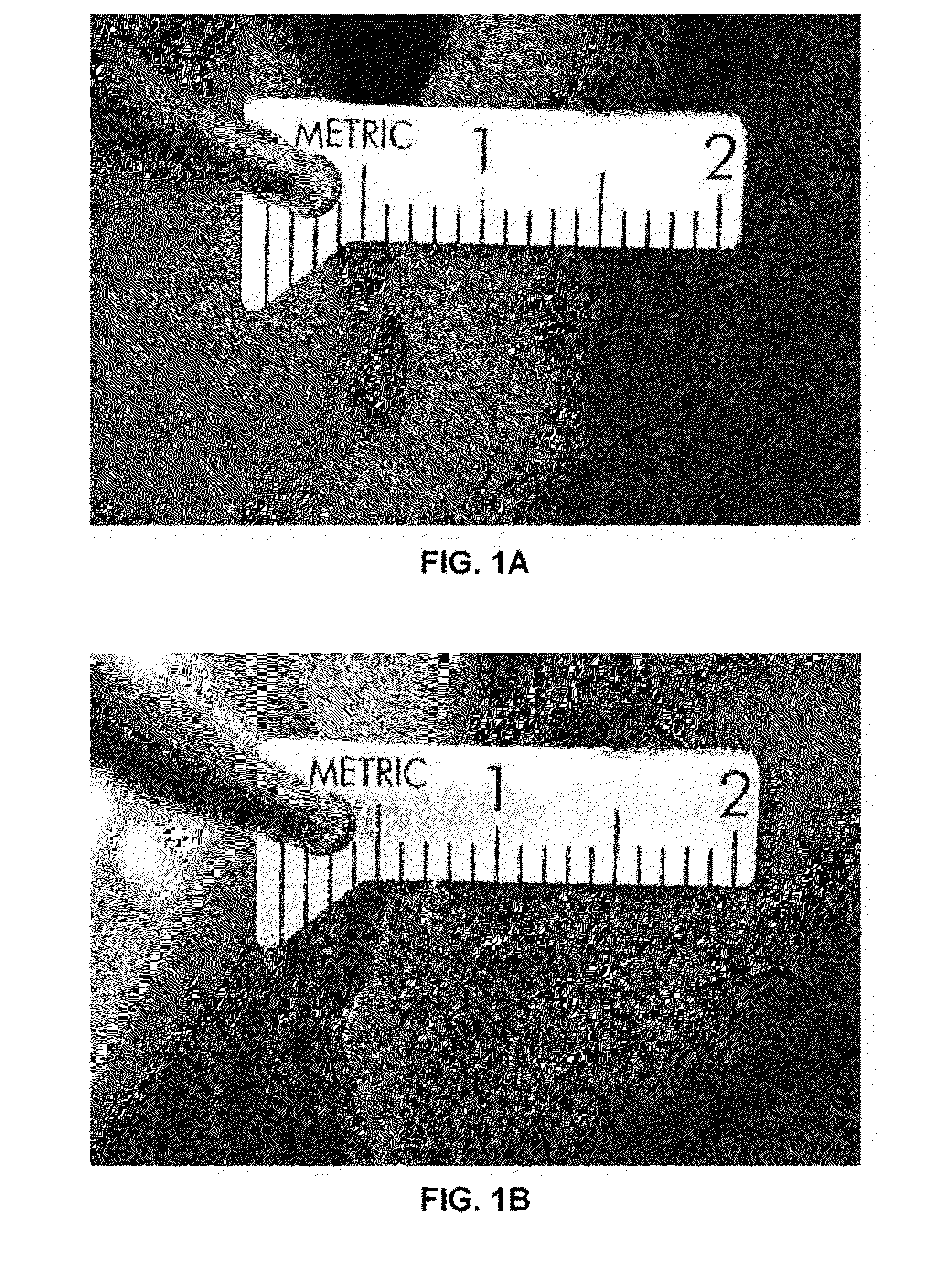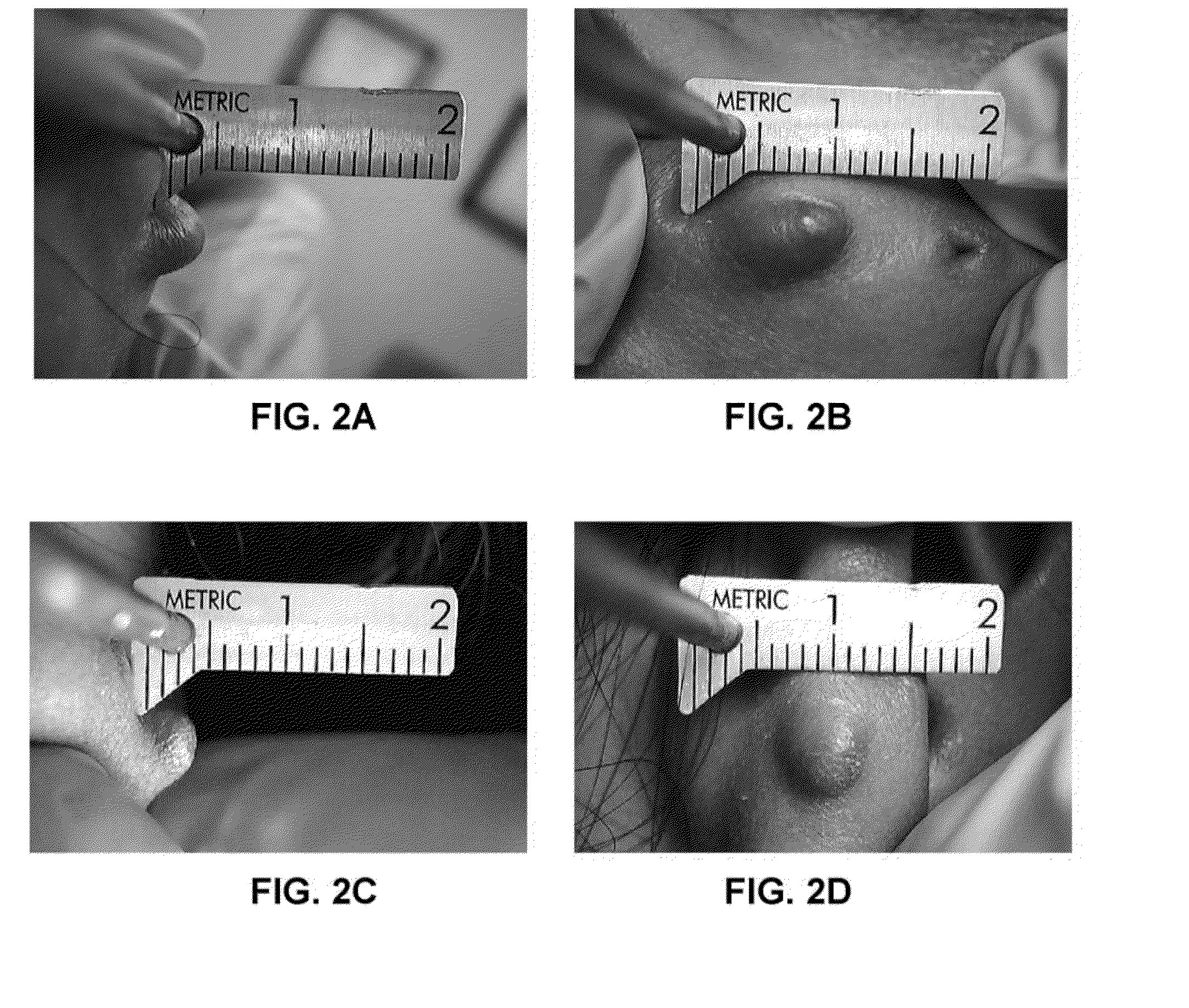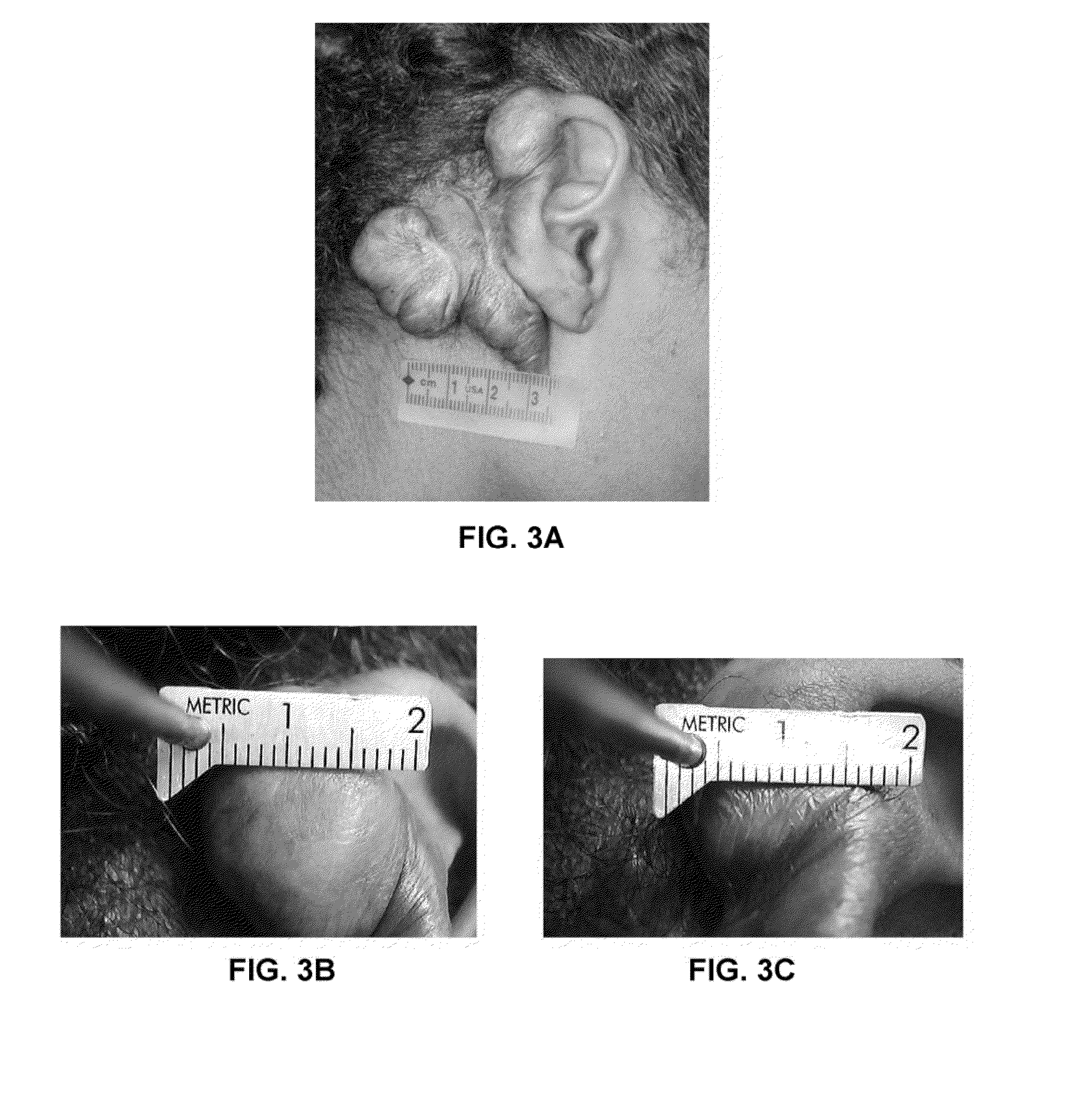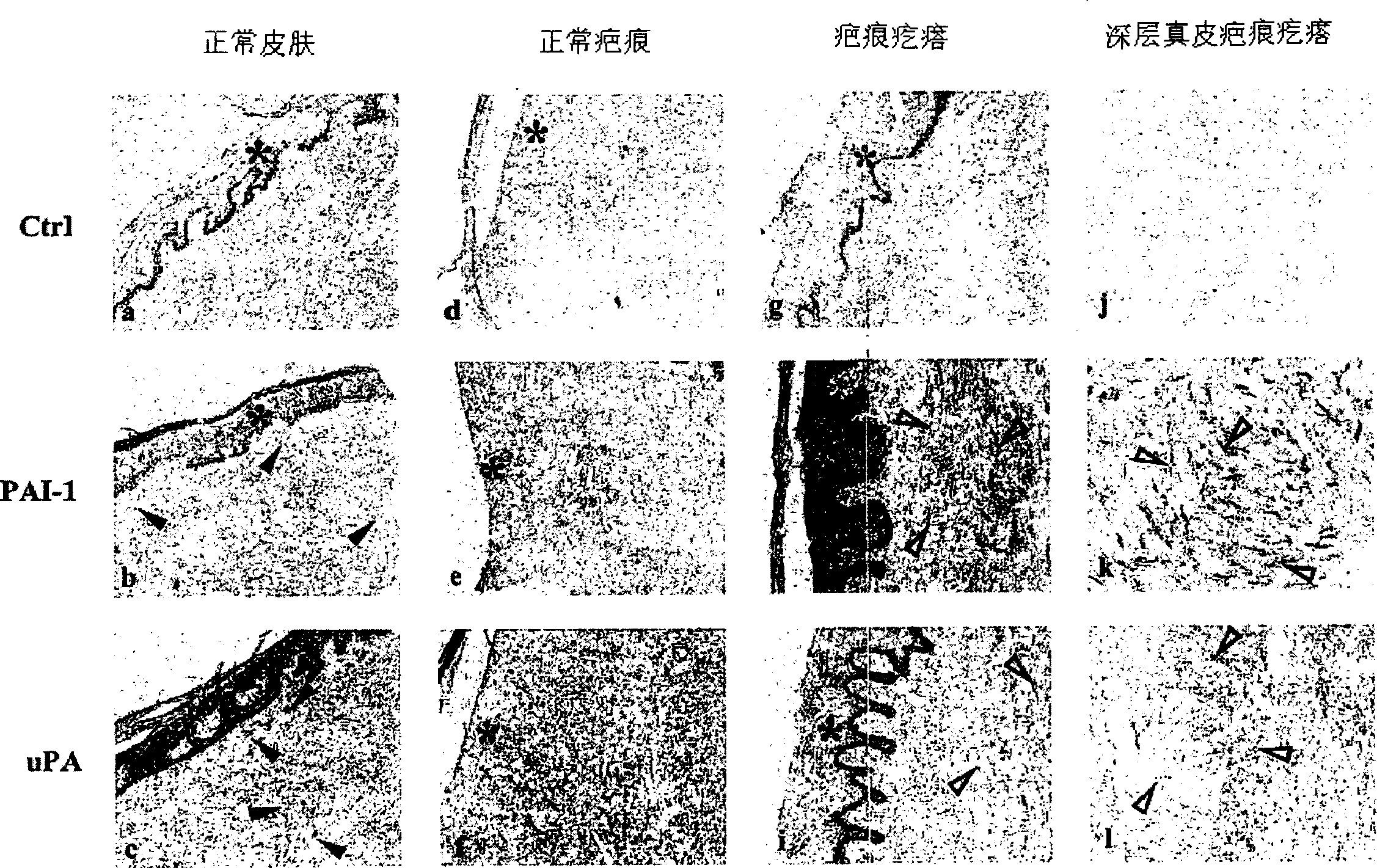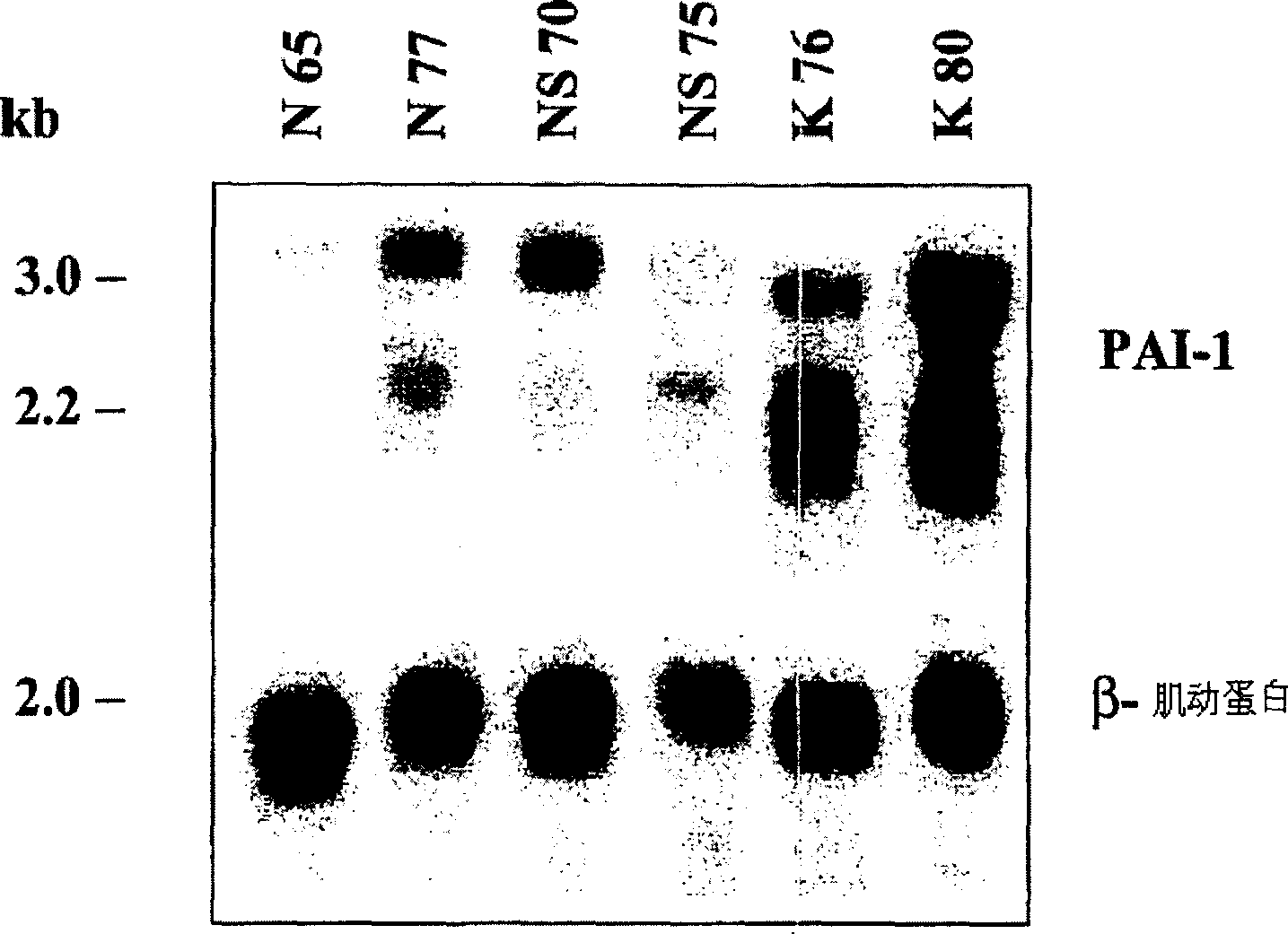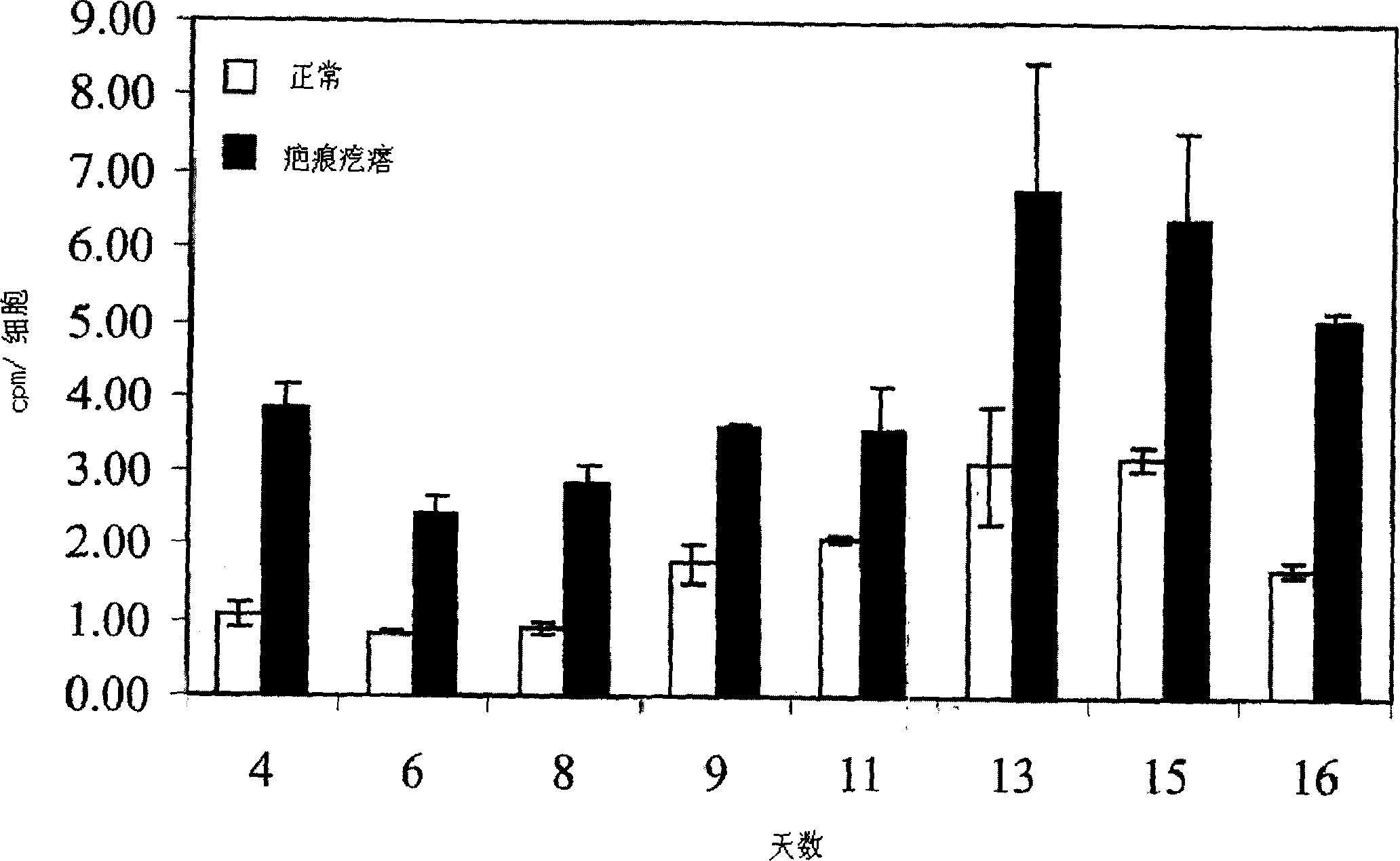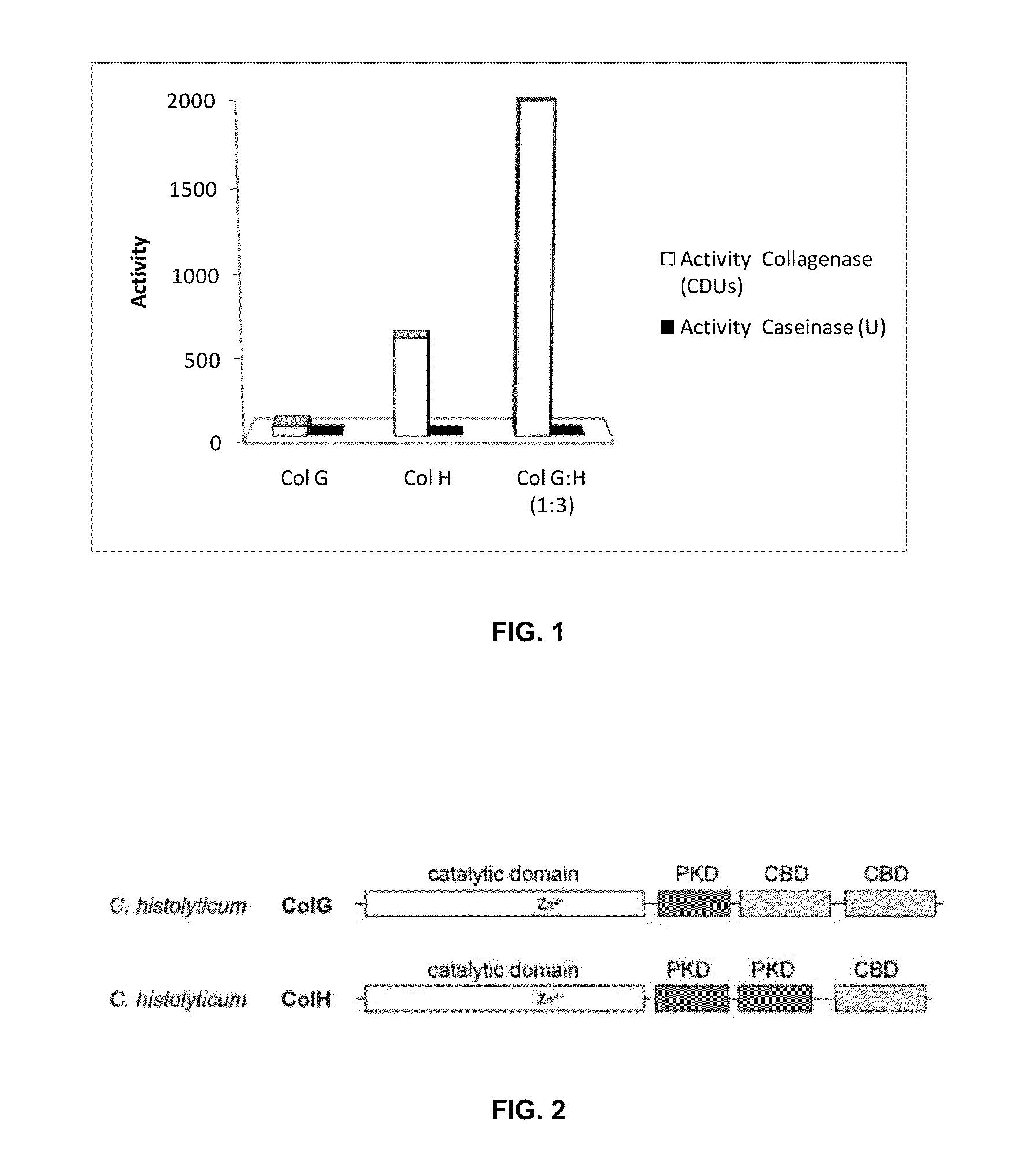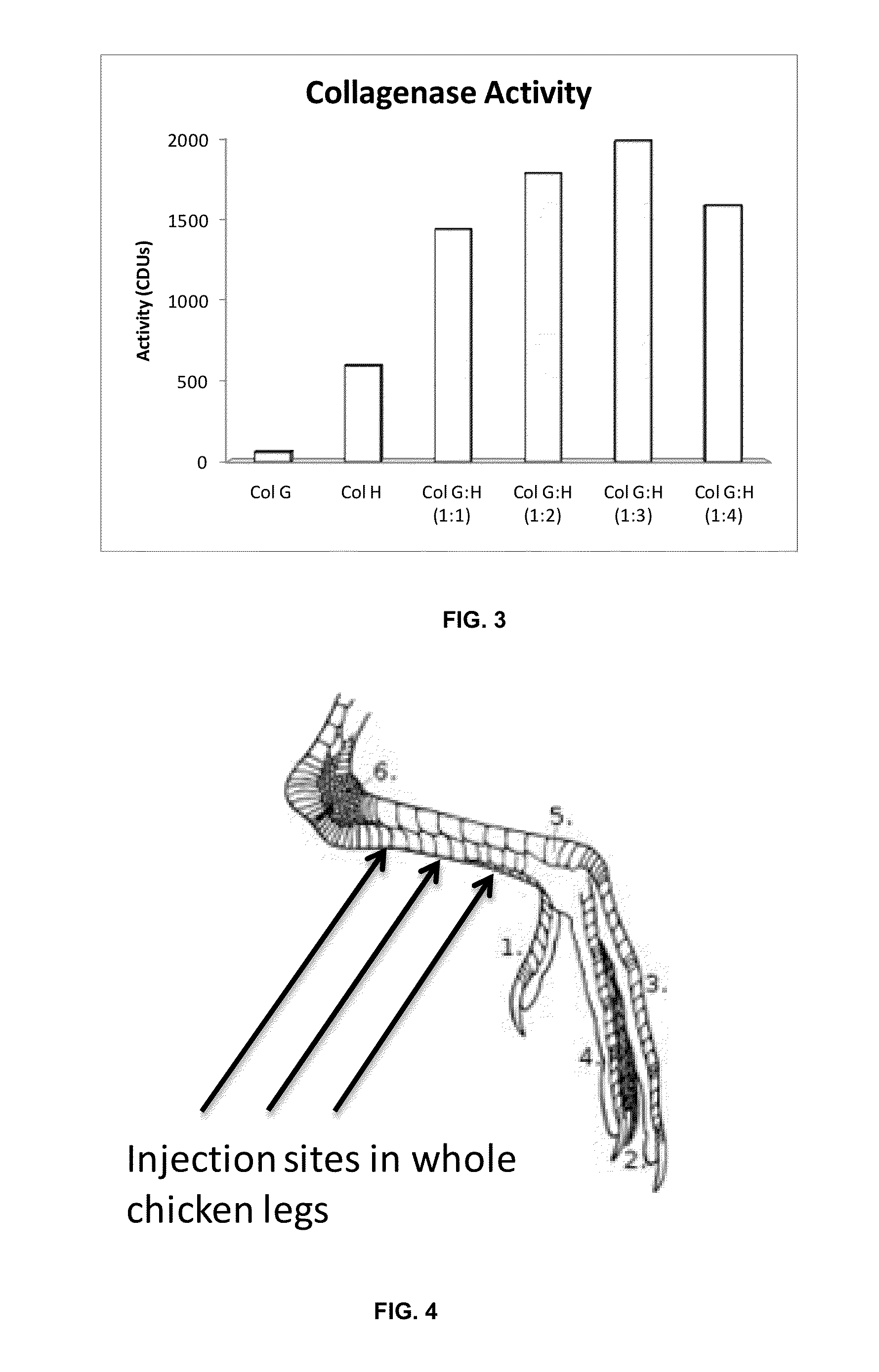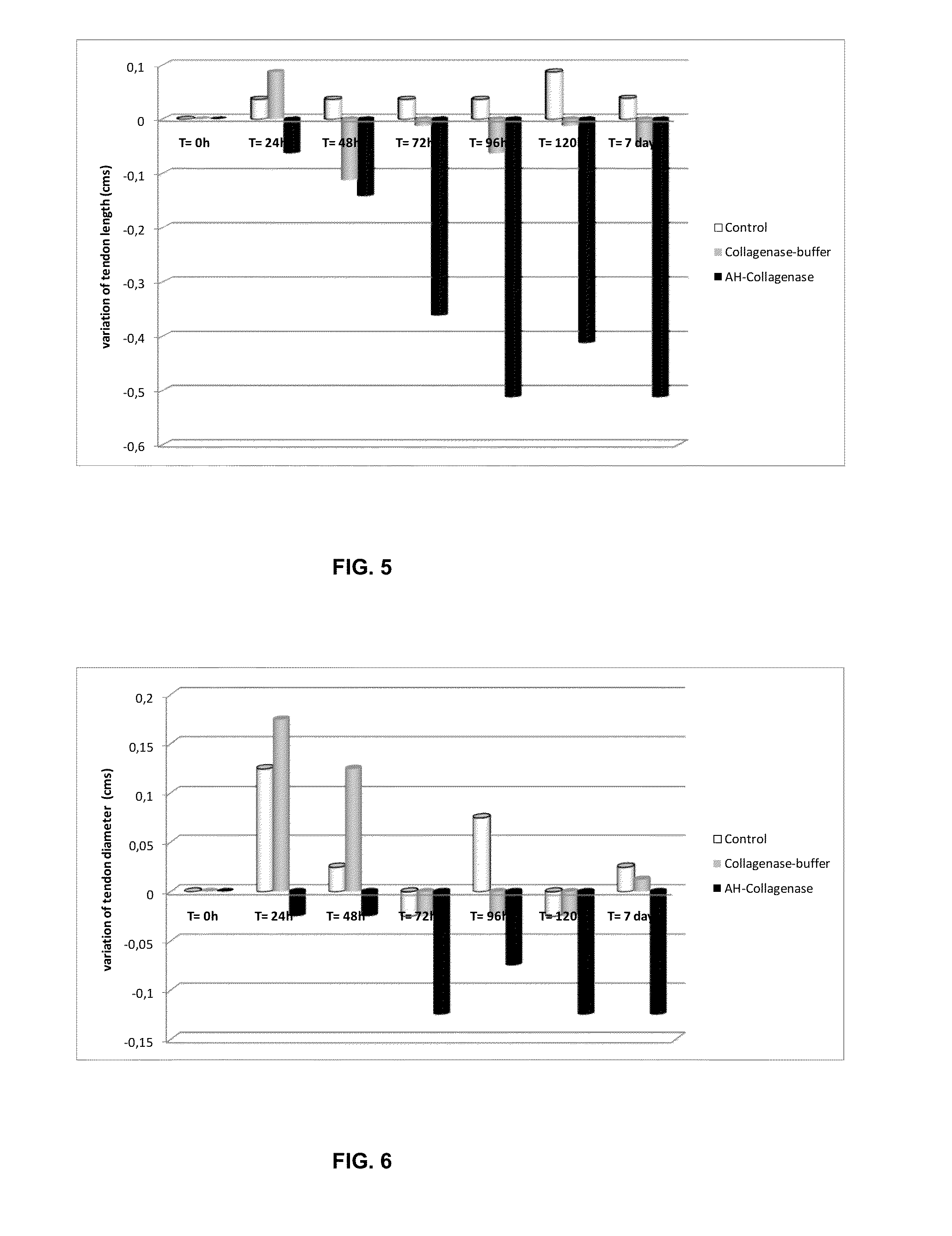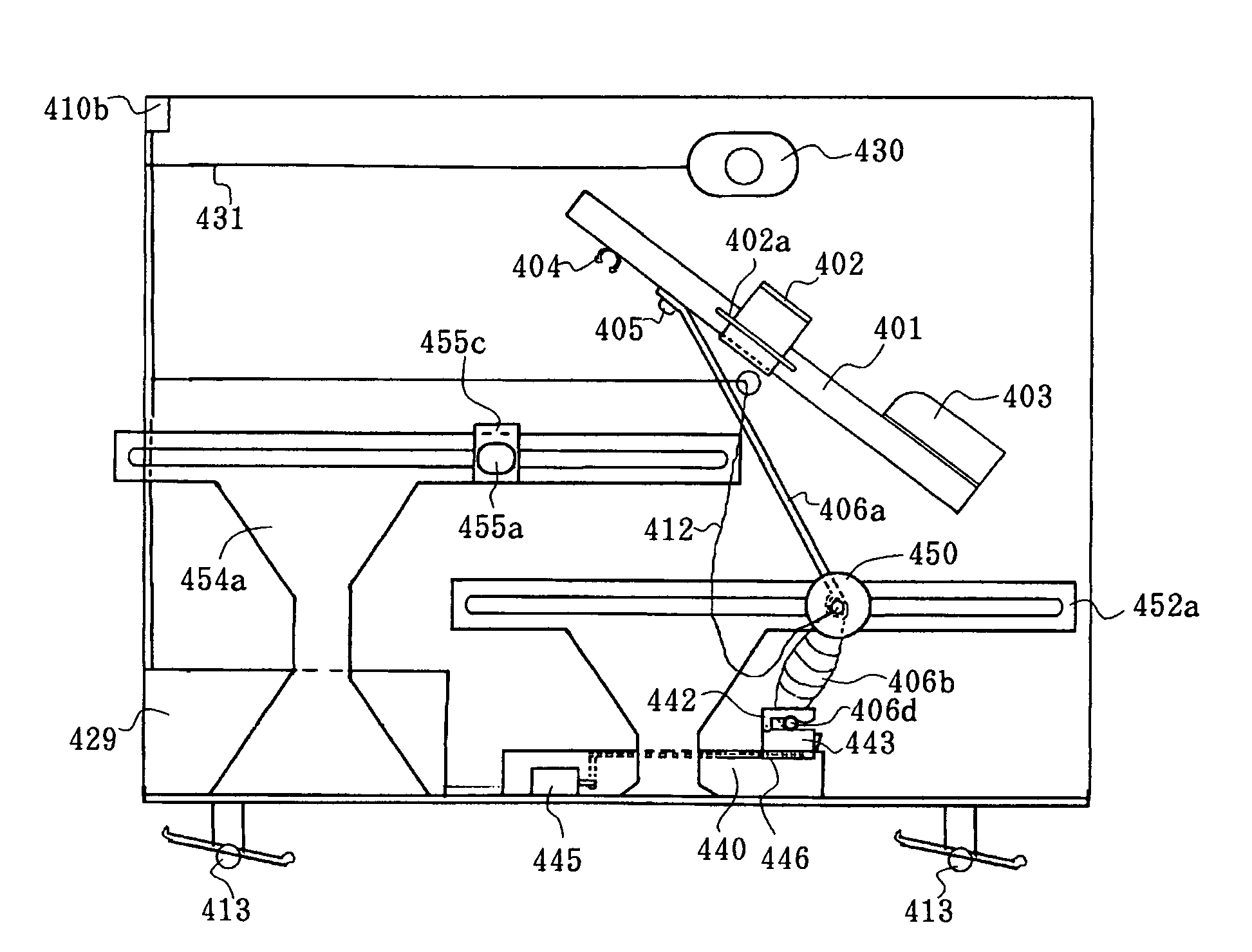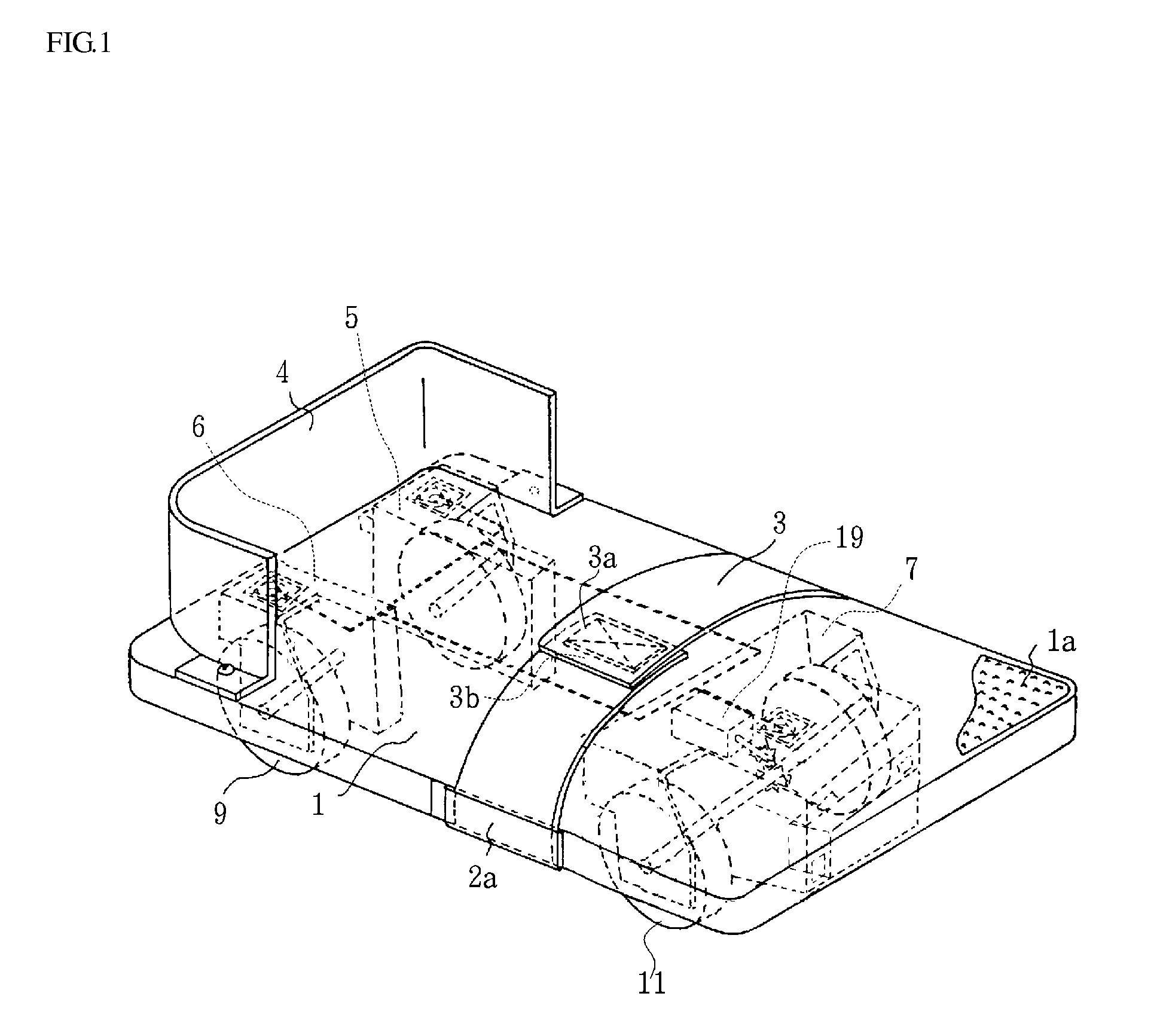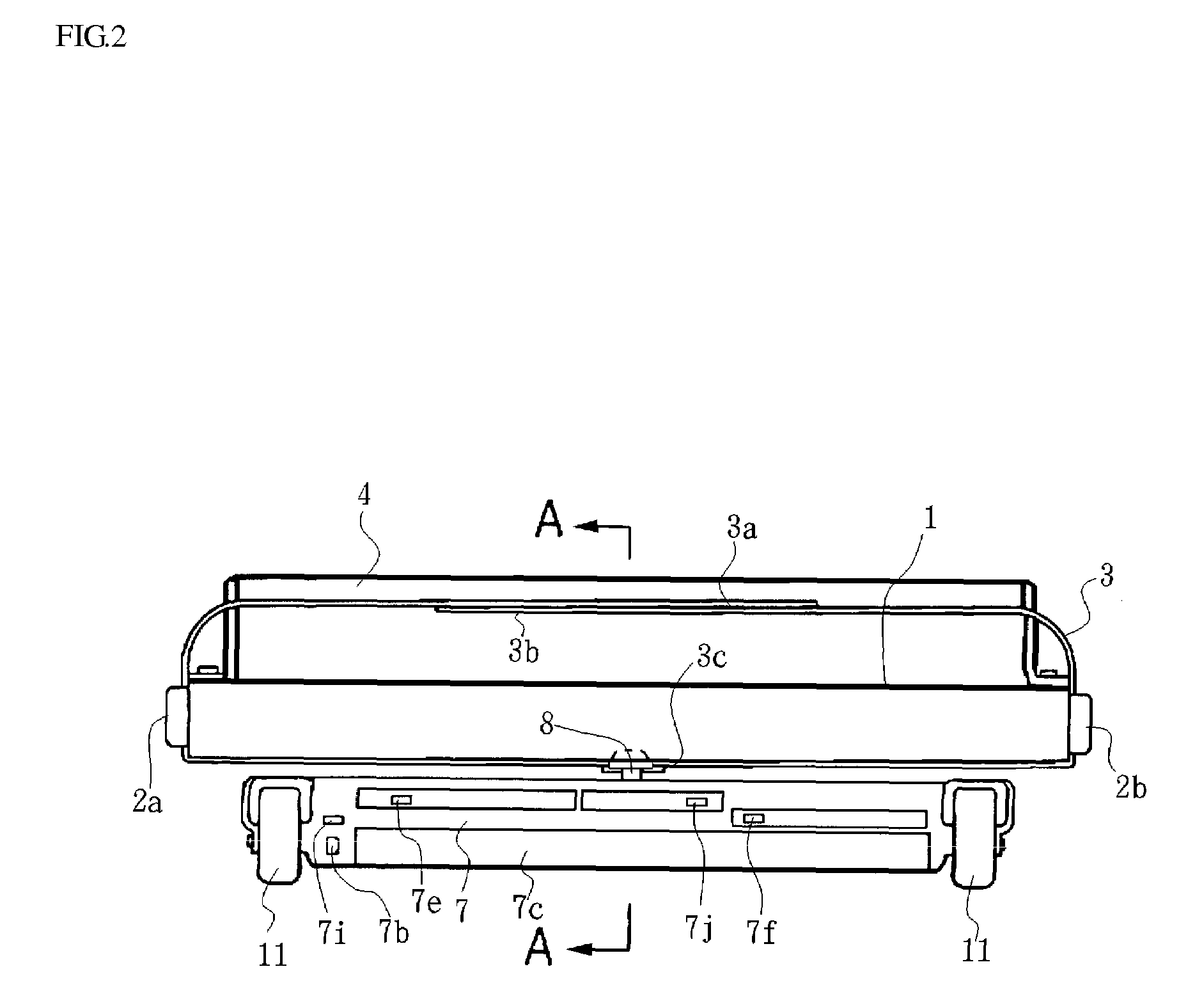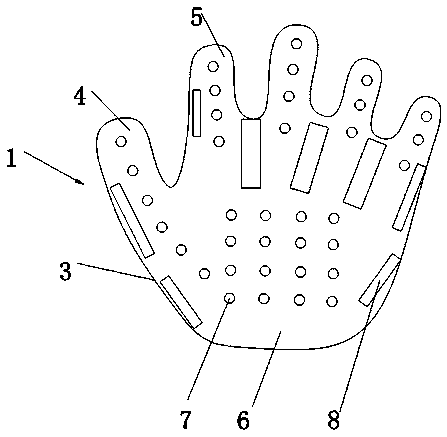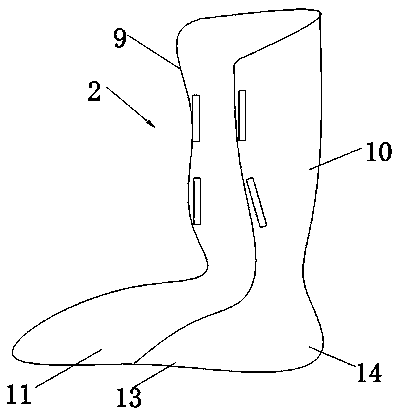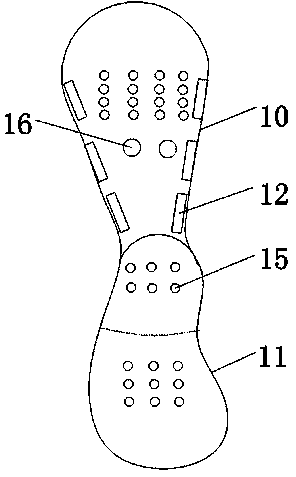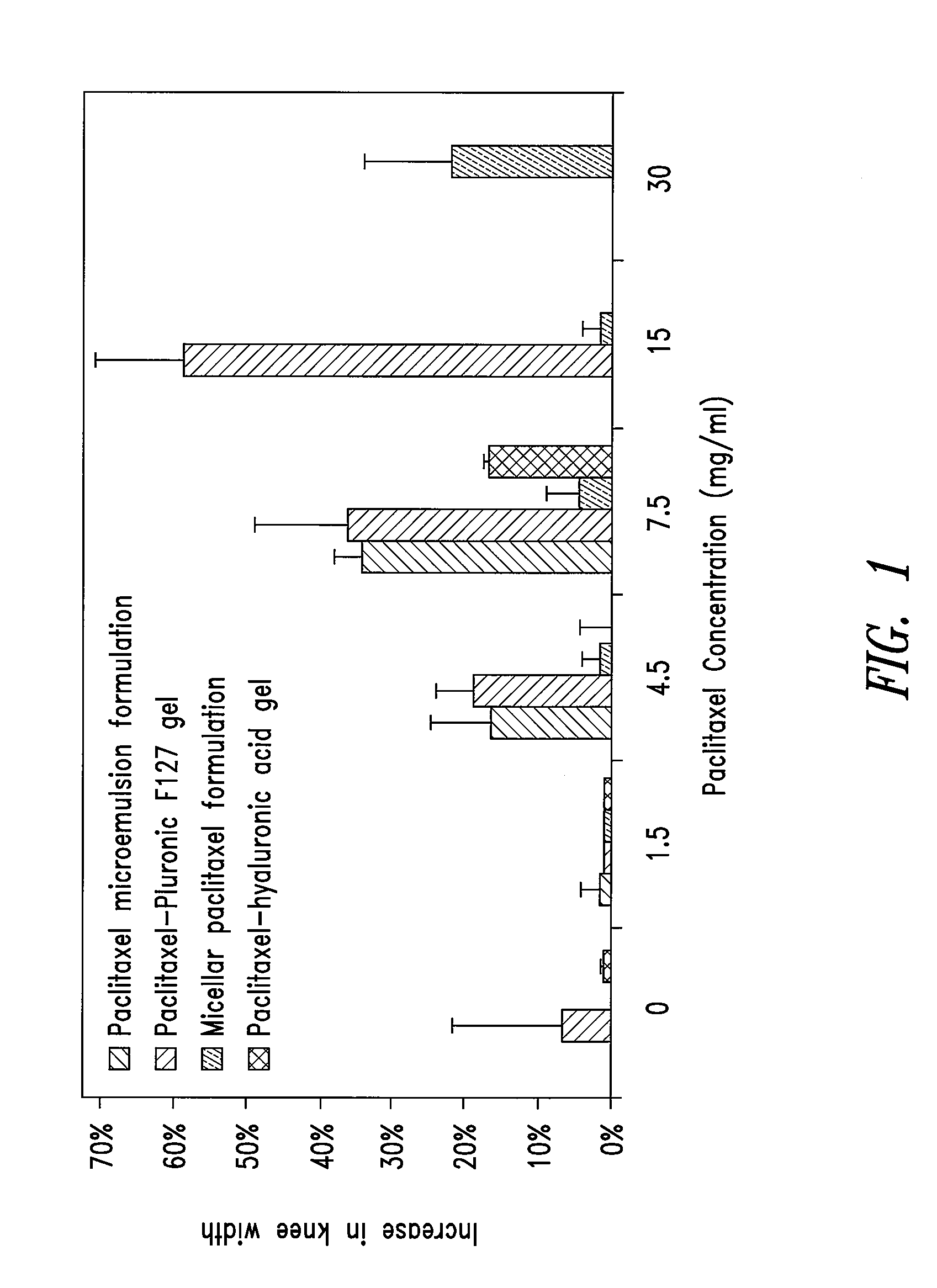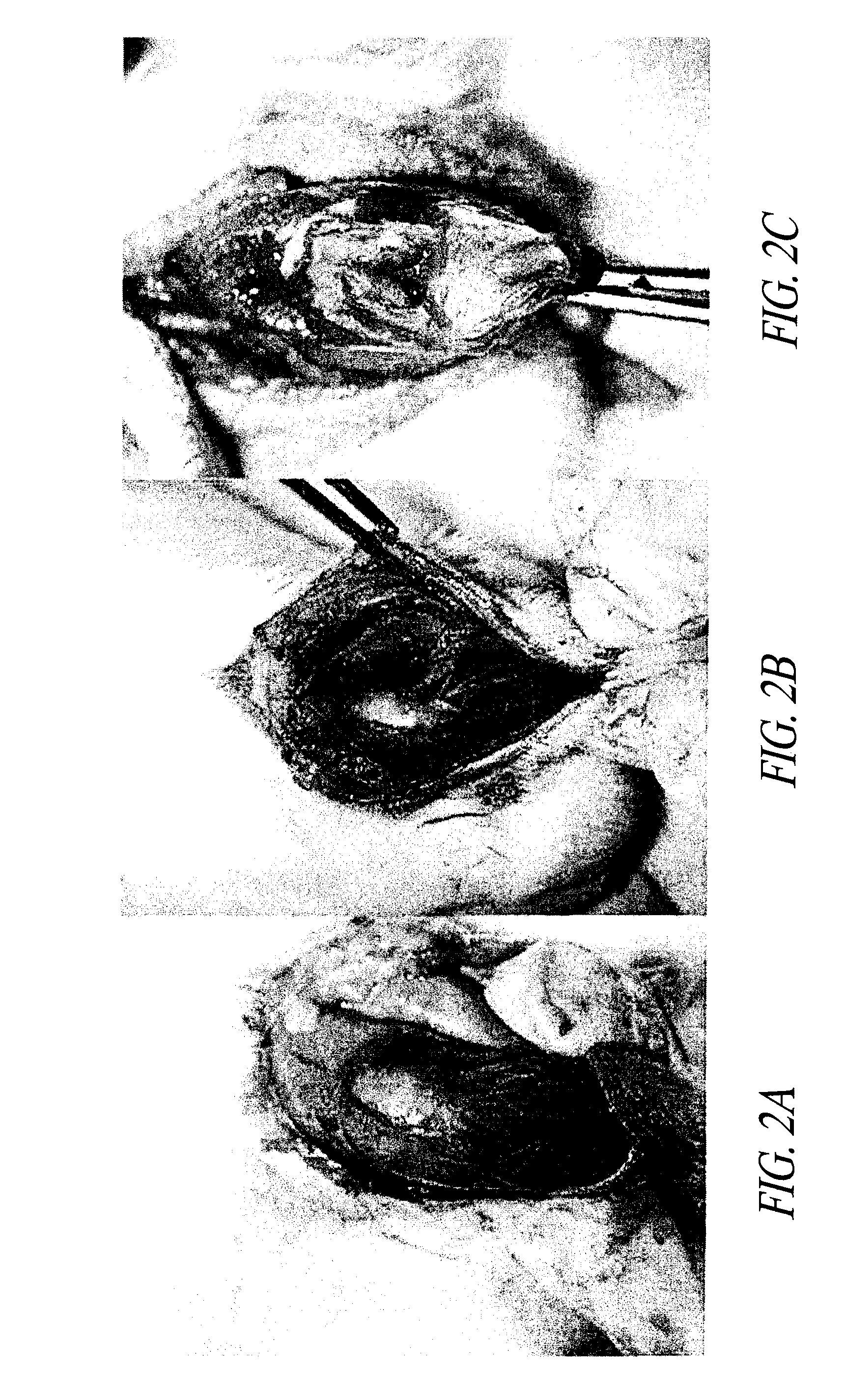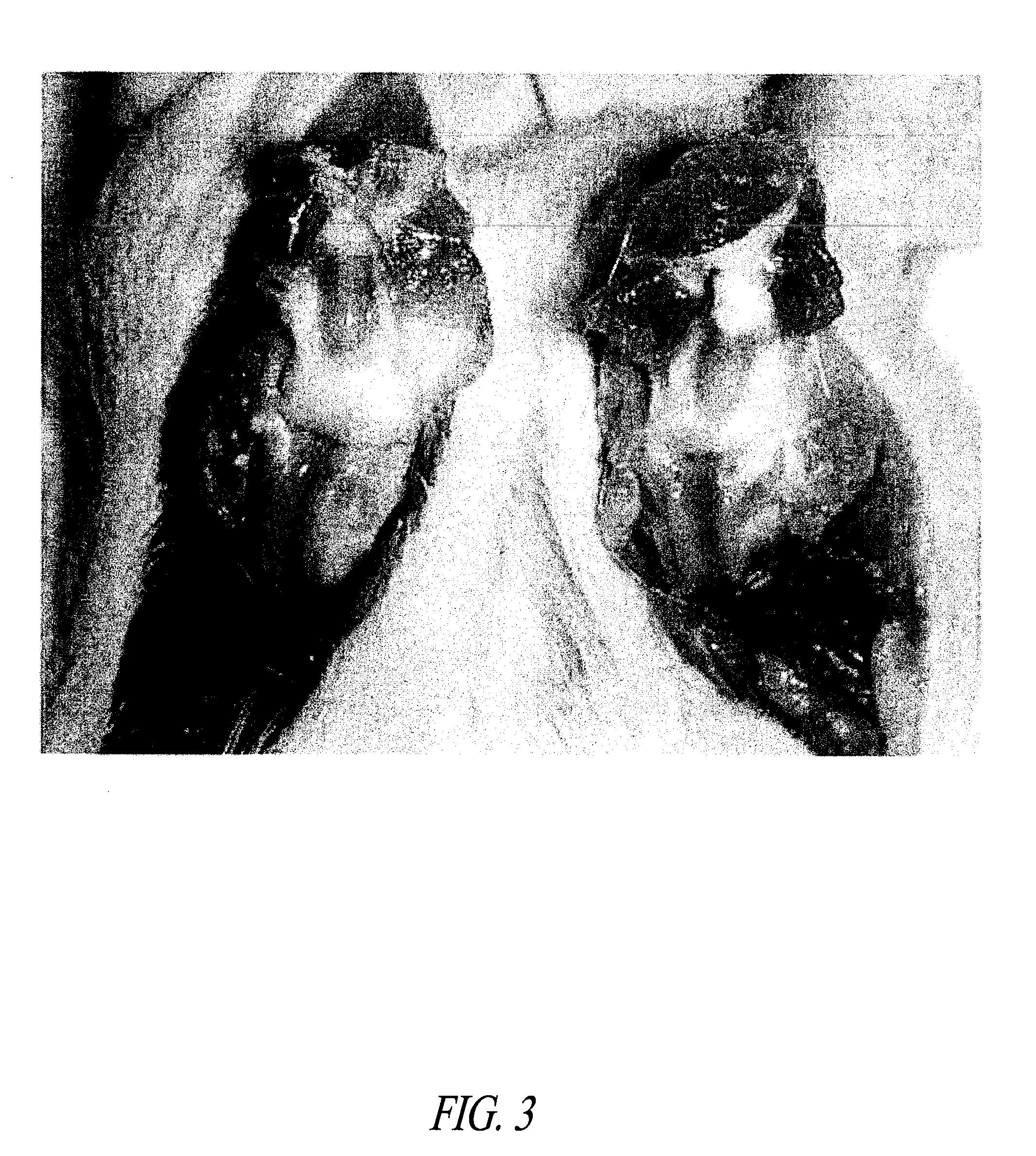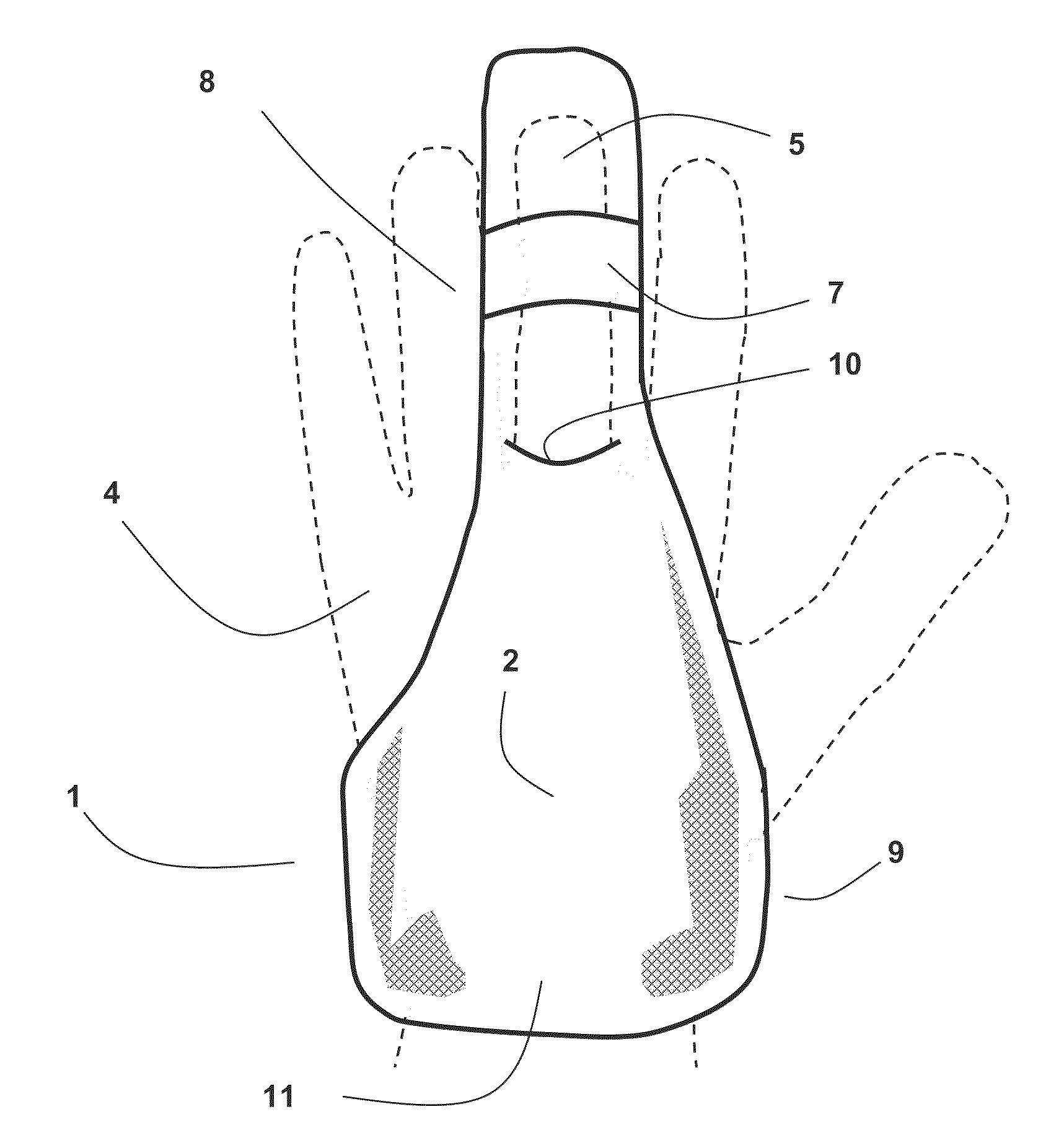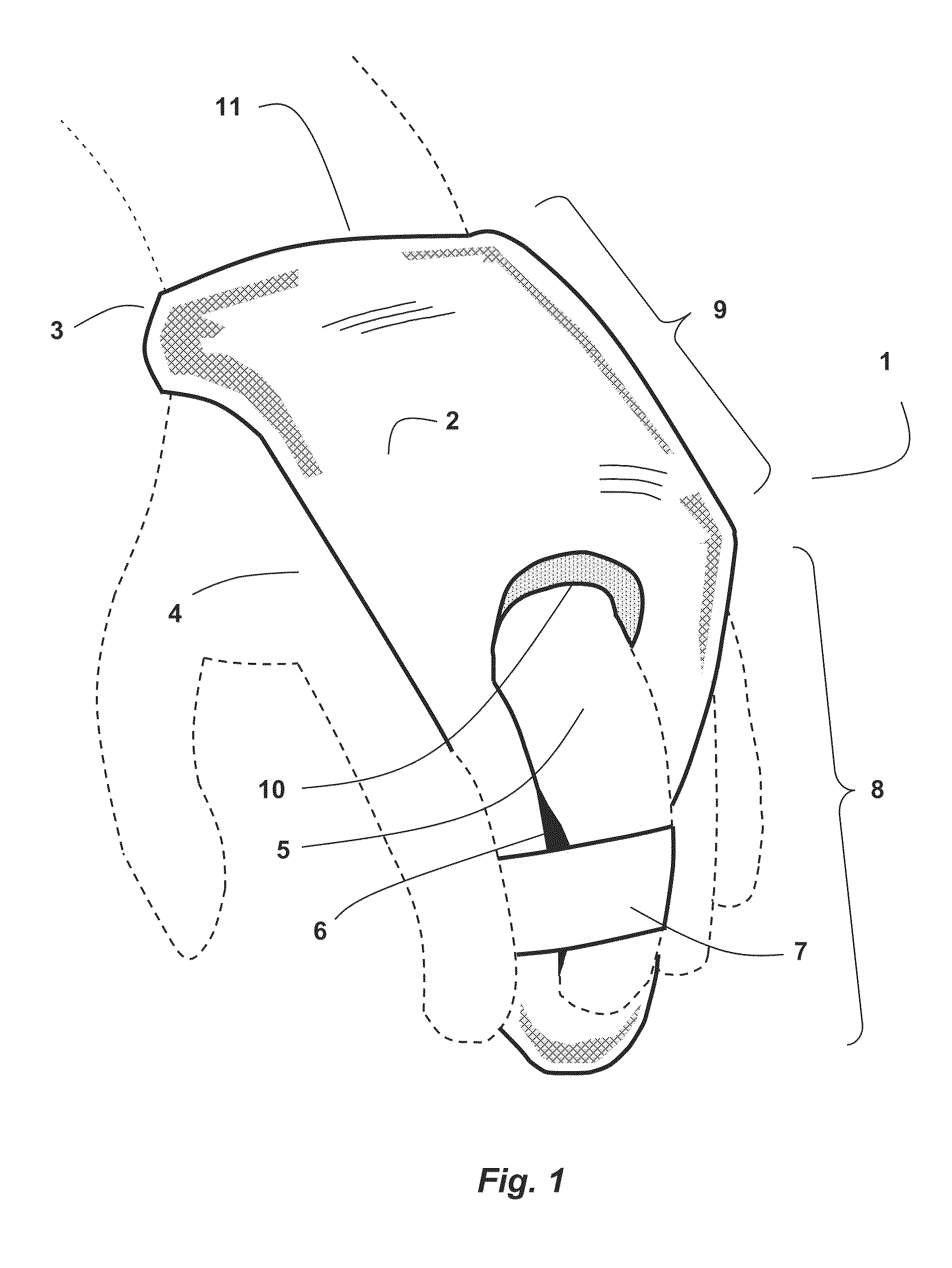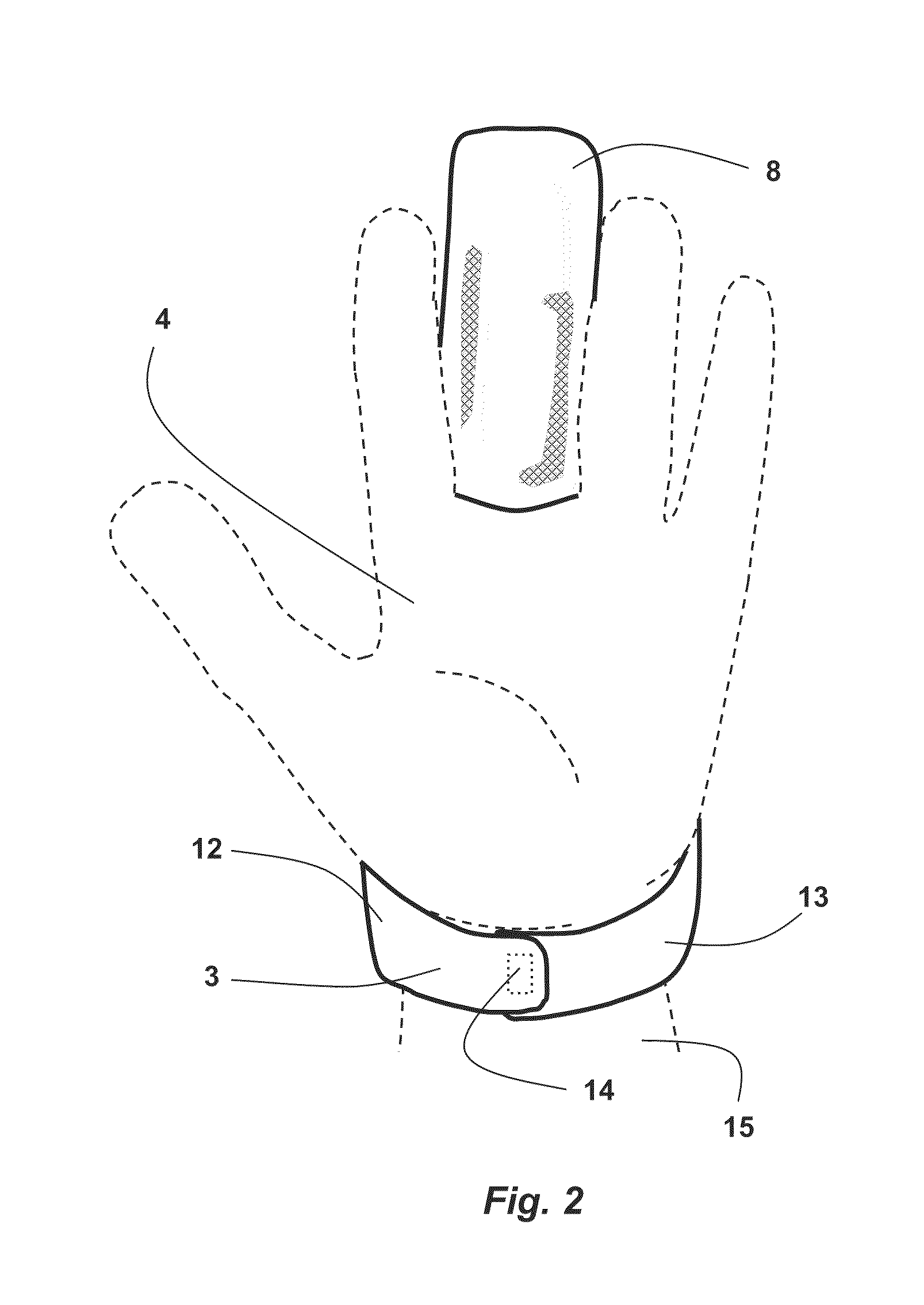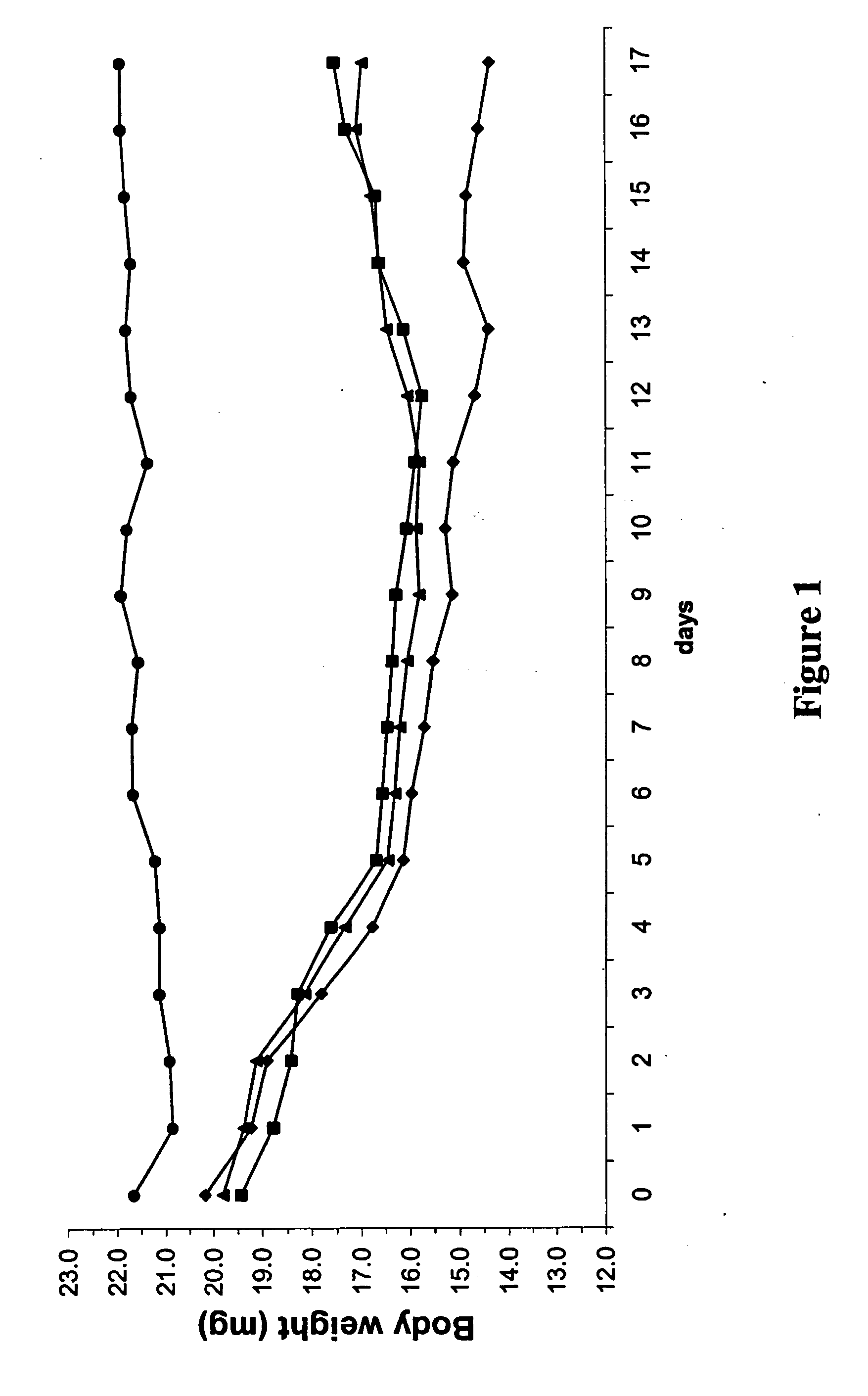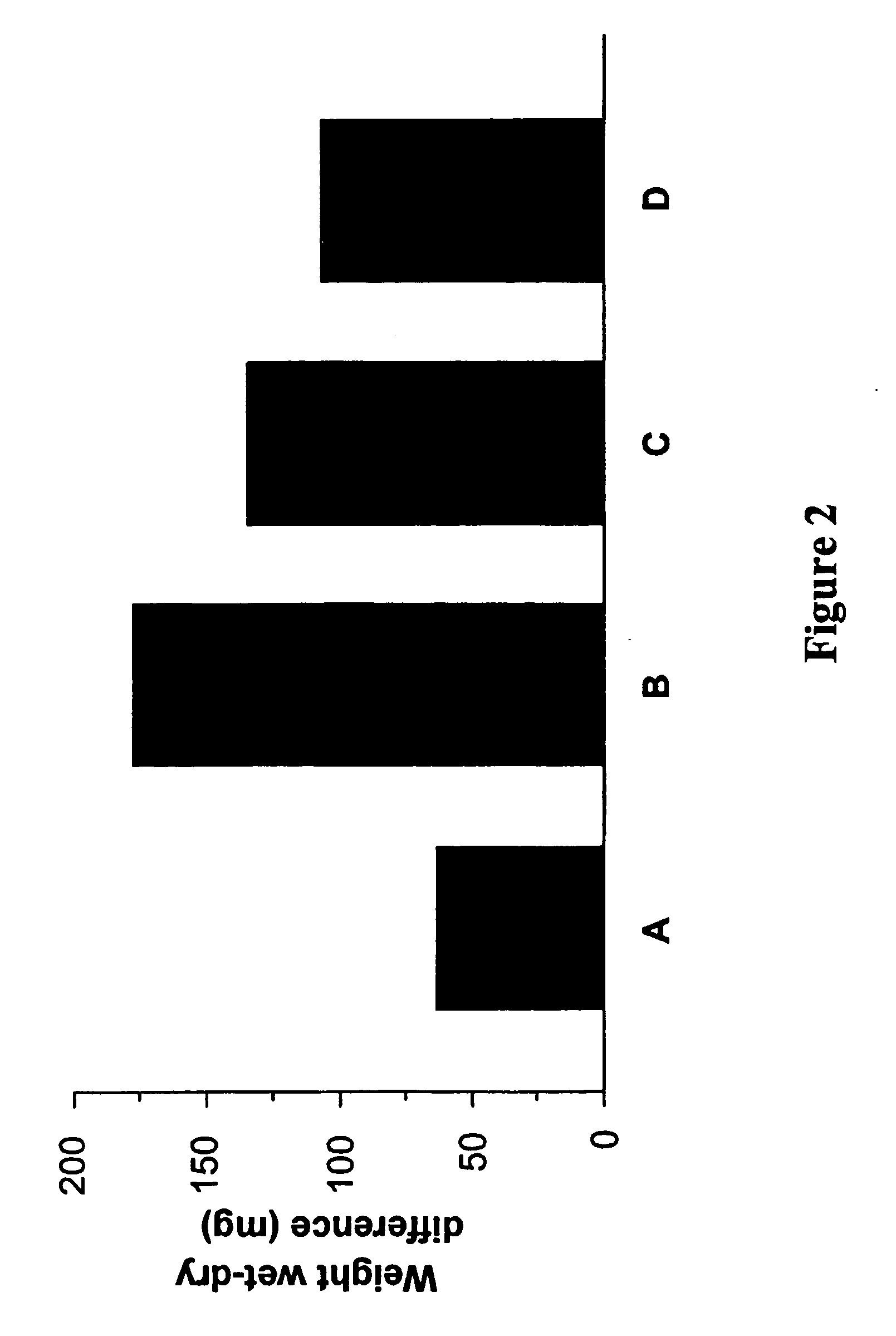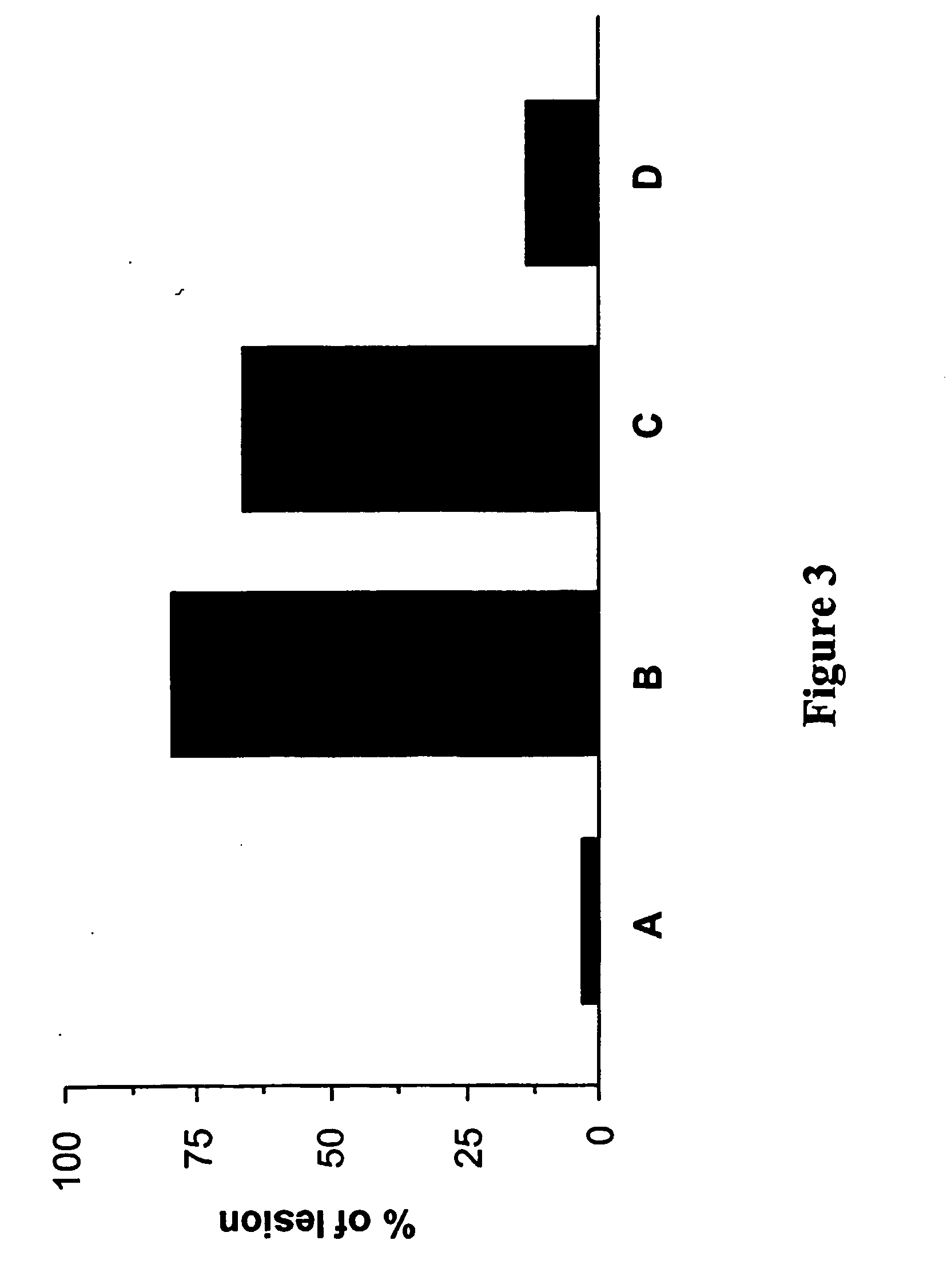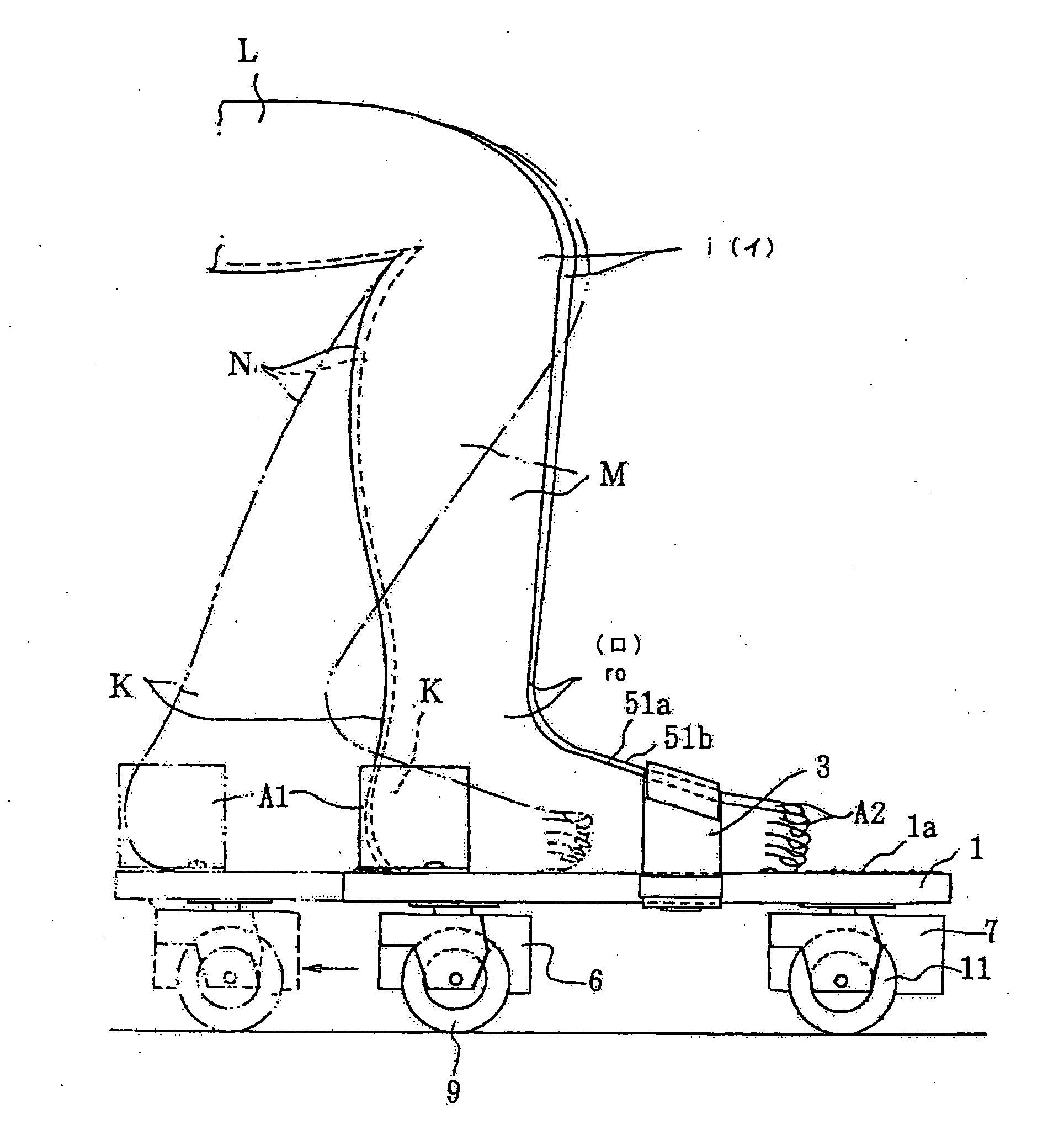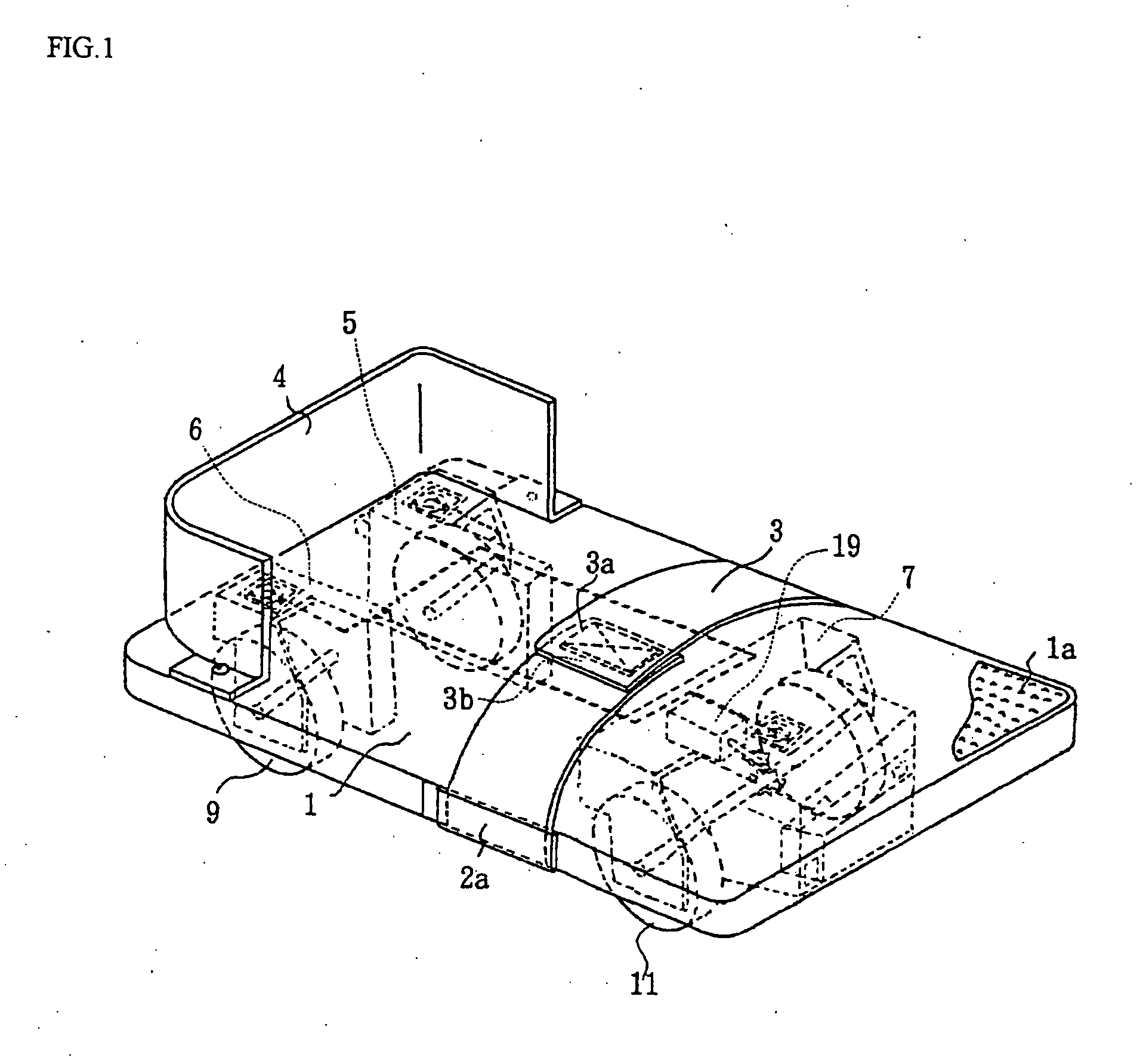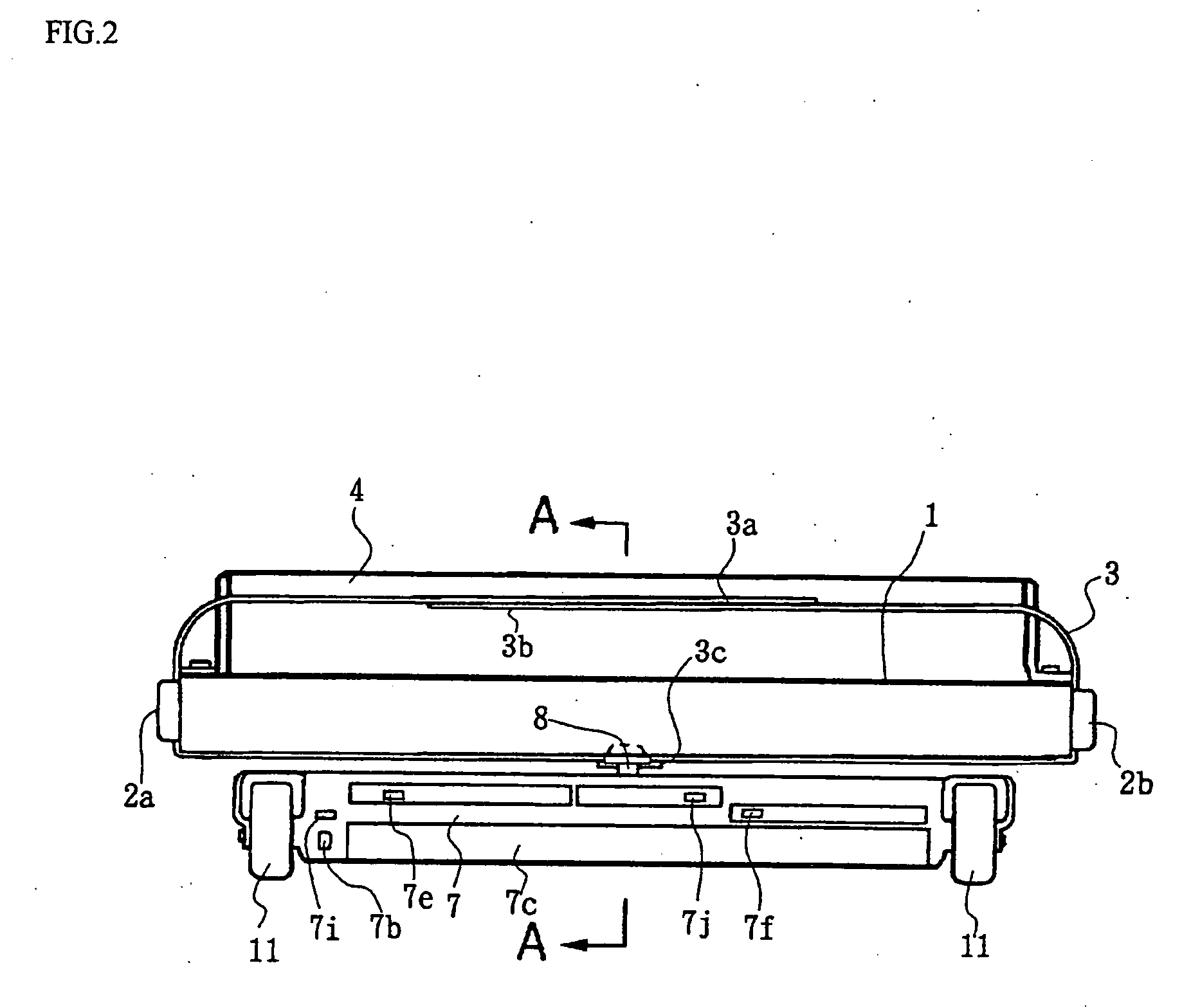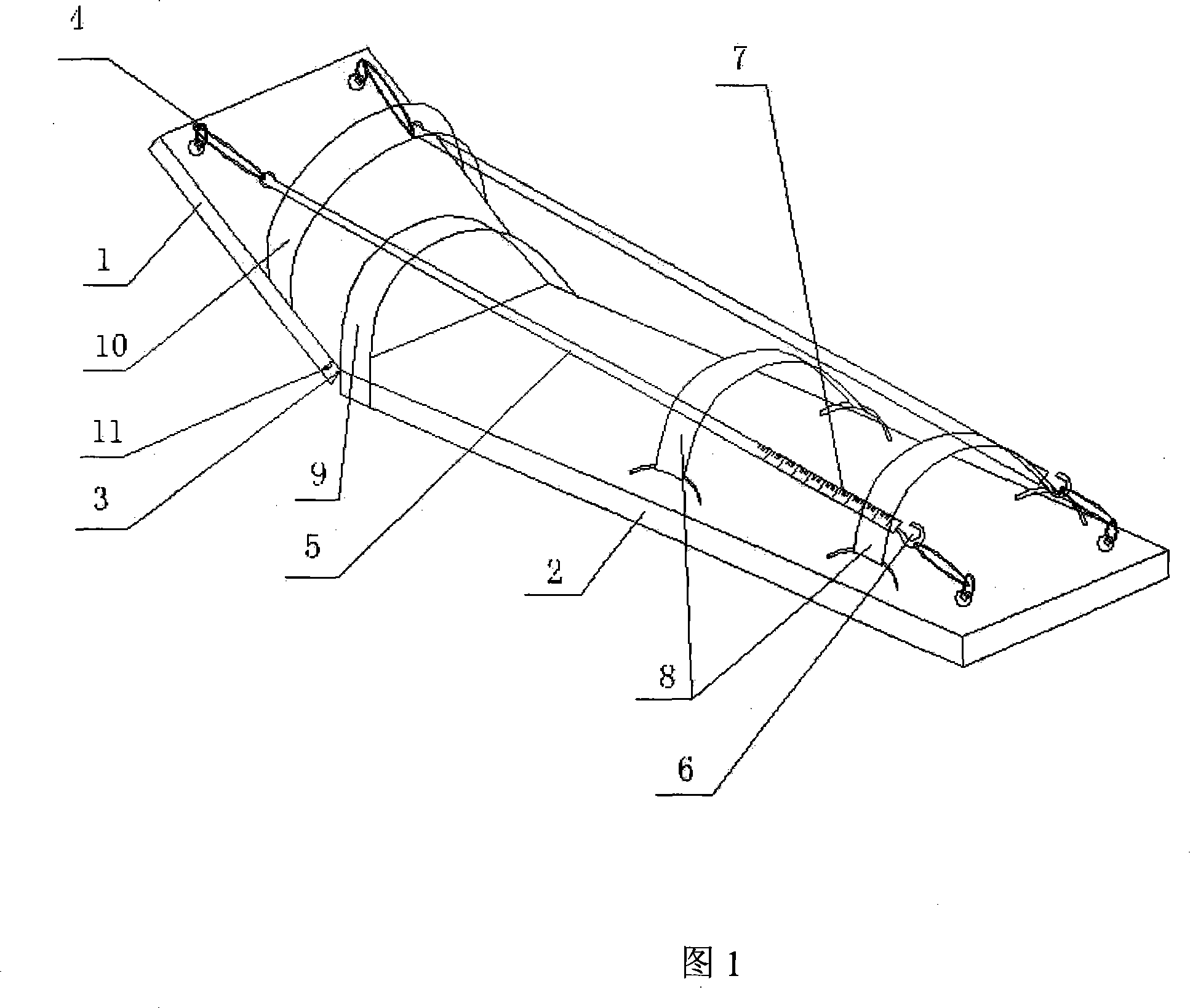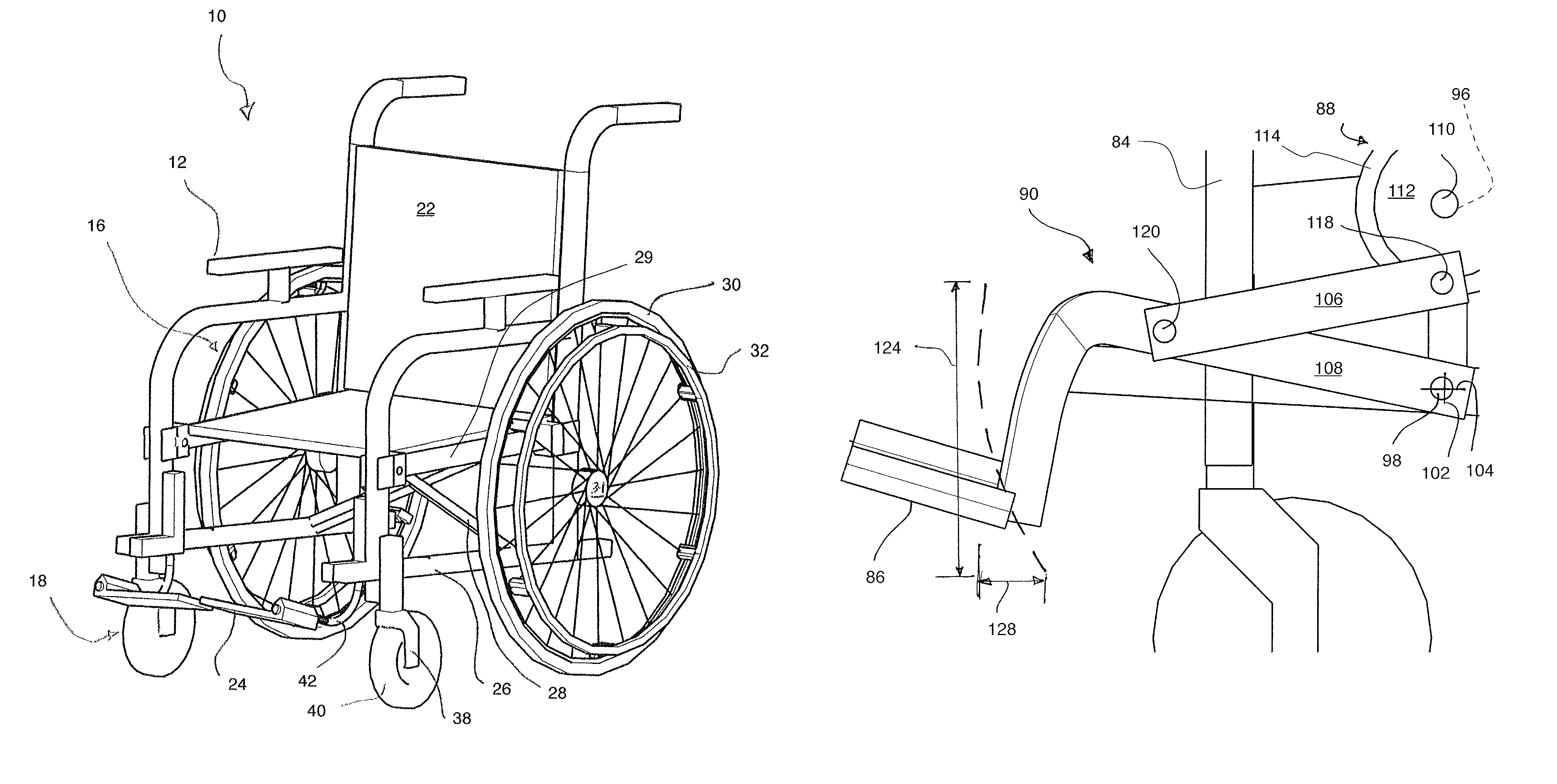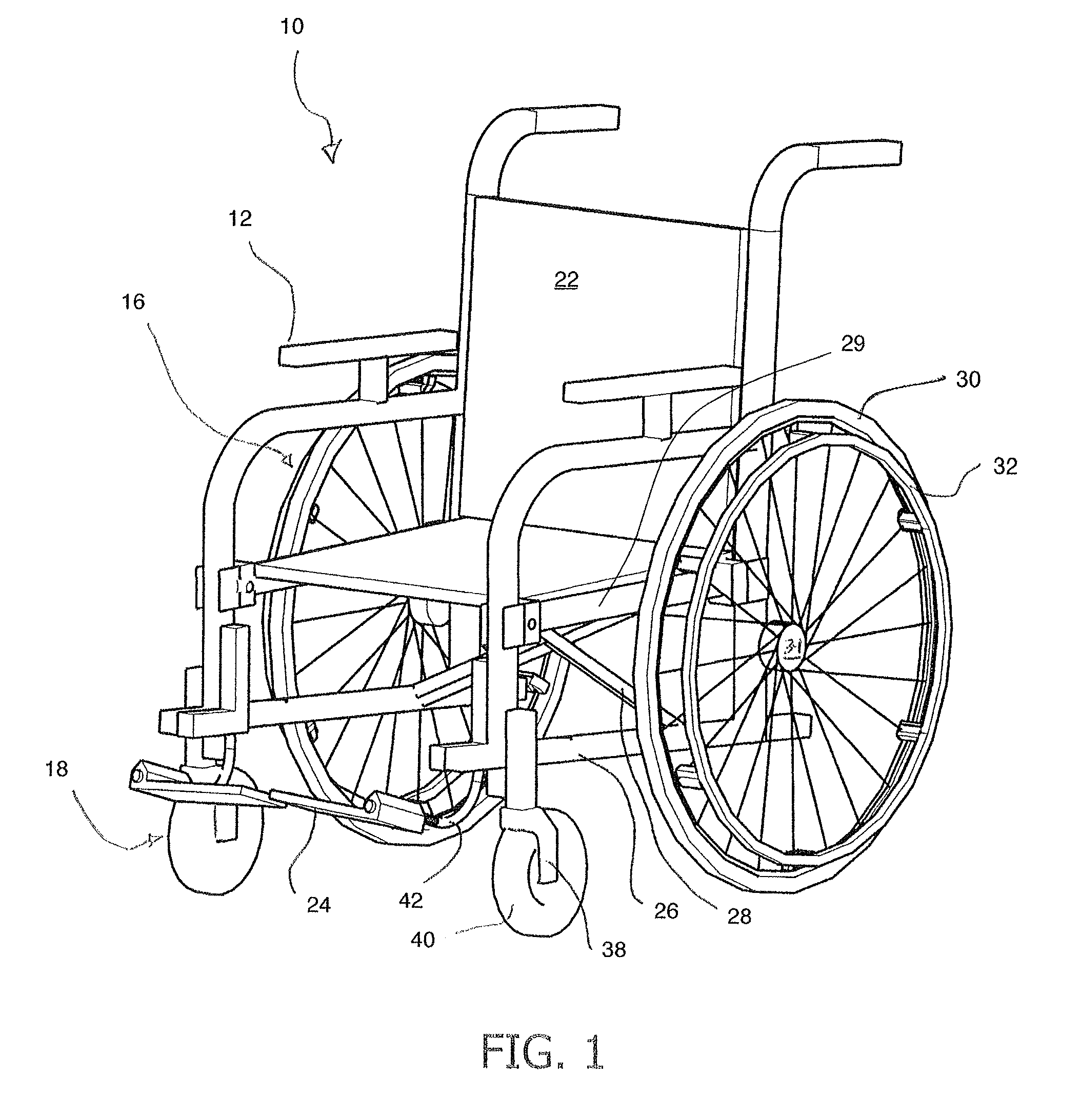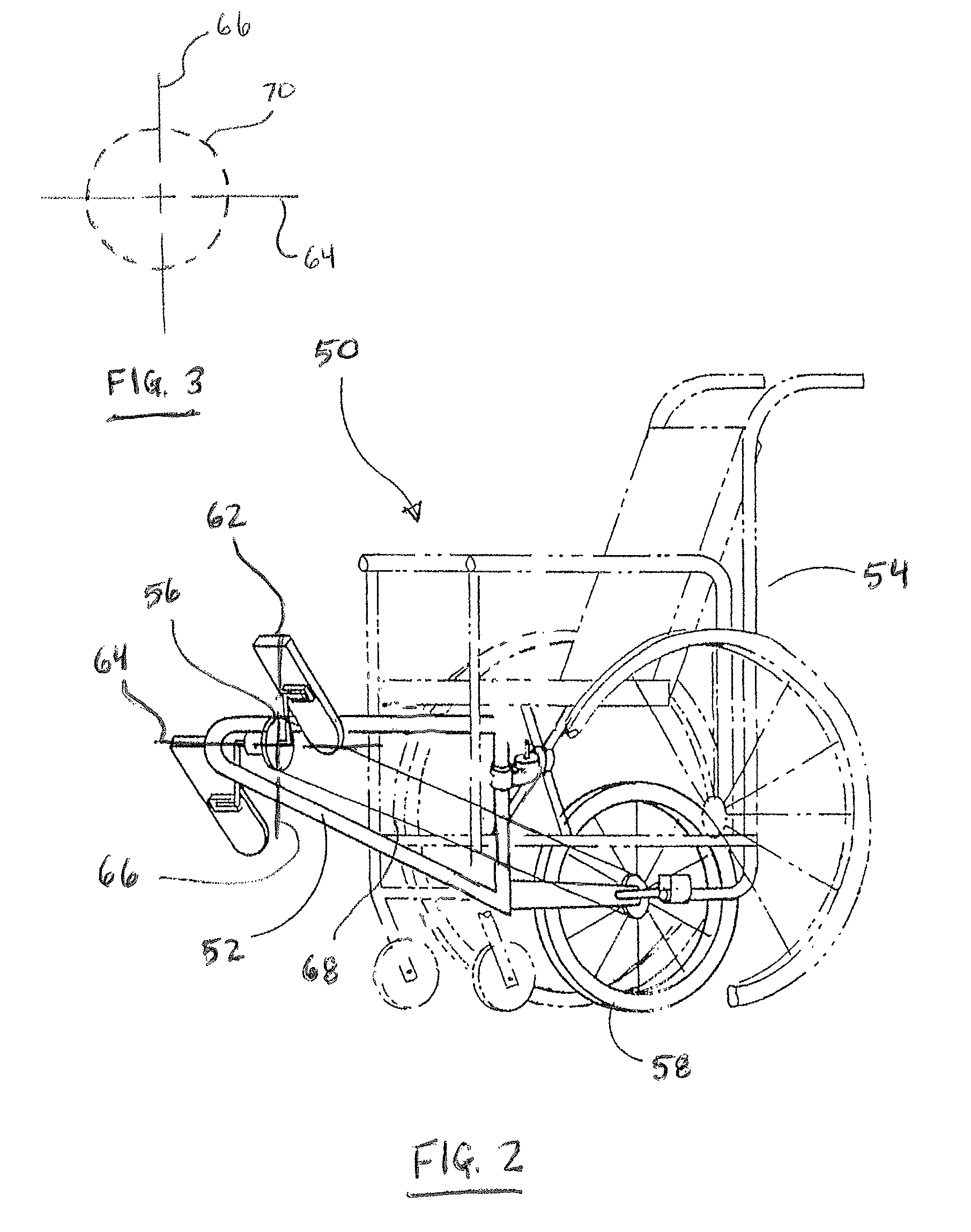Patents
Literature
Hiro is an intelligent assistant for R&D personnel, combined with Patent DNA, to facilitate innovative research.
171 results about "Contracture" patented technology
Efficacy Topic
Property
Owner
Technical Advancement
Application Domain
Technology Topic
Technology Field Word
Patent Country/Region
Patent Type
Patent Status
Application Year
Inventor
This article refers to permanent shortening of muscles, tendons, or ligaments. For short-term contraction of muscles, see Muscle contraction. A muscle contracture is a permanent shortening of a muscle or joint. It is usually in response to prolonged hypertonic spasticity in a concentrated muscle area, such as is seen in the tightest muscles of people with conditions like spastic cerebral palsy. Contractures are essentially muscles or tendons that have remained too tight for too long, thus becoming shorter. They develop when these normally elastic tissues are replaced by inelastic tissues. This results in the shortening and hardening of these tissues, ultimately causing rigidity, joint deformities, and a total loss of movement around the joint. Most of the physical therapy, occupational therapy, and other exercise regimens targeted towards people with spasticity focuses on trying to prevent contractures from happening in the first place. However, research on sustained traction of connective tissue in approaches such as adaptive yoga has demonstrated that contracture can be reduced, at the same time that tendency toward spasticity is addressed.
Biointerface membrane with macro-and micro-architecture
Disclosed herein are biointerface membranes including a macro-architecture and a micro-architecture co-continuous with and bonded to and / or located within at least a portion of the macro-architecture. The macro- and micro-architectures work together to manage and manipulate the high-level tissue organization and the low-level cellular organization of the foreign body response in vivo, thereby increasing neovascularization close to a device-tissue interface, interfering with barrier cell layer formation, and providing good tissue anchoring, while reducing the effects of motion artifact, and disrupting the organization and / or contracture of the FBC. The biointerface membranes of the preferred embodiments can be utilized with implantable devices such as devices for the detection of analyte concentrations in a biological sample (for example, from a body), cell transplantation devices, drug delivery devices, electrical signal delivering or measuring devices, and / or combinations thereof.
Owner:DEXCOM
Biointerface with macro- and micro-architecture
Owner:DEXCOM INC
Biointerface with macro-and micro-architecture
Disclosed herein are biointerface membranes including a macro-architecture and a micro-architecture co-continuous with and bonded to and / or located within at least a portion of the macro-architecture. The macro- and micro-architectures work together to manage and manipulate the high-level tissue organization and the low-level cellular organization of the foreign body response in vivo, thereby increasing neovascularization close to a device-tissue interface, interfering with barrier cell layer formation, and providing good tissue anchoring, while reducing the effects of motion artifact, and disrupting the organization and / or contracture of the FBC. The biointerface membranes of the preferred embodiments can be utilized with implantable devices such as devices for the detection of analyte concentrations in a biological sample (for example, from a body), cell transplantation devices, drug delivery devices, electrical signal delivering or measuring devices, and / or combinations thereof.
Owner:DEXCOM
Compositions and methods for treating contracture
InactiveUS20050186261A1Prevent and minimize contracture formationPrevent relapseBiocideMuscular disorderPsychiatryContracture
A method for treating contracture is provided that includes administering to a patient in need thereof a composition that includes a therapeutic agent effective in treating contracture. Compositions, devices, and kits for use in treating contracture are also described.
Owner:ANGIOTECH INT AG (CH)
Treatment and prevention of abnormal scar formation in keloids and other cutaneous or internal wounds or lesions
The present invention relates to findings that reducing the activity of Plasminogen Activator Inhibitor-1 (PAI-1) suppresses an excessive deposition of collagen which is known as a cause for the formation of abnormal scars. These abnormal scars include but are not limited to keloids, adhesions, hypertrophic scars, skin disfiguring conditions, fibrosis, fibrocystic conditions, contractures, and scleroderma, all of which are associated with or caused by an excessive deposit of collagen in a wound healing process. Accordingly, aspects of the present invention are directed to the reduction of PAI-1 activity to decrease an excessive accumulation of collagen, prevent the formation of an abnormal scar, and / or treat abnormal scars that result from an excessive accumulation of collagen. The PAI-1 activity can be reduced by PAI-1 inhibitors which include but are not limited to PAI-1 neutralizing antibodies, diketopiperazine based compounds, tetramic acid based compounds, hydroxyquinolinone based compounds, Enalapril, Eprosartan, Troglitazone, Vitamin C, Vitamin E, Mifepristone (RU486), and Spironolactone to name a few. Another aspect of the present invention is directed to methods of measuring PAI-1 activity in a wound healing process and determining the propensity of the formation of an abnormal scar.
Owner:CHILDRENS HOSPITAL OF LOS ANGELES +1
Double membrane tissue patching material and preparation method thereof
The invention discloses a double-layer membranous tissue repair material and a preparation method thereof, wherein, a cell-free membranous biological derivative material is used as a surface layer, and a fibroblast is compounded in the interior of a biological support material to form a substrate, and then the surface layer and the substrate are combined in a chimeric way to form the double-layer membranous tissue repair material; a compact surface layer structure can effectively reduce the loss of water, electrolytes and protein from surface of wound, avoid the invading and the reproduction of bacteria to the impaired surface of wound as well as prevent the infection of the surface of wound, thus being beneficial to epitheliosis and epithelial growth; the substrate can directly repair the surface of wound, promote the ingrowth of cells around the surface of wound and the angiogenesis, induce the differentiation from stem cells to skin cells and quicken wound healing; compared with the existing products, the tissue repair material has the advantages of being capable of promoting the regeneration of skin, improving the elasticity, the flexibility and the mechanical abrasion resistance of skin after the surface of wound is healed, reducing hyperplasia of scar tissues, controlling the contracture, having excellent biocompatibility, increasing the success rate of transplant and improving the quality of healing; the invention has wide material resources and simple production method; the double-layer membranous tissue repair material prepared is applicable to the clinical treatment of skin defect caused by inflammation, ulcer, thermal burns, iatrogenicity and the like.
Owner:SHAANXI RUISHENG BIOTECH
Lower limb rehabilitation training robot and training method thereof
InactiveCN103892989AEasy to wearEasy to operateGymnastic exercisingChiropractic devicesMuscle strengthKnee Joint
The invention relates to the field of medical facility automation, in particular to a lower limb rehabilitation training robot. The lower limb rehabilitation training robot comprises a lower limb rehabilitation training mechanism and a walking trolley mechanism. The lower limb rehabilitation training mechanism comprises a waist fixing base, hip joint motors, thigh connecting rods, thigh fixing belts, knee joint motors, crus connecting rods, crus fixing belts, ankle joint motors and sole supporting bases. The waist fixing base and the thigh connecting rods, the thigh connecting rods and the crus connecting rods, and the crus connecting rods and the sole supporting bases are connected respectively through rotating pairs, and rotate relatively by a certain angle under driving of the related motors to form coordinating gait movement. The walking trolley mechanism comprises a trolley frame, wheels, a handle and a hanging belt. The lower limb rehabilitation training mechanism is used for rehabilitation training of the aspects such as muscular strength, mobility of joint and coordination after lower limb contracture of limb hemiplegic patients, the control principle is simple, wearing and operation are easy, the application range is wide, and patients can select different modes for training according to different rehabilitation stages.
Owner:崔建忠 +2
Lower limb function training device
InactiveUS6780142B1Chiropractic devicesMovement coordination devicesDropping footPhysical medicine and rehabilitation
A lower limb function training device which the patient oneself can use safely with no sense of fear, which is used to prevent or improve a drop foot contracture or to expand the excursion of a joint while preventing the patient from using it over an appropriate amount of exercise to the utmost, which allows the patient to select the type of exercise, and which enables measurement of state of the body.The device is provided with a contact sensor, a foot rest on which the feet of the patient rest and selectively moves back and forth or rocks vertically, a movement counter for counting the back-and-forth movements or vertical rockings of the foot rest, and a brake device for braking the back-and-forth movement or vertical rocking of the foot rest when the count reaches a preset value.
Owner:TAKIZAWA SHIGEO +1
Botulinum nanoemulsions
ActiveUS8318181B2Without significant irritationCosmetic preparationsNervous disorderToxinMuscle contracture
The embodiment described herein are related nanoemulsions comprising botulinum toxins. In one embodiment, the nanoemulsions are prepared by high pressure microfluidization and comprise a particle size distribution exclusively between 10 and 300 nm. The nanoemulsions contemplated by the present invention are useful for the cosmetic and medical treatment of muscular contracture states. For example, botulinum toxin may relax facial muscles such that skin wrinkles become smoother and less noticeable. Further, the present invention contemplates a cosmetic formulation that may be self-administered, for example, in the privacy of one's home and without medical supervision.
Owner:UNIVERSITY OF MASSACHUSETTS LOWELL
Double layer artificial skin and preparation method thereof
The invention discloses a double-layer artificial skin and a preparation method thereof, wherein, cell-free membranous biological derivative material is used as a surface layer, and a fibroblast, extracellular matrix synthesized and secreted by the fibroblast and a cell growth factor are compounded in the interior of biological support material to form a dermis, and then the surface layer and the dermis are combined to form the double-layer artificial skin; a compact surface layer structure can effectively reduce the loss of water, electrolytes and protein from surface of wound, avoid the invading and the reproduction of bacteria to the impaired surface of wound as well as the infection of the surface of wound, and be beneficial to epitheliosis and epithelial growth; the dermis can directly repair the surface of wound, promote the ingrowth of cells around the surface of wound and the angiogenesis, induce the differentiation from stem cells to skin cells and quicken wound healing; the artificial skin has the advantages of being capable of promoting the regeneration of skin, improving the elasticity, the flexibility and the mechanical abrasion resistance of skin after the surface of wound is healed, reducing excess scar tissues, controlling the contracture, having excellent biocompatibility, increasing the success rate of transplant and improving the quality of healing; the double-layer artificial skin has wide material resources and simple production method, and is applicable to the clinical treatment of skin defect caused by inflammation, ulcer, thermal burns, iatrogenicity and the like.
Owner:SHAANXI RUISHENG BIOTECH
Botulinum nanoemulsions
ActiveUS20120164182A1Without significant irritationCosmetic preparationsNervous disorderHigh pressureMimetic Muscles
The embodiment described herein are related nanoemulsions comprising botulinum toxins. In one embodiment, the nanoemulsions are prepared by high pressure microfluidization and comprise a particle size distribution exclusively between 10 and 300 nm. The nanoemulsions contemplated by the present invention are useful for the cosmetic and medical treatment of muscular contracture states. For example, botulinum toxin may relax facial muscles such that skin wrinkles become smoother and less noticeable. Further, the present invention contemplates a cosmetic formulation that may be self-administered, for example, in the privacy of one's home and without medical supervision.
Owner:UNIVERSITY OF MASSACHUSETTS LOWELL
Degradable expandable local urine tract intracavity support system
InactiveCN106473847AAct as temporary support for expansionAvoid complicationsStentsSurgeryStricture obstructionEndoluminal stent
The invention provides a degradable expandable local urine tract intracavity support system to effectively support a local lesion urine tract after urine tract stricture obstruction surgery and to prevent stricture obstruction replase due to postoperation scar hyperplasia and contracture. The support system is made of degradable material and can be degraded after scar stability and before adhesive lithogenesis formation and can be discharged with urine outside the body; and the support system comprises but is not confined to a naked rack, a drug eluting stent or a drug coating layer rack, a film covering rack, etc. The support is compressed into an exotheca with small caliber and then released after reaching a target urine tract position, then expanded and enlarged to support the lesion urine tract; the internal diameter and length of the support can be adjusted according to clinic demands; and compared with traditional double J type ureter racks and catheters, interference and damage to normal urine tract except for the stricture part can be avoided, and limitation of rack lumen inner diameter by the urine tract physiological stricture part can be avoided.
Owner:曹庆杰 +1
Botulinum nanoemulsions
ActiveUS20140099342A1Cosmetic preparationsPeptide/protein ingredientsHigh pressureMuscle contracture
The embodiment described herein are related nanoemulsions comprising botulinum toxins. In one embodiment, the nanoemulsions are prepared by high pressure microfluidization and comprise a particle size distribution exclusively between 10 and 300 nm. The nanoemulsions contemplated by the present invention are useful for the cosmetic and medical treatment of muscular contracture states. For example, botulinum toxin may relax facial muscles such that skin wrinkles become smoother and less noticeable. Further, the present invention contemplates a cosmetic formulation that may be self-administered, for example, in the privacy of one's home and without medical supervision.
Owner:UNIVERSITY OF MASSACHUSETTS LOWELL
Amelioration of Dupuytren's disease
The cords of Dupuytren's disease are injected with collagenase, the hand is immediately immobilized and maintained immobile for several hours. The cord becomes relaxed or ruptured, relieving the hand contracture of the disease.
Owner:ADVANCE BIOFACTURES
Active and passive synchronous rehabilitation training machine for upper limbs and lower limbs
ActiveCN104840331AAppropriate and adequate trainingDifferent training intensityGymnastic exercisingChiropractic devicesEngineeringClockwise
The invention discloses an active and passive synchronous rehabilitation training machine for the upper limbs and the lower limbs and belongs to the technical field of medical equipment. The active and passive synchronous rehabilitation training machine for the upper limb and the lower limb comprises a synchronous belt drive device, a hand training device, a foot training device, a torsional spring and torque adjusting device and a damping speed reducing device. The torsional spring and torque adjusting device provides damping force for the foot training device when the foot training device rotates clockwise. The damping speed reducing device provides damping force for the foot training device when the foot training device rotates anticlockwise. The synchronous belt drive device drives the hand training device and the foot training device to rotate synchronously. Active and passive synchronous training of the upper limb and the lower limb is achieved by means of the mode of combining a torsional spring and a one-way damper, and the training machine has the good rehabilitation training effects on ankylosis, contracture, osteoporosis and the like, can meet the requirement of rehabilitation medicine clinic, and has the advantages of being simple in structure, convenient to operate, safe and reliable in operation, low in cost and high in practicality.
Owner:山东泉志医疗科技有限责任公司
Cell-less composite type artificial skin and preparation thereof
The invention relates to a cell-free compound artificial skin and a preparation method thereof. The compound skin of the invention is provided with a double layer structure of a dermis layer and an epidermis layer; the dermis layer is a loose porous structure made of extracellular matrix; gel-shaped epidermis-like materials are coated on the upper surface of the dermis layer to solidify, thus forming the epidermis layer, and the epidermis layer is inserted into a void structure of the surface of the dermis layer; compared with the existing skin substitutes, the skin of the invention has the functions of promoting the regeneration of wound skin, enhancing the elasticity, flexibility and mechanical wear resistance of the skin after the wound is healed, reducing the scar proliferation, controlling the contracture, improving the success rate of skin implantation and improving the healing quality; the skin of the invention has a sustained release function and can make individual-based treatment for different diseases by releasing different drugs and being directly applied to the treatment of skin defects caused by inflammations, ulcers, burn wounds and iatrogenic causes; the epidermis layer and the dermis layer are embedded together organically with a tight structure; the shapes, sizes and the thicknesses of the skin can be prepared according to specific requirements. The skin of the invention has wide sources of preparation materials, simple production process, short production period, long period of product storage and convenient transportation.
Owner:西安组织工程工程技术研究中心
Fluoelectrolysis reactor and reaction method
The invention discloses a fluorinated and electrolytic reactor and a reaction method. The reactor includes an electrolytic reaction still, electropads, negative and positive electrode outlet terminals, negative and positive electrode fitted rods, an upper clip, a lower clip, a rotation shaft, a generator and a flow guide ring. Every electropad of similar shape is superposed according to presupposition distance, the middle portion is equipped with at least a first-deflector hole and every first-deflector hole forms into a first-diversion trench. Every electropad is provided with a pair of negative and positive fitted holes which are inserted by the negative and positive fitted rods to fix the electropads and are fixedly connected with every clip. The rotation shaft is fixedly connected with the upper clip, and the generator is connected with the rotation shaft. The electrolytic solution between the electropads can flow orderly by rotating the electropads. The invention has the advantages of simple contracture, convenient assembling and disassembling and high volume rate. The product of the reactor is easy to be controlled and be outlet, which enables the reaction product to better collected and be discharged, improves the productivity of the product, and enlarges the variety of the fluorinated product of electrolytic reaction and the range of use of the electrolysis trench. Besides, the invention also solves the problem that the fluorinated electrolysis trench is difficult to be made bigger.
Owner:叶元珠
Methods of treating fibrotic diseases using tetrahydrocannabinol-11-oic acids
This invention is in the field of medicinal chemistry and relates to novel compounds, and pharmaceutical compositions and methods of use thereof for the treatment and / or prevention of fibrotic diseases including scleroderma, systemic sclerosis, scleroderma-like disorders, sine scleroderma, liver cirrhosis, interstitial pulmonary fibrosis, Dupuytren's contracture, keloids, chronic kidney disease, chronic graft rejection, and other scarring / wound healing abnormalities, post operative adhesions, and reactive fibrosis. The invention also relates to methods of using the compounds and pharmaceutical compositions of this invention to treat fibrotic conditions.
Owner:CORBUS PHARM INC
Product and method for treating keloid scars, hypertrophic scars and burn scars with contracture
A method of treating keloid scars, hypertrophic scars or burn scars with contracture includes administering low molecular weight hyaluronic acid to the keloid scar, hypertrophic scar or burn scar with contracture.
Owner:COLE RES & DESIGN
Treatment and prevention of abnormal scar formation in keloids and other cutaneous or internal wounds or lesions
InactiveCN1668312AReduced uPA activityImmunoglobulins against animals/humansMuscular disorderVitamin CFibrosis
Owner:CHILDRENS HOSPITAL OF LOS ANGELES +1
Collagenase g and collagenase h compositions for the treatment of diseases involving alterations of collagen
ActiveUS20130287759A1Reduce doseGood curative effectHydrolasesPeptide/protein ingredientsDiseaseAnatomy
Compositions comprising collagenase G and collagenase H (in a ratio between 1:2.5 and 1:3.5), optionally formulated in hydrogels, and its uses as medicament for the treatment of diseases involving alterations of collagen, such as fibromatosis, palmar Dupuytren's contracture, La Peyronie's disease, Ledderhose's disease or retractable scars.
Owner:PROTEOS BIOTECH S L U
Respiration indication device for spine reduction system
InactiveCN107041747AEffective rehabilitationSafe recoveryElectrotherapyMedical devicesAbdominal respirationDisease
A respiration indication device for a spine reduction system is provided. The spine reduction system can treat muscle slight contracture and muscle muscular tension due to unhealthy living habits and diseases of modern peoples. Muscular tension tends to occur in muscle groups attached on or associated with two sides of a spine, and spine fatigue, overload and even deformation occur as time passes. In the field of spine recovery, a mechanical force and an electric field are applied to relieve muscular tension when spine traction and fixation is performed, which is an effective treatment means. The invention provides a plurality of treat means, electrotherapy and magnet therapy are combined effectively, discharging is induced by human body muscular tension relevant ganglia, and a plurality of muscle heath indexes can be effectively improved; and self adaptive adjustment is performed in real time with myoelectricity detection so as to acquire a better treatment effect. In the magnet therapy process, to achieve a good time, the respiration indication device can prompt a patient to perform abdominal respiration to match the magnet therapy under the management of a control device, and excess interference of evoked potentials and normal human body cardiac electricity can be avoided.
Owner:NORTH CHINA UNIVERSITY OF SCIENCE AND TECHNOLOGY
Lower limb function training device
InactiveUS7641591B2Preventing the excessive exercise of a patientChiropractic devicesFrictional force resistorsDropped footDropping foot
A lower limb function training device which the patient themselves can use safely with no sense of fear, which is used to prevent or improve a drop foot contracture or to expand the excursion of a joint while preventing the patient from using it over an appropriate amount of exercise to the utmost, which allows the patient to select the type of exercise, and which enables measurement of state of the body. The device is provided with a foot rest support structure, a foot rest drive mechanism and a round-trip movement sensing device, and a brake device for braking the round-trip movement of the foot rest when the count reaches a preset value. The device is provided with a foot rest support structure, a foot rest drive mechanism and at least one contact sensor on a surface of the foot rest, and a brake device for braking the back-and-forth movement of the foot rest when the at least one contact sensor detects the soles of the feet contacting.
Owner:TAKIZAWA SHIGEO +1
3D printing technology based limb orthosis for stroke patient and manufacturing method
InactiveCN105496618APreventing and Treating CrampsPrevent and treat contracturesMedical scienceFoot supportsEngineering
The invention provides a 3D printing technology based limb orthosis for a stroke patient and a manufacturing method. The limb orthosis comprises a finger separating plate and a foot support, wherein the finger separating plate comprises a plate body in a shape of a hand with fingers stretched, a thumb slot, palm finger slots and a palm groove are formed in the upper surface of the plate body, multiple first air holes are formed in the bottom of each of the thumb slot, the palm finger slots and the palm groove, and bandage penetrating holes are formed on two sides of the plate body and between the adjacent two palm finger slots; the foot support comprises a main body, the main body comprises a first sheet part and a second sheet part, and the first sheet part and the second sheet part integrally form an approximate 'L'-shaped structure. The 3D printing technology based limb orthosis is simple in structure, spasm and contracture of fingers and feet in the limb rehabilitation process of the stroke patient can be prevented and treated, the limb orthosis manufactured with a 3D printing technology can enlarge the attaching area of limb skin, reduces the local pressure and improves the comfort, wearing of the patient is better facilitated, the utilization rate of the orthosis is increased, and the limb rehabilitation effect is improved.
Owner:SHANGHAI OUMU HEALTH MANAGEMENT CONSULTING CO LTD
Compositions and methods for treating contracture
InactiveUS20090203632A1Prevent relapsePrevent and minimize formationBiocideMuscular disorderPsychiatryContracture
A method for treating contracture is provided that includes administering to a patient in need thereof a composition that includes a therapeutic agent effective in treating contracture. Compositions, devices, and kits for use in treating contracture are also described.
Owner:ANGIOTECH INT AG (CH)
Finger Splint Device for Preventing Contractures and the Like and Method of Using Same
InactiveUS20100004576A1Avoiding common skin-related ailmentEasy to placeFractureFinger splintEngineering
A finger splint device, particularly a finger splint device used to treat and relieve muscle contractures occurring in one or more fingers, comprises a shaped brace and a securing means for securing the finger splint device to the hand of the person wearing it. When wearing the finger splint device, no portion of the device covers the person's palm. The person is therefore able to have direct contact between his or her palm and the object the person desires to touch with his or her palm.
Owner:MOLNAR KATHLEEN
Benzazole derivatives for the treatment of scleroderma
InactiveUS20050119277A1Reduce usageUseful in treatmentOrganic active ingredientsBiocideDiseasePostoperative adhesion
The present invention is related to the use of benzazole derivatives of formula (I) for the treatment and / or prevention of scleroderma and its therapeutic implications selected in the group consisting of systemic sclerosis, scleroderma-like disoders, sine scleroderma, liver cirrhosis, interstitial pulmonary fibrosis, Dupuytren's contracture, keloid and other scarring / wound healing abnormalities, postoperative adhesions and reactive fibrosis, as well as chronic heart failure, in particular after myocardial infarction.
Owner:MERCK SERONO SA
Lower limb function training device
InactiveUS20040198564A1Chiropractic devicesWalking aidsPhysical medicine and rehabilitationDropped foot
A lower limb function training device which the patient themselves can use safely with no sense of fear, which is used to prevent or improve a drop foot contracture or to expand the excursion of a joint while preventing the patient from using it over an appropriate amount of exercise to the utmost, which allows the patient to select the type of exercise, and which enables measurement of state of the body. The device is provided with a contact sensor, a foot rest on which the feet of the patient rest and selectively moves back and forth or rocks vertically, a movement counter for counting the back-and-forth movements or vertical rocking of the foot rest, and a brake device for braking the back-and-forth movement or vertical rocking of the foot rest when the count reaches a preset value.
Owner:TAKIZAWA SHIGEO +1
Ankle foot healing retractor
InactiveCN101112336AReduce the effort of pulling with bare handsShorten the timeFractureDiseaseInjury brain
The present invention provides an ankle foot rehabilitation traction device, which adopts a foot supporting board 1 and a lower leg fixed board 2 that are movably connected, and fixed belts are respectively arranged on the foot supporting board 1 and the lower leg fixed board 2. When in use, the foot and the leg are respectively fixed on the foot supporting board 1 and the lower leg fixed board 2 by the fixed belts, thereby carrying out the traction and rehabilitation training. The present invention can ease the problems of strenuous traction by hand of the rehabilitation therapist, short duration time and no method to quantify, etc.; at the same time, the present invention provides a convenient training equipment with the simple operation, easy mastery and exact effect, which can solve the problem that the patients can not or are inconvenient to go to the rehabilitation medical institutions for treatment due to various reasons, thereby reducing the burden of the family rehabilitation nursing staff. The present invention is applicable to prevention, training and treatment issues of ankle foot joint contracture complications caused by brain diseases, brain injuries, spinal cord injuries, fractures of ankle foot part, burns of ankle foot part and other diseases.
Owner:王中立
Atrophy-reducing movable foot support apparatus
InactiveUS7922187B2Promote resultsReducing atrophy of the wheelchair user's legsWheelchairs/patient conveyanceStoolsAtrophyReciprocating motion
Owner:BONNIE FREMGEN
Features
- R&D
- Intellectual Property
- Life Sciences
- Materials
- Tech Scout
Why Patsnap Eureka
- Unparalleled Data Quality
- Higher Quality Content
- 60% Fewer Hallucinations
Social media
Patsnap Eureka Blog
Learn More Browse by: Latest US Patents, China's latest patents, Technical Efficacy Thesaurus, Application Domain, Technology Topic, Popular Technical Reports.
© 2025 PatSnap. All rights reserved.Legal|Privacy policy|Modern Slavery Act Transparency Statement|Sitemap|About US| Contact US: help@patsnap.com
